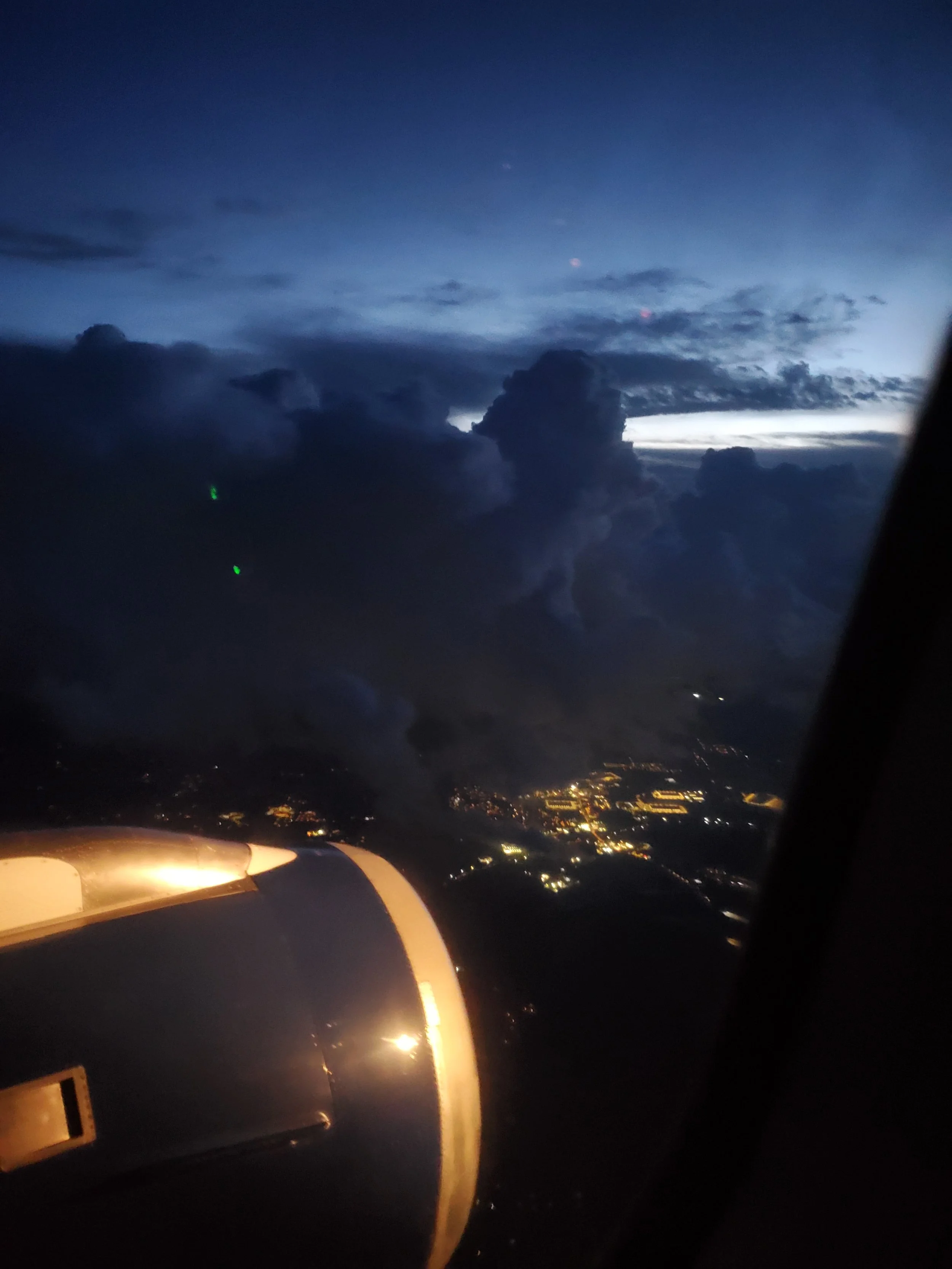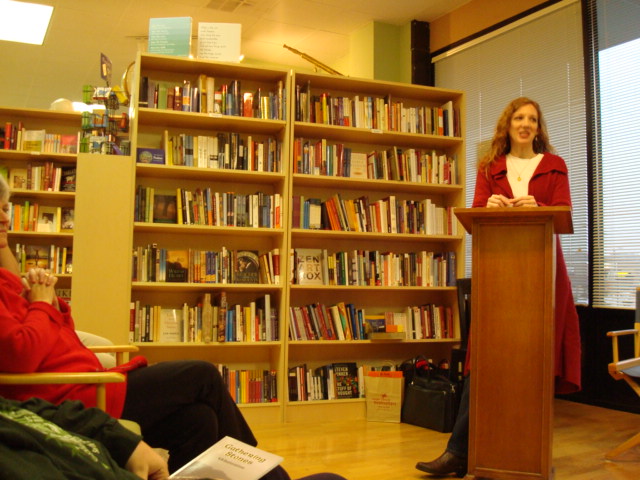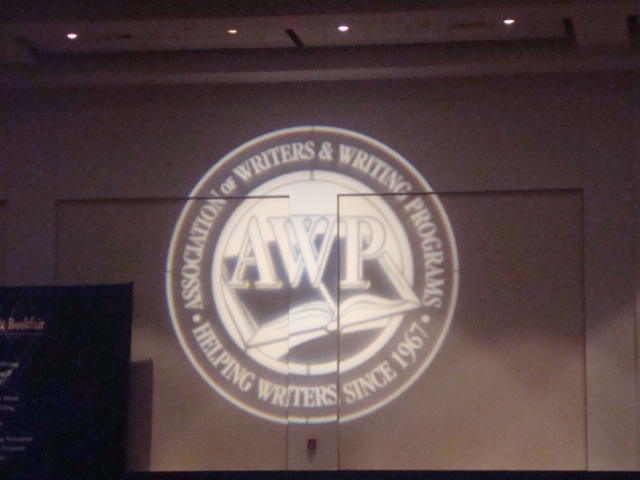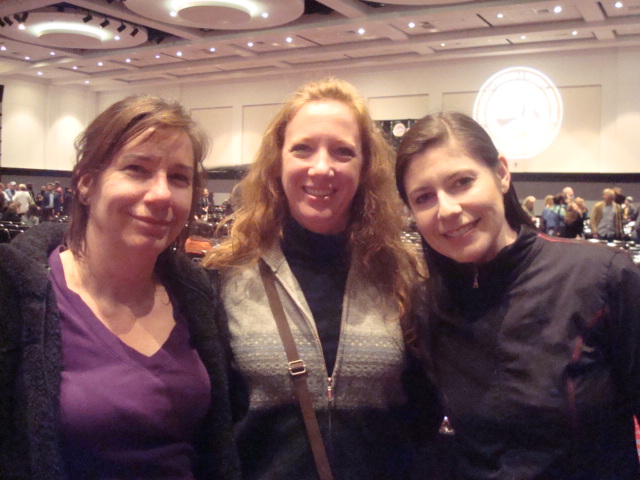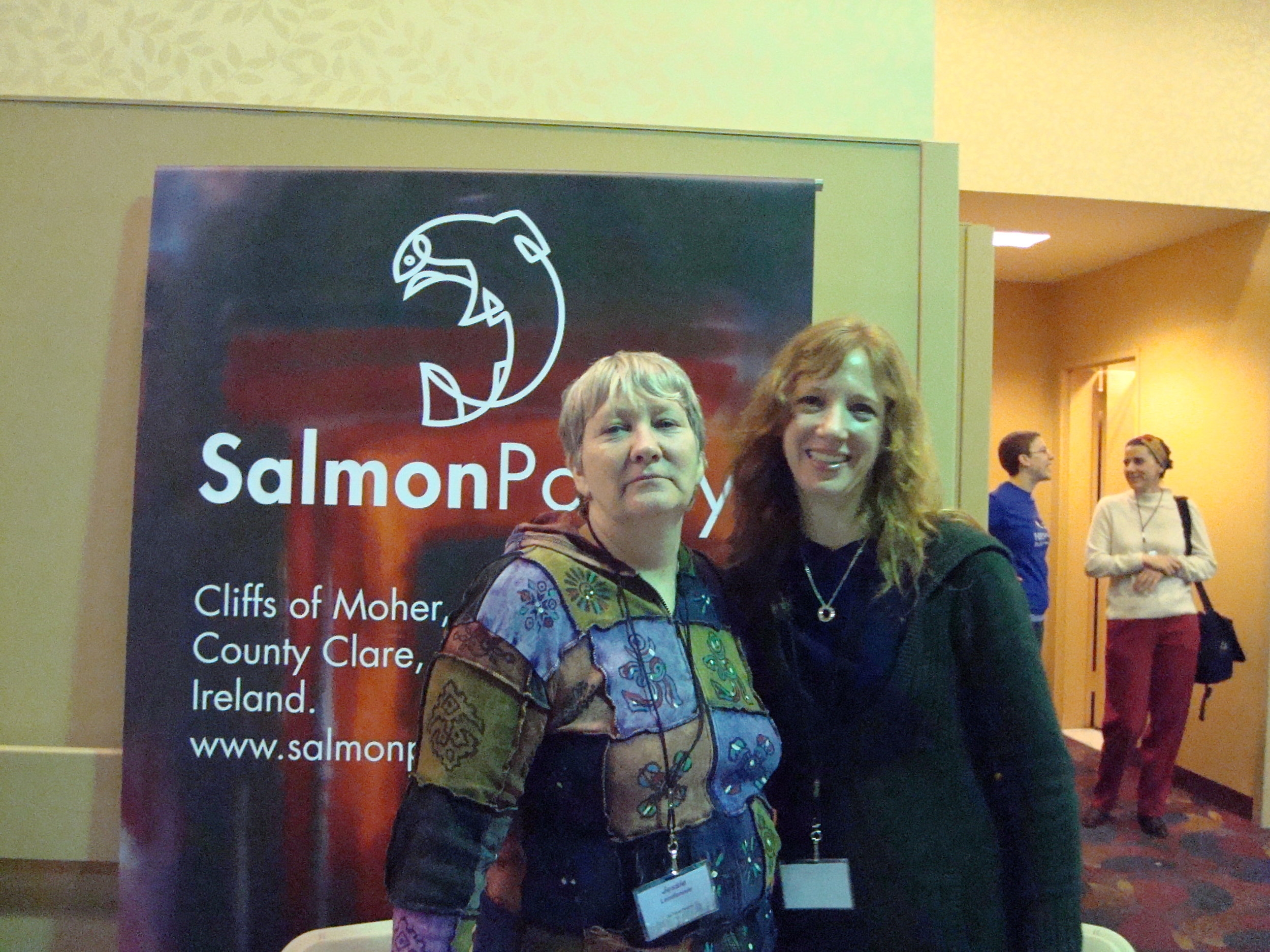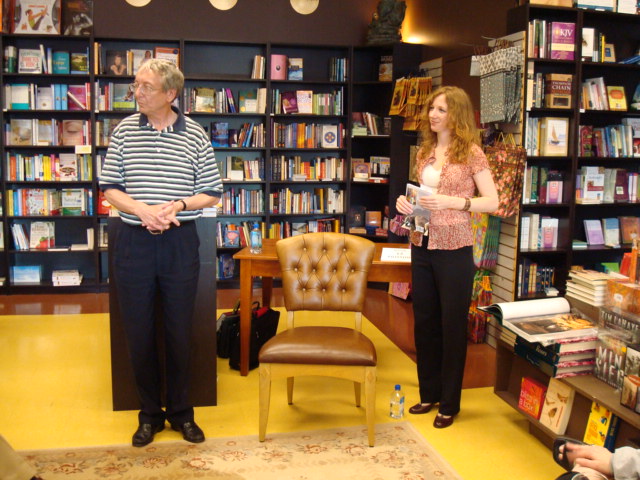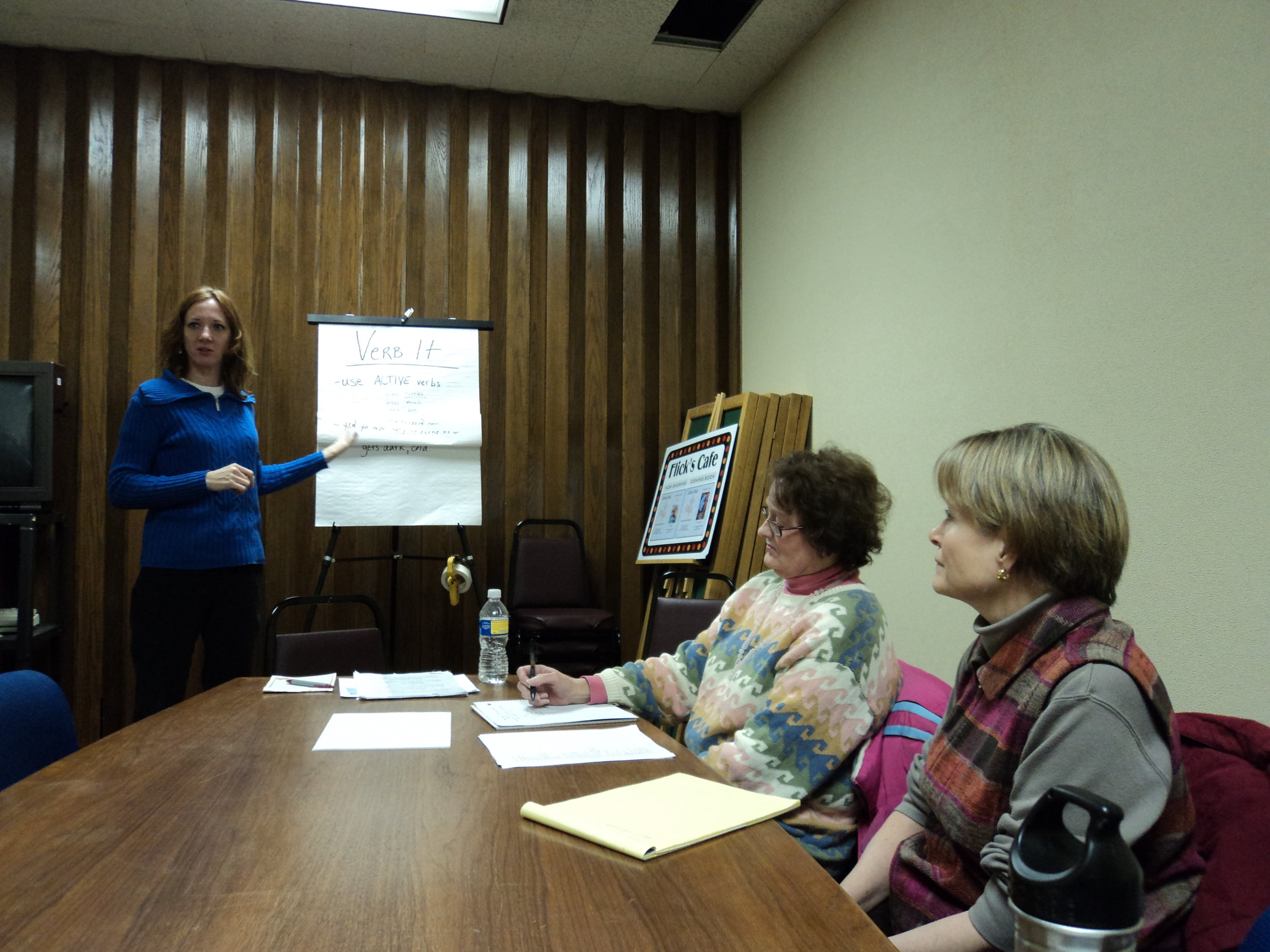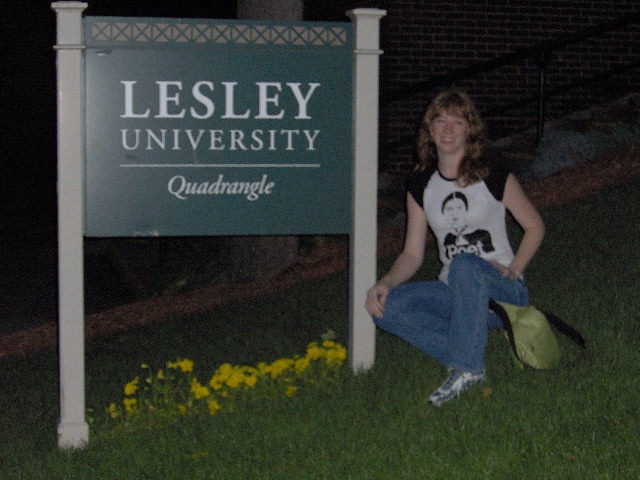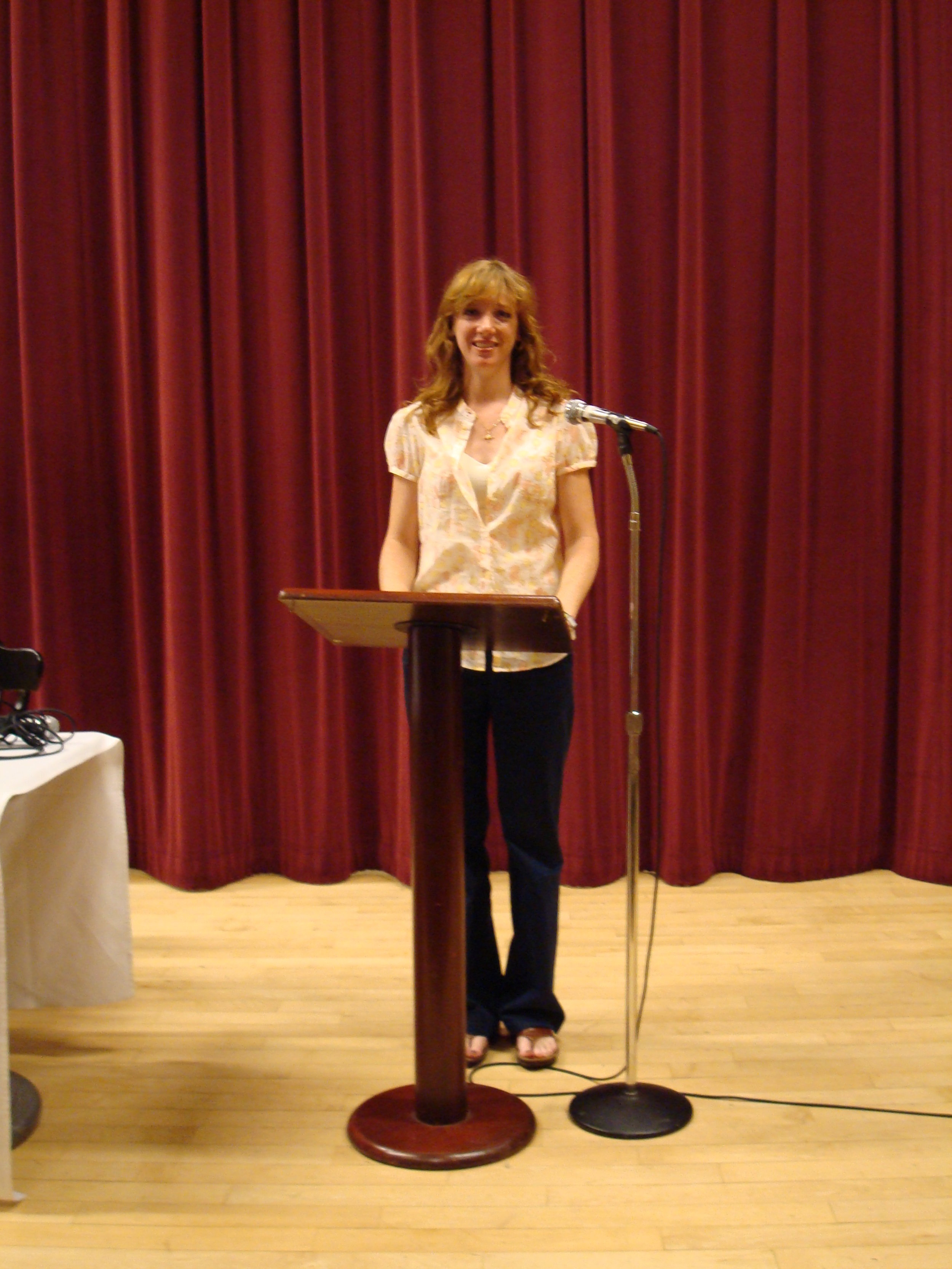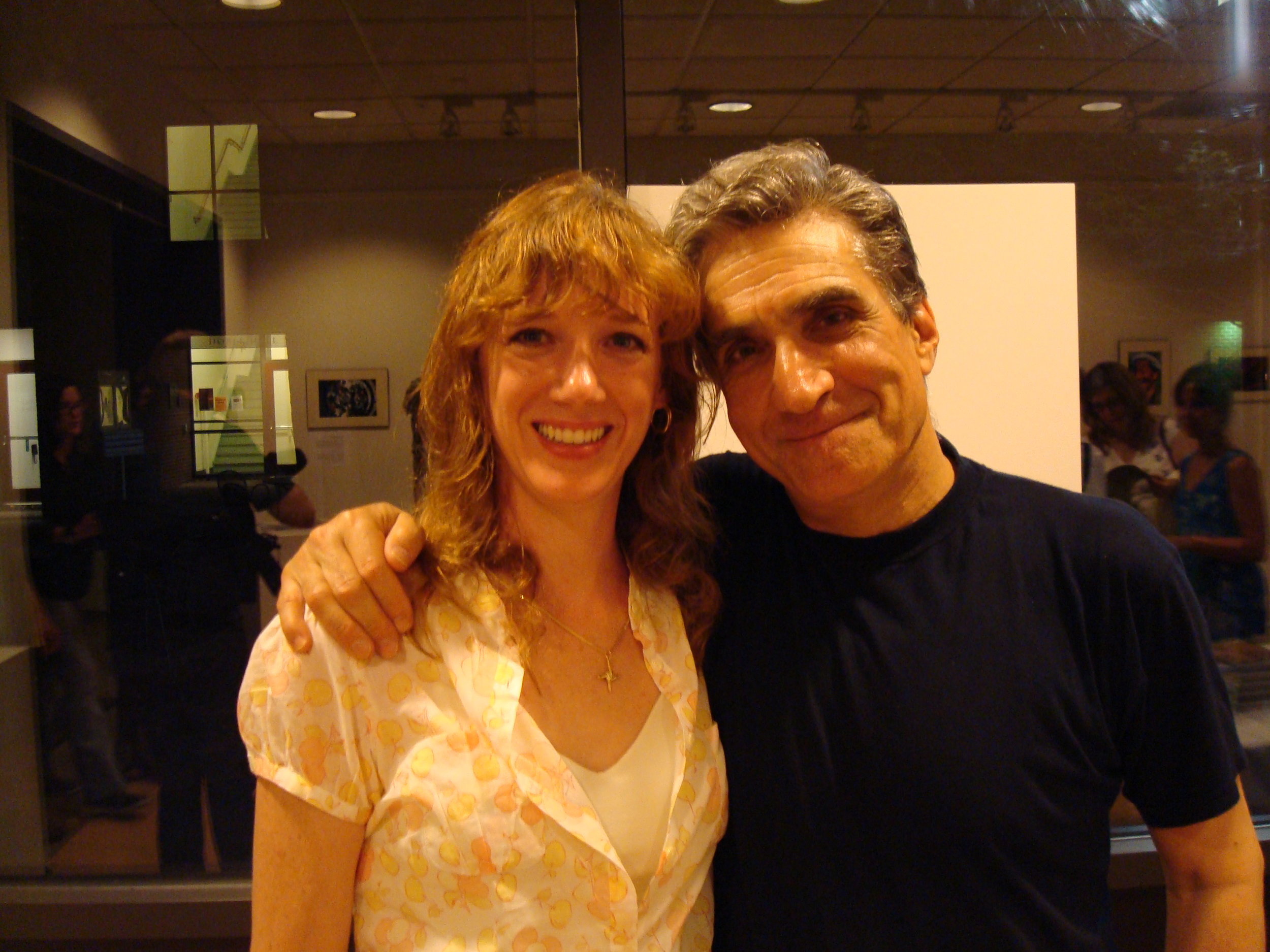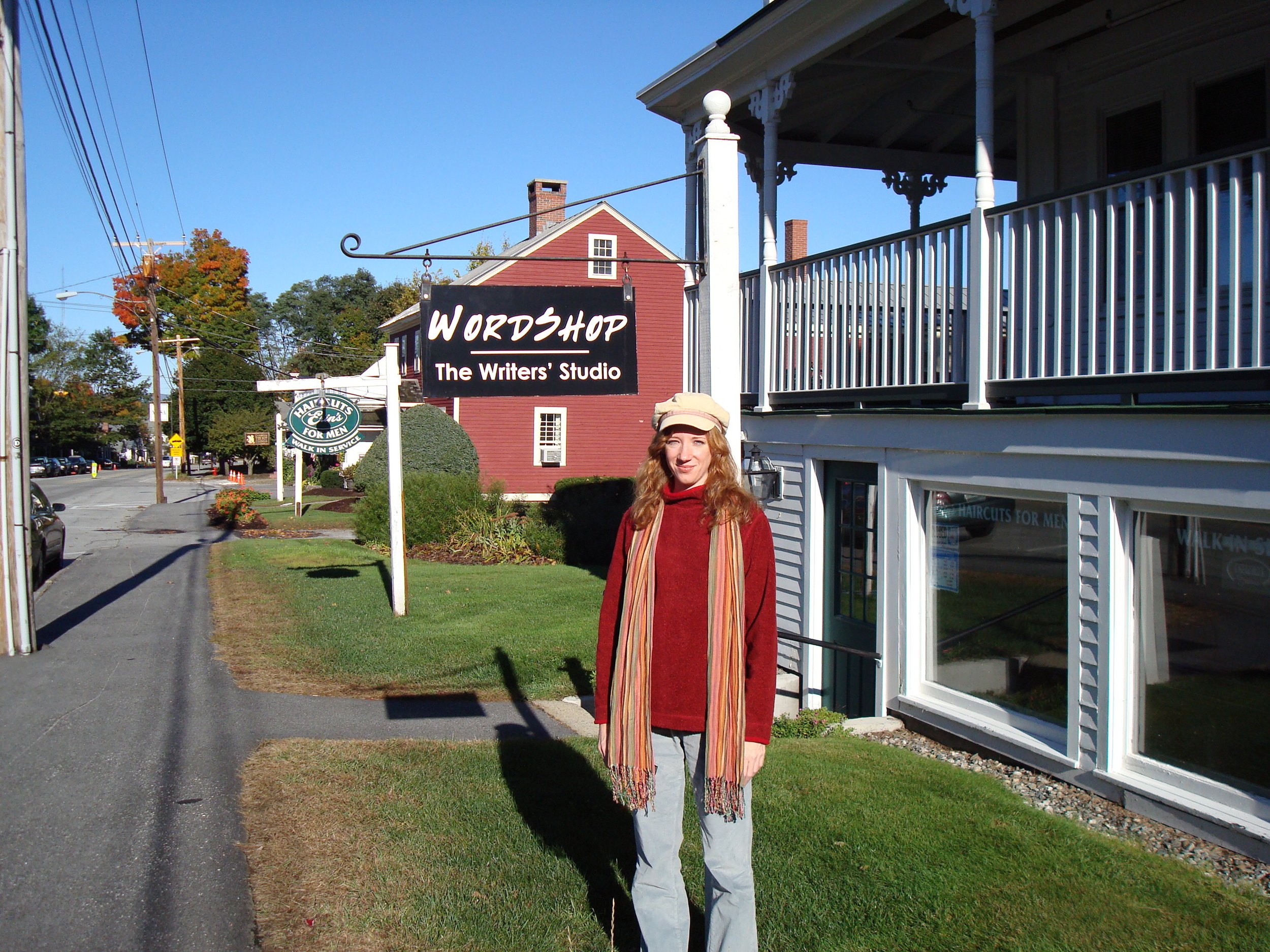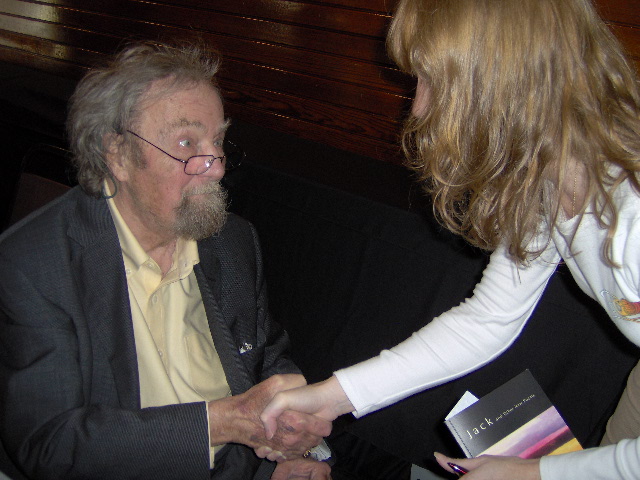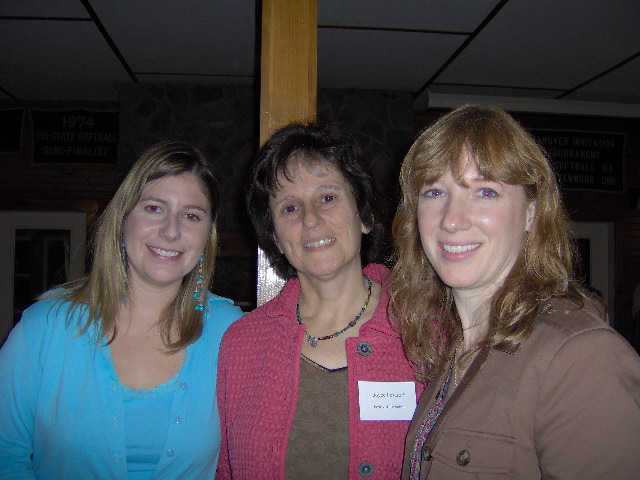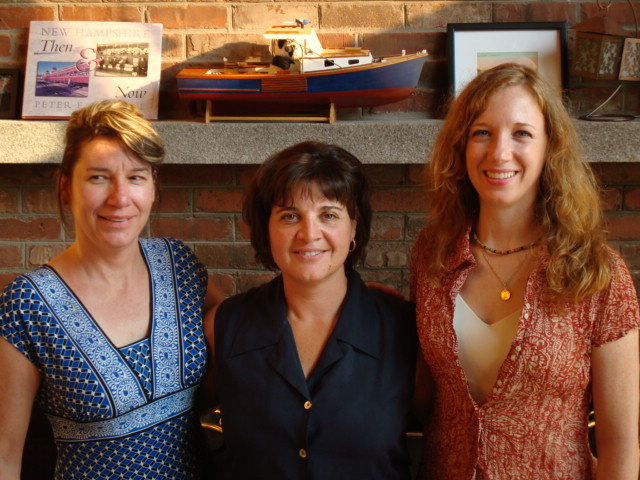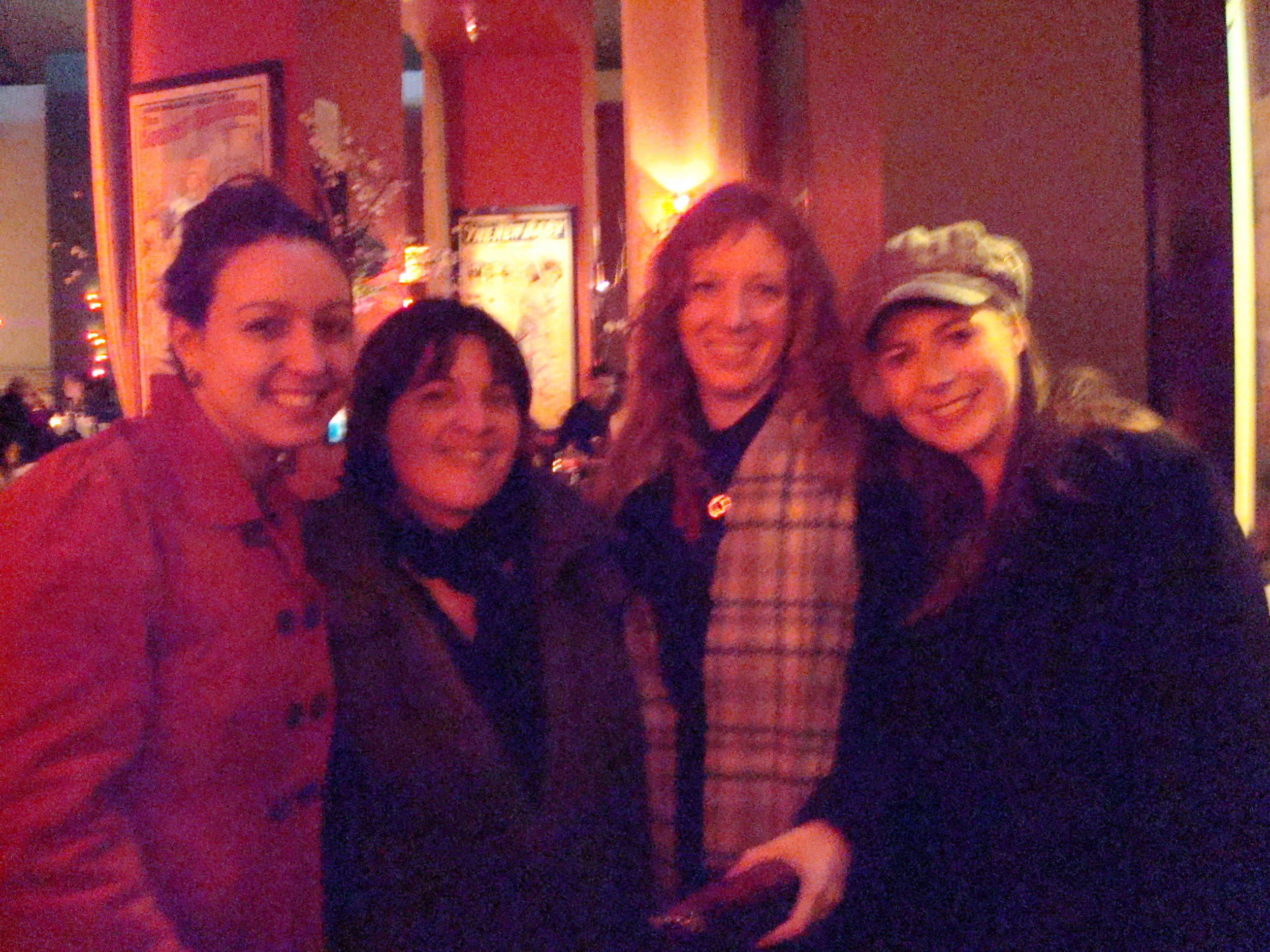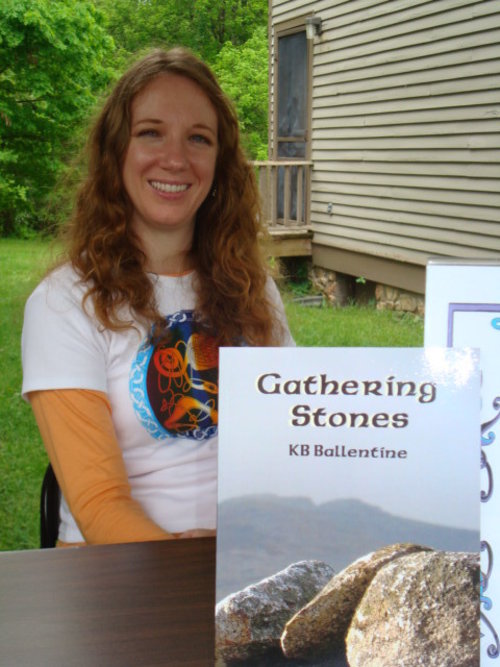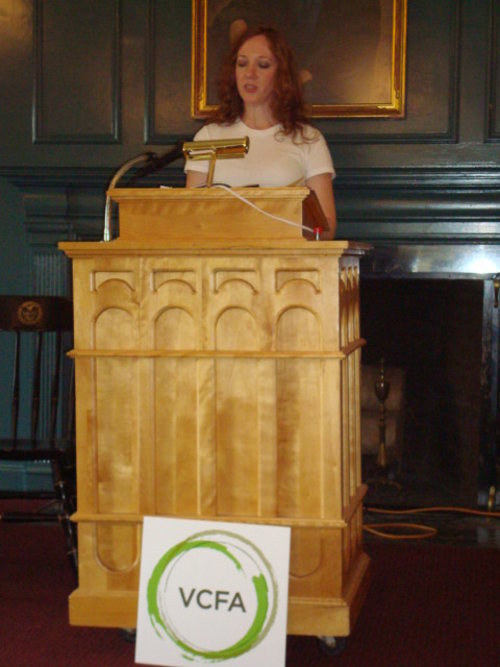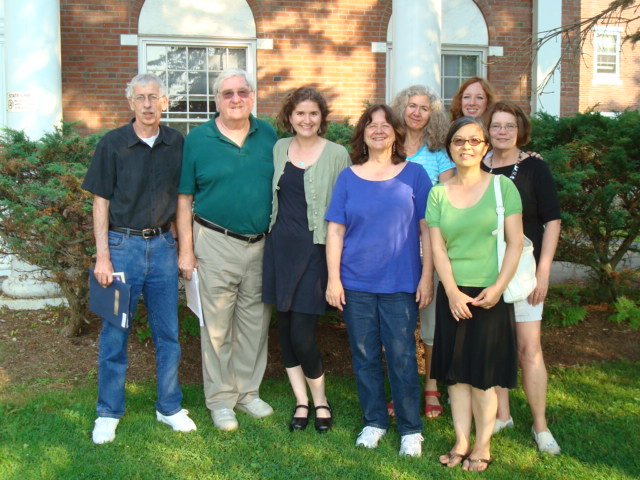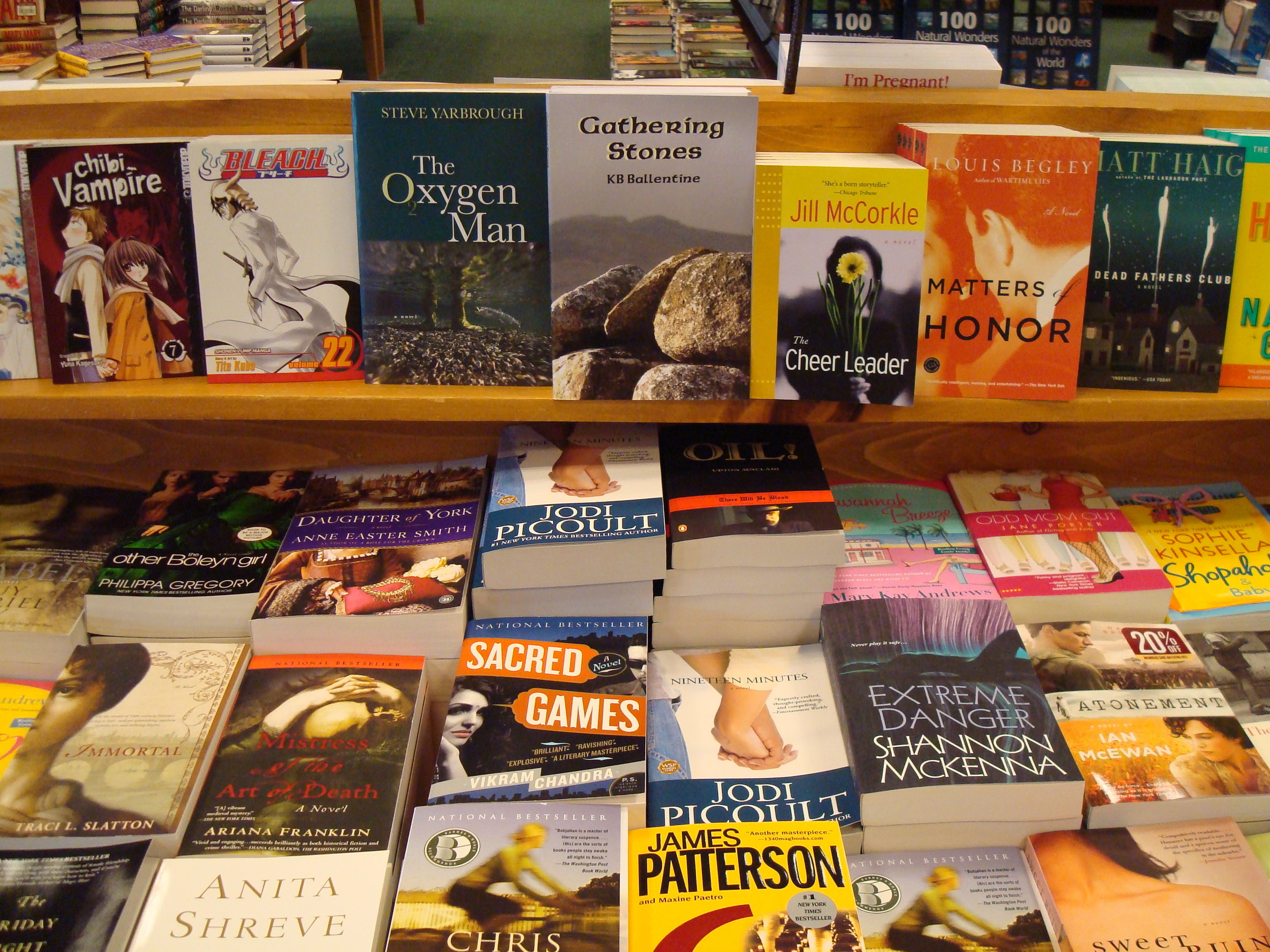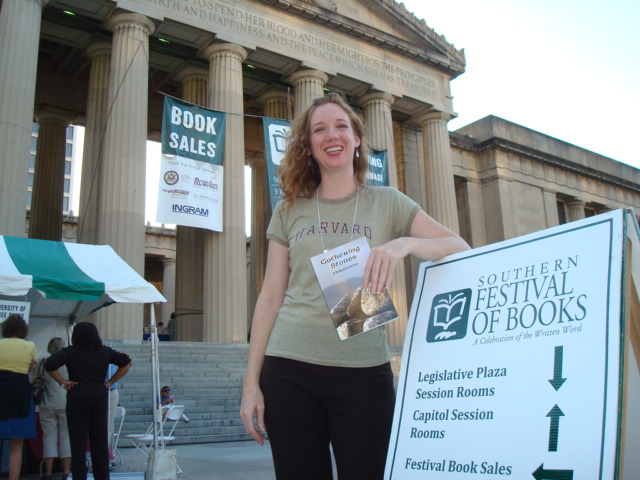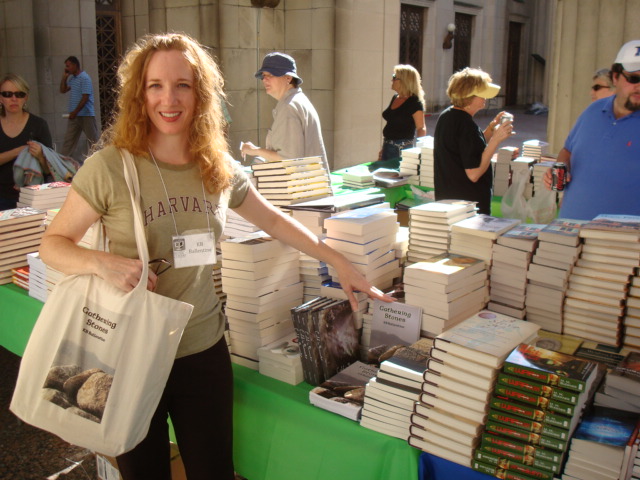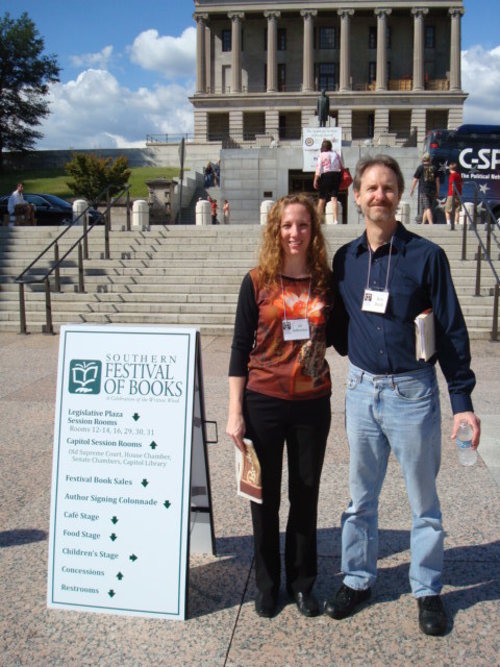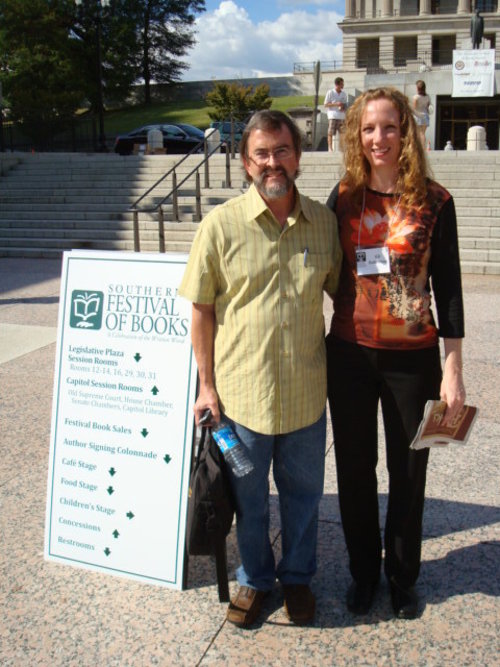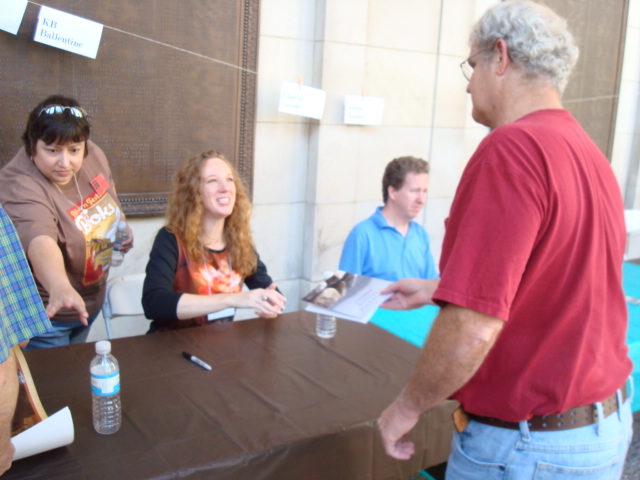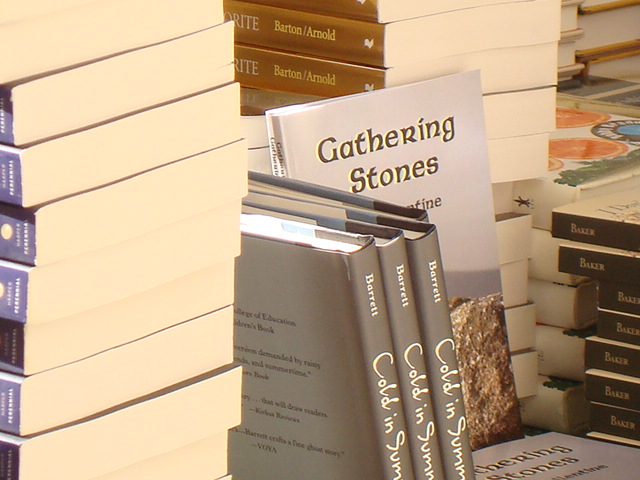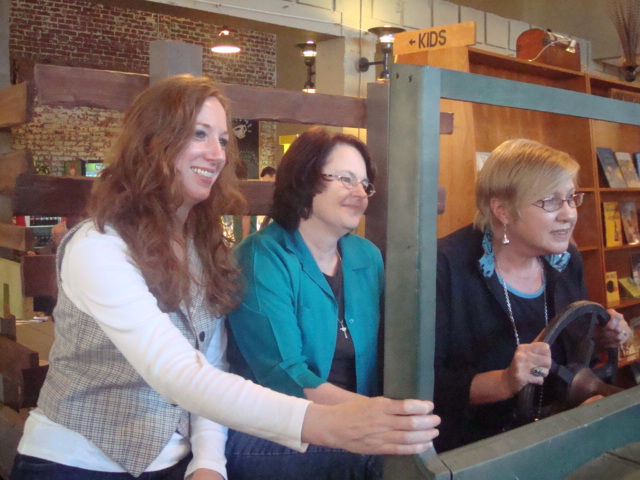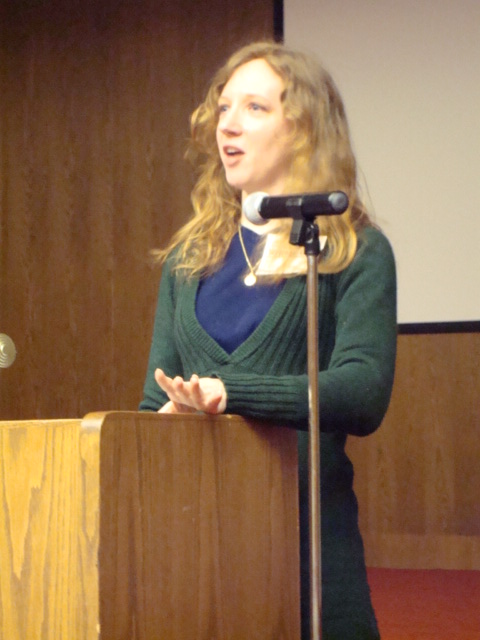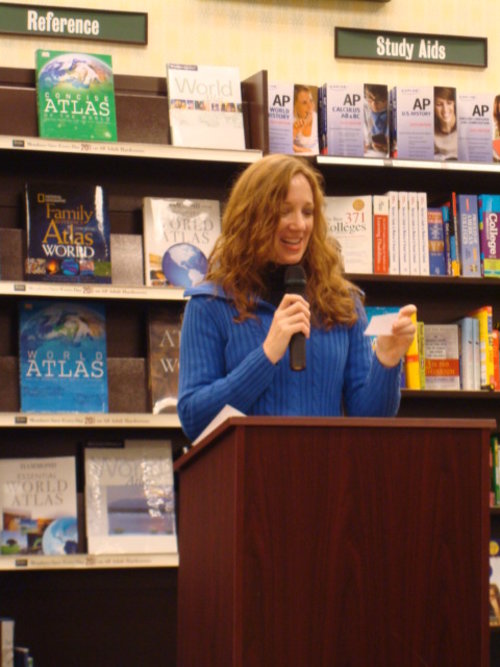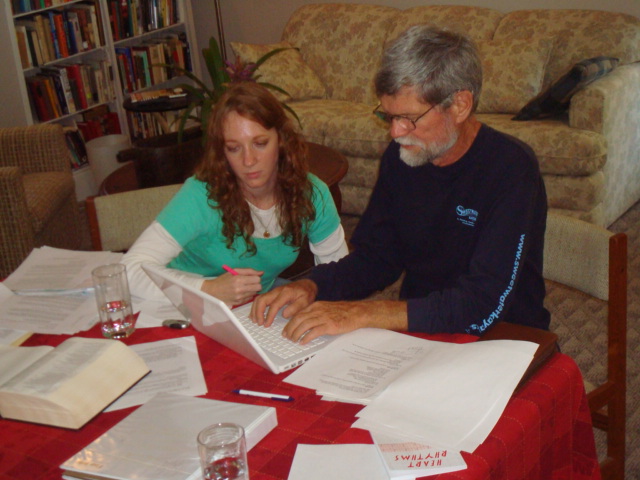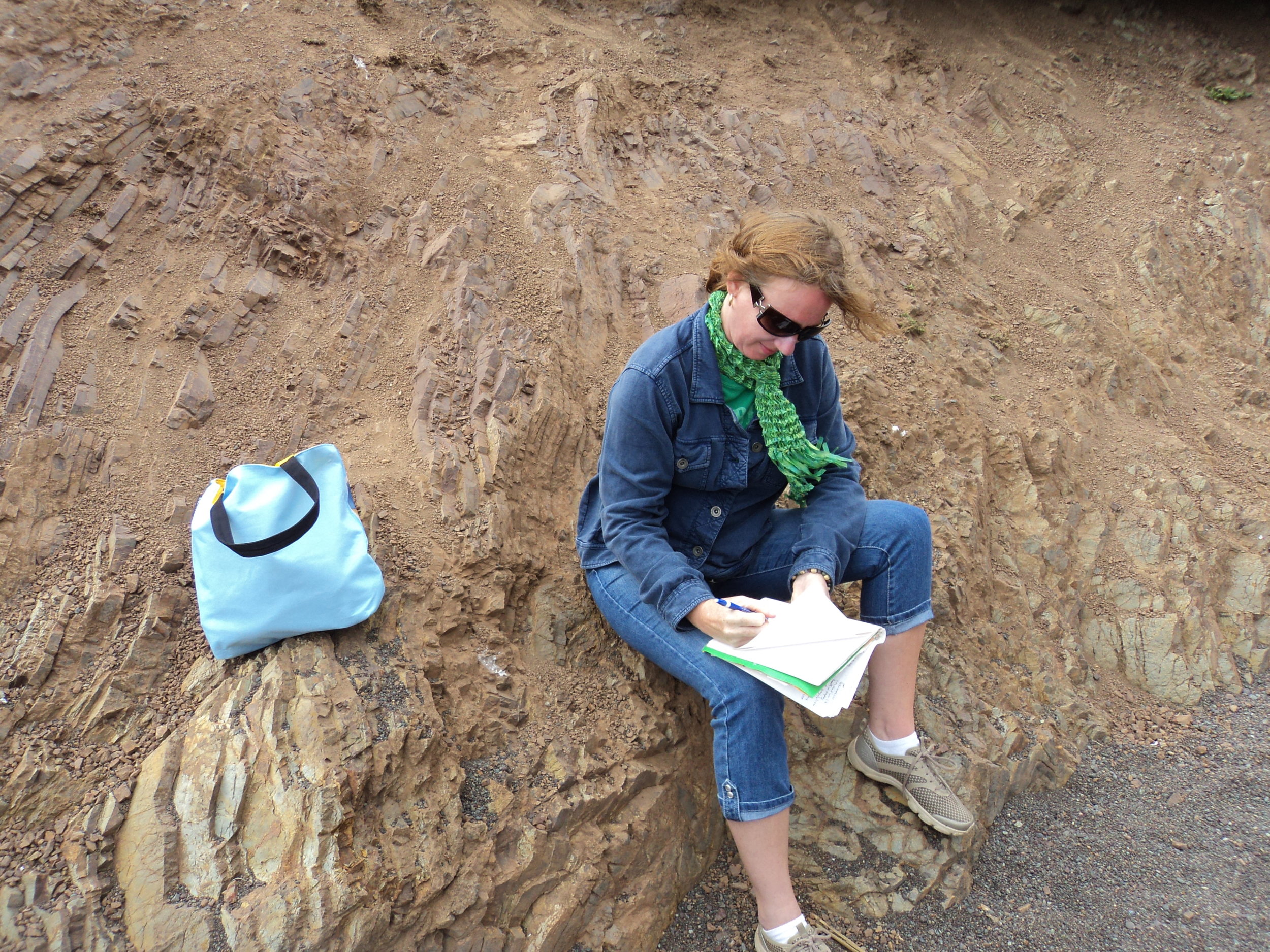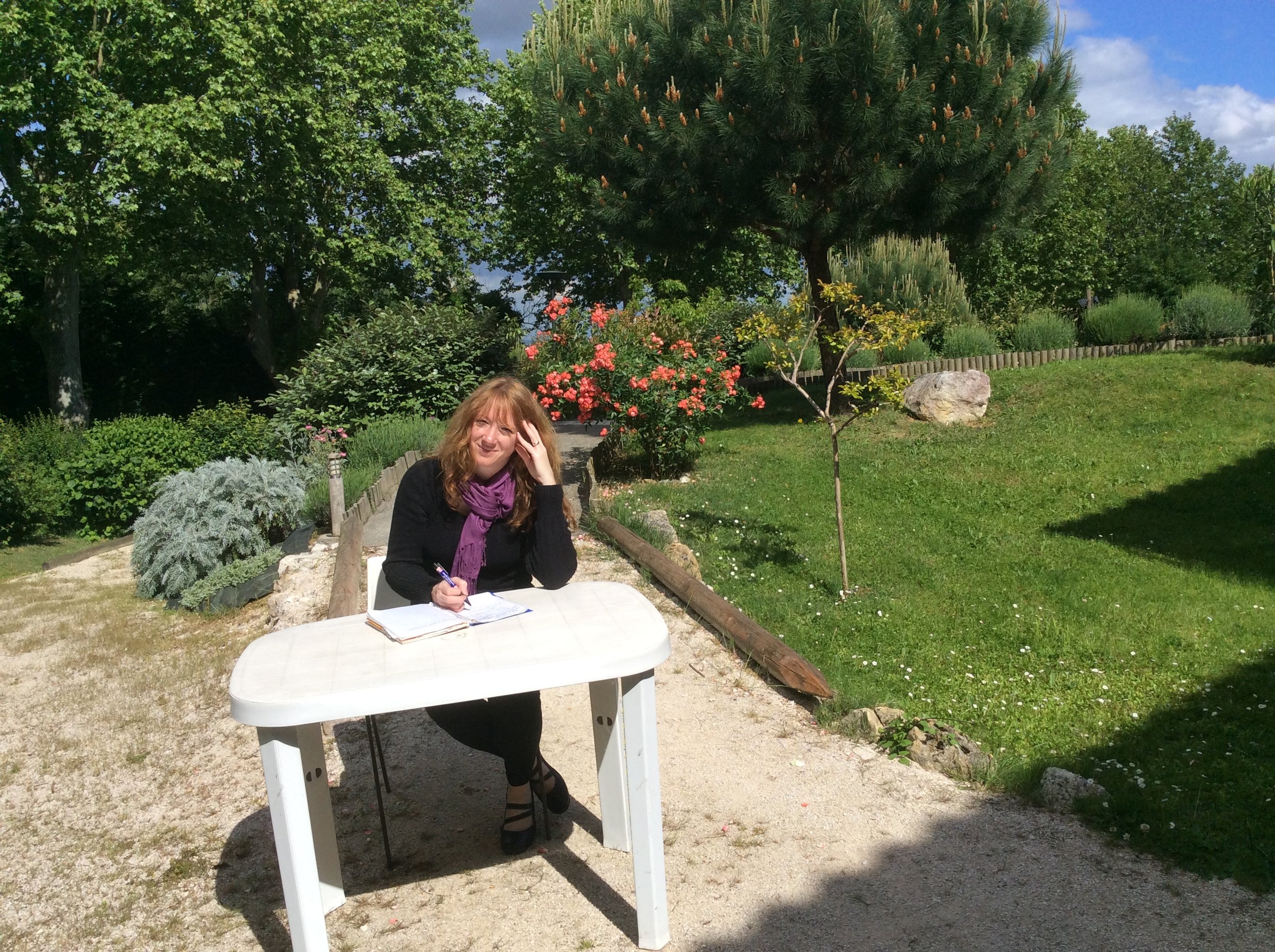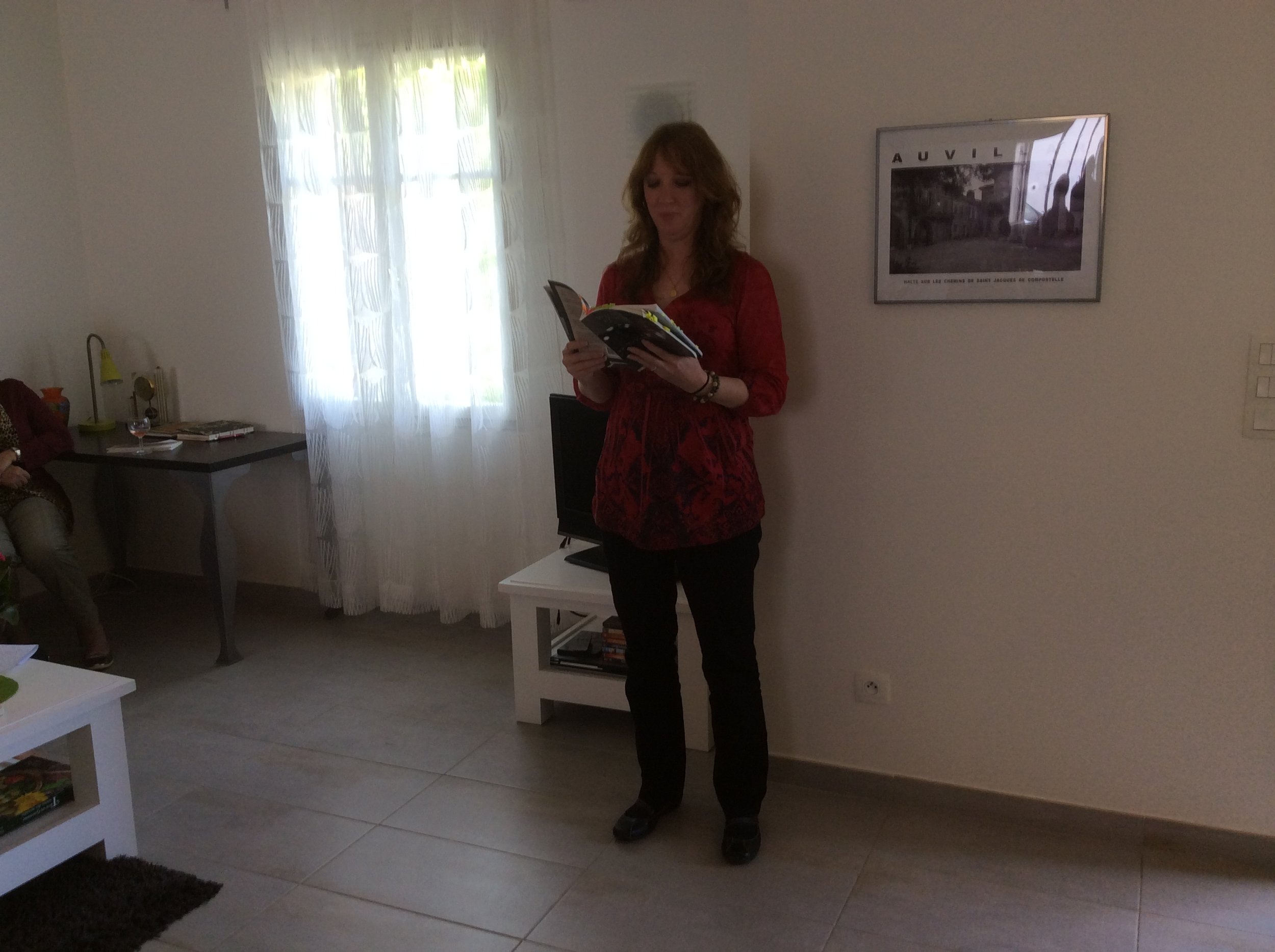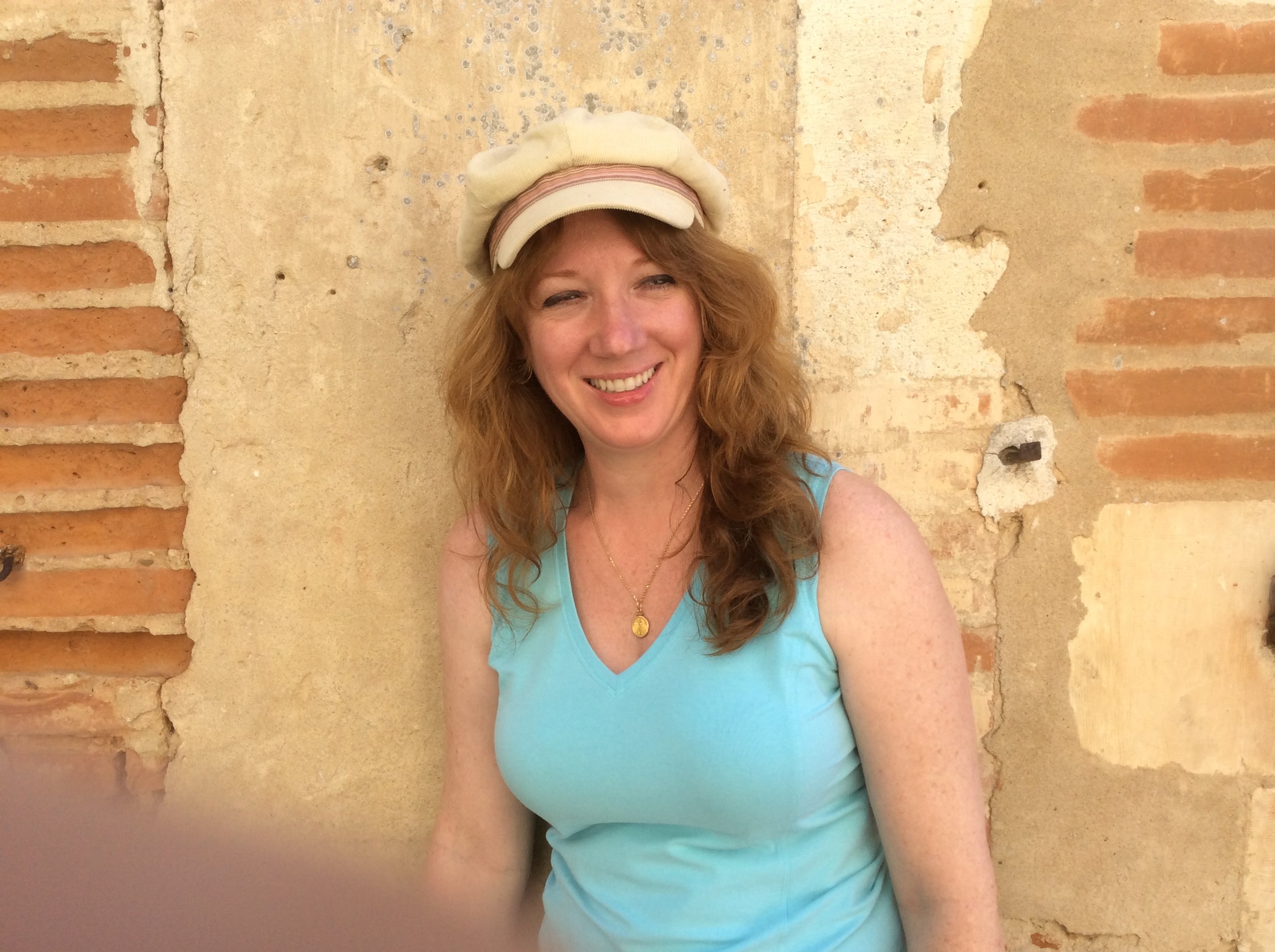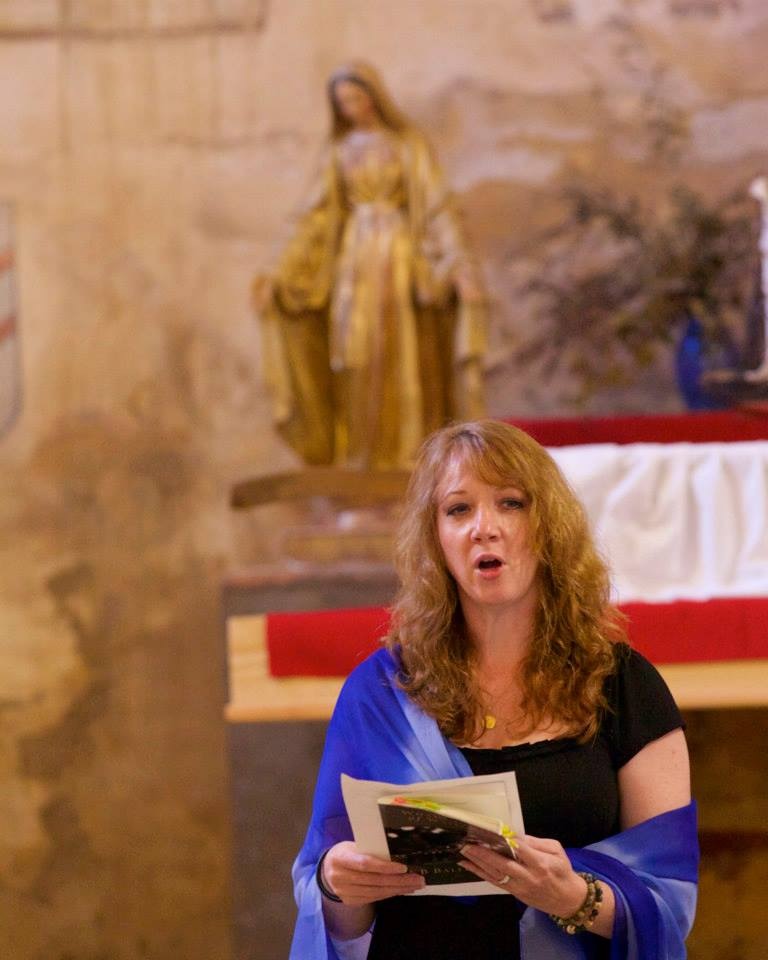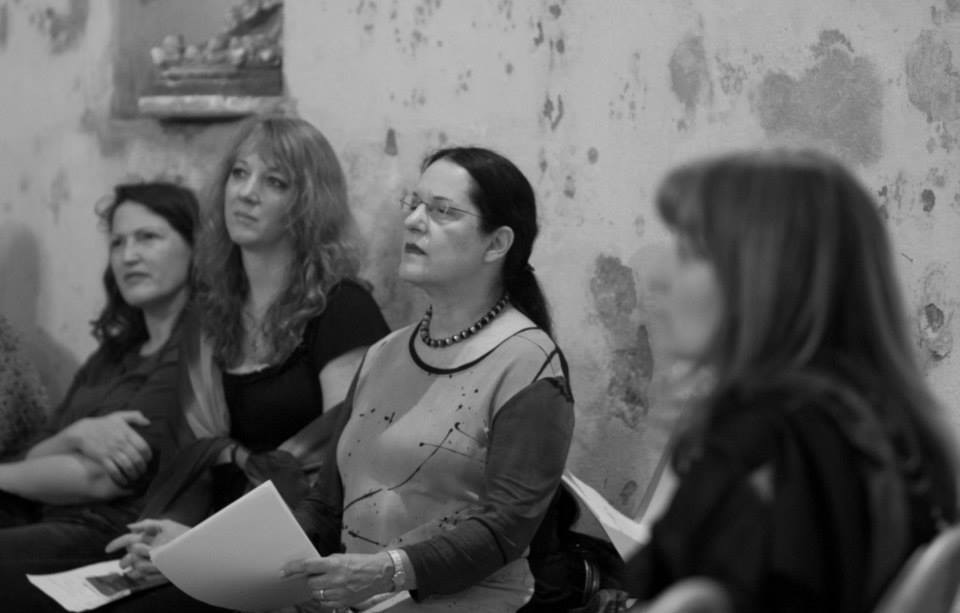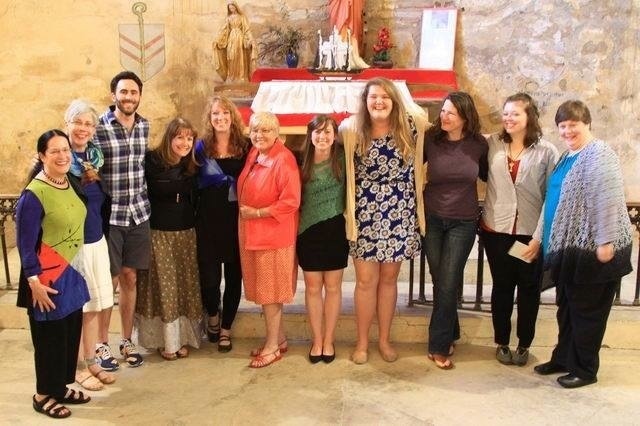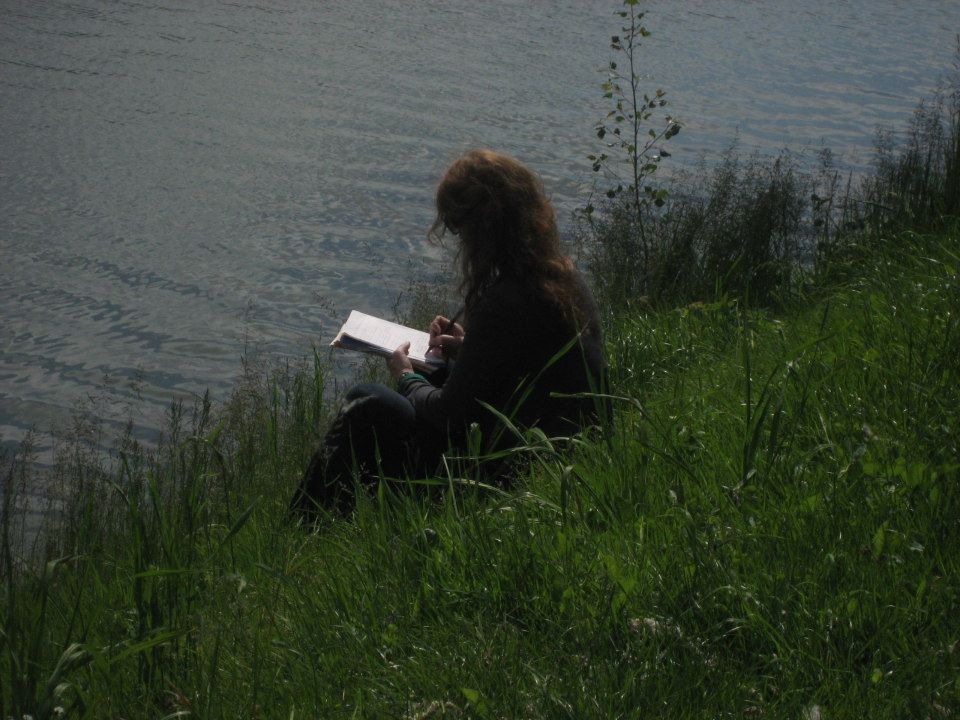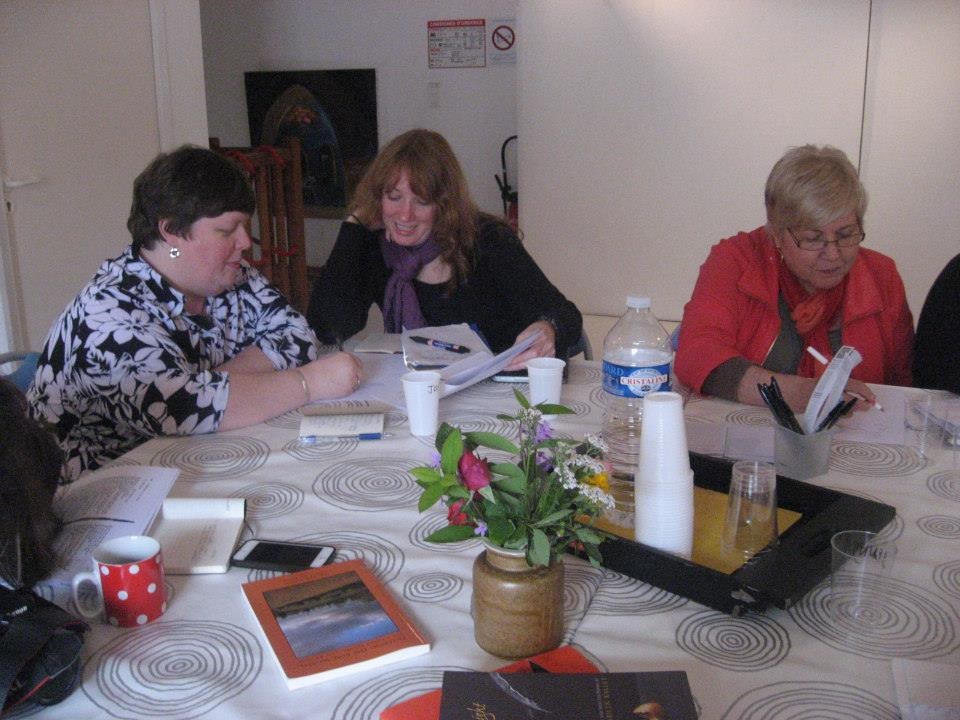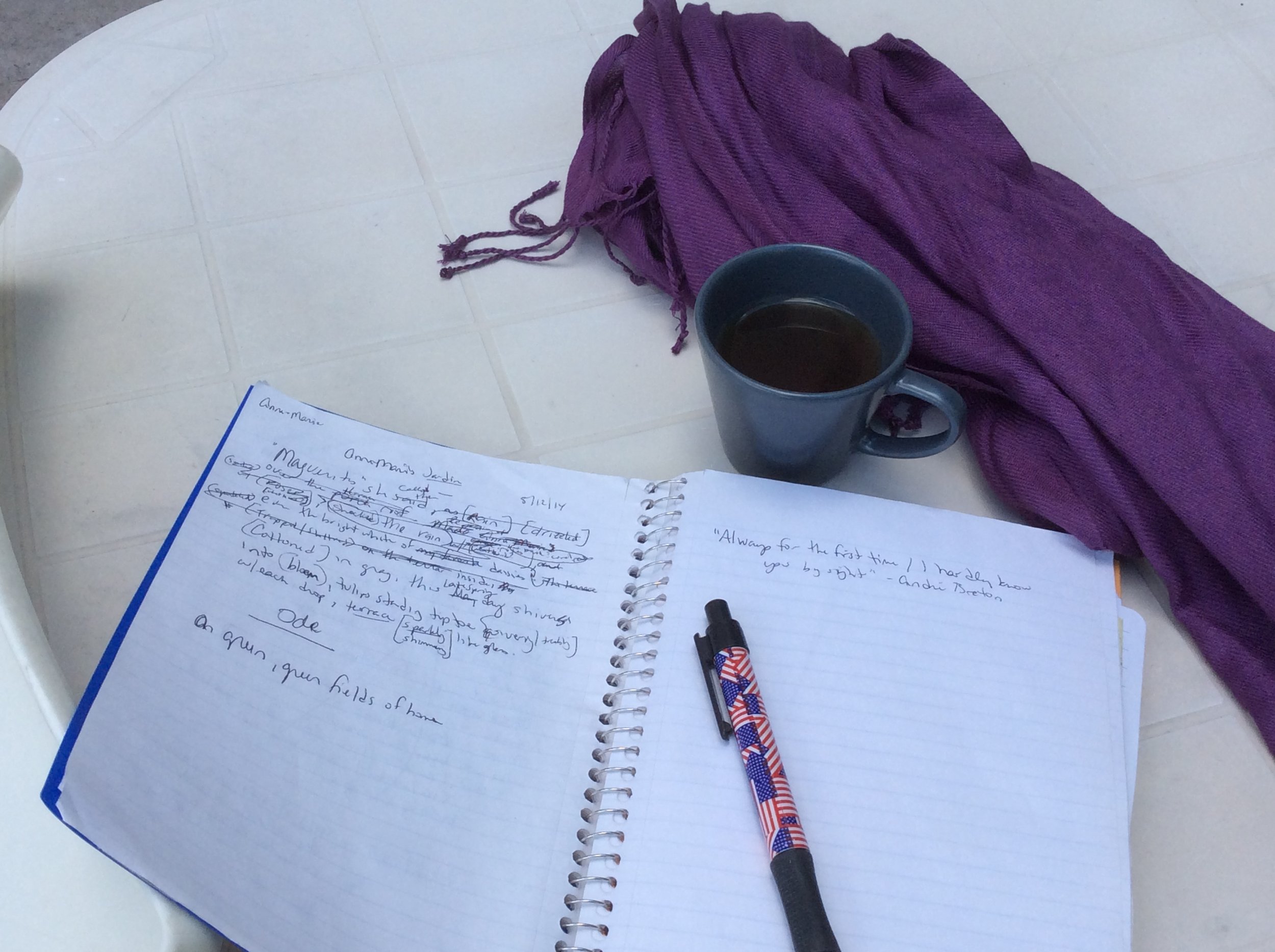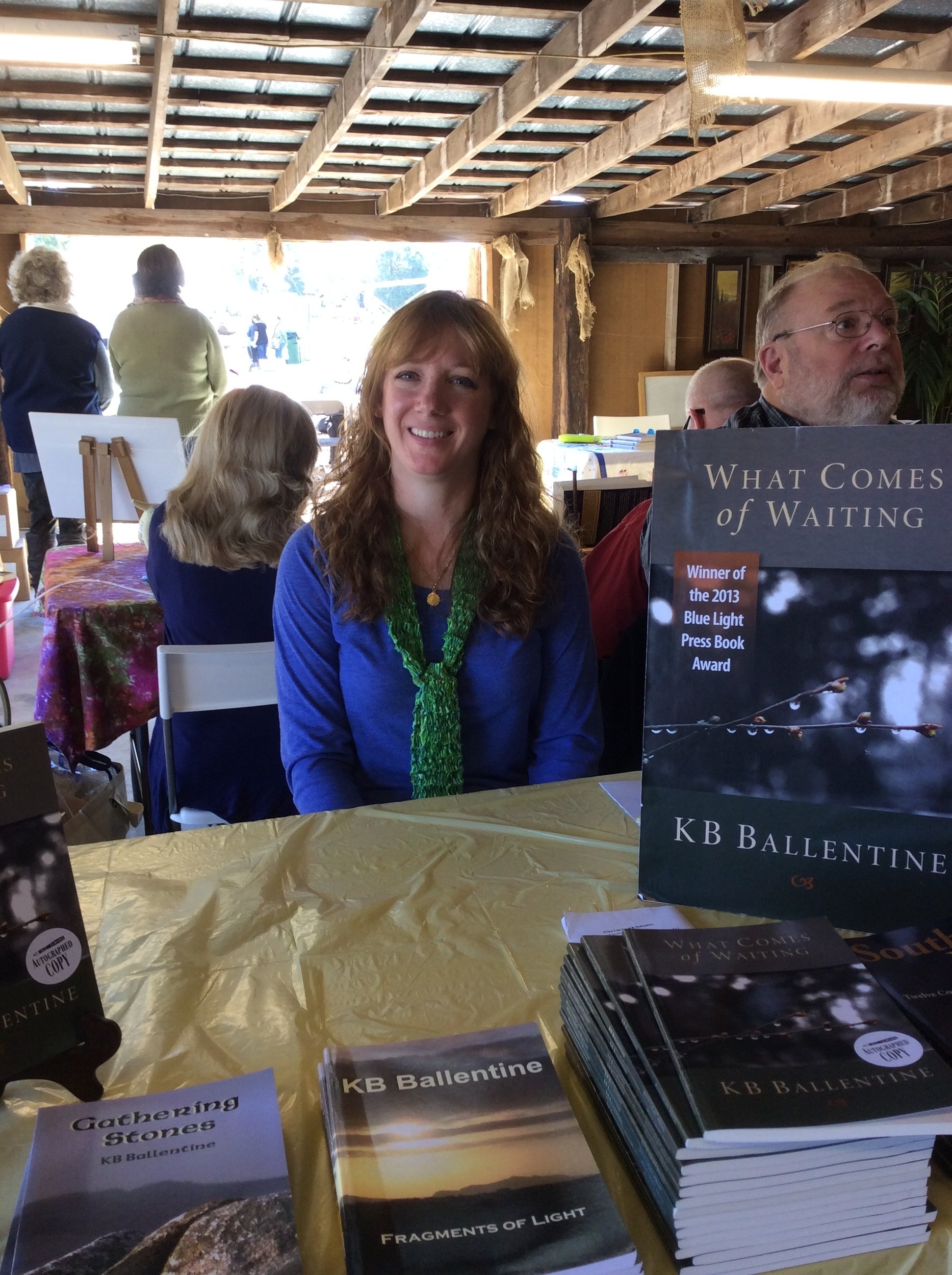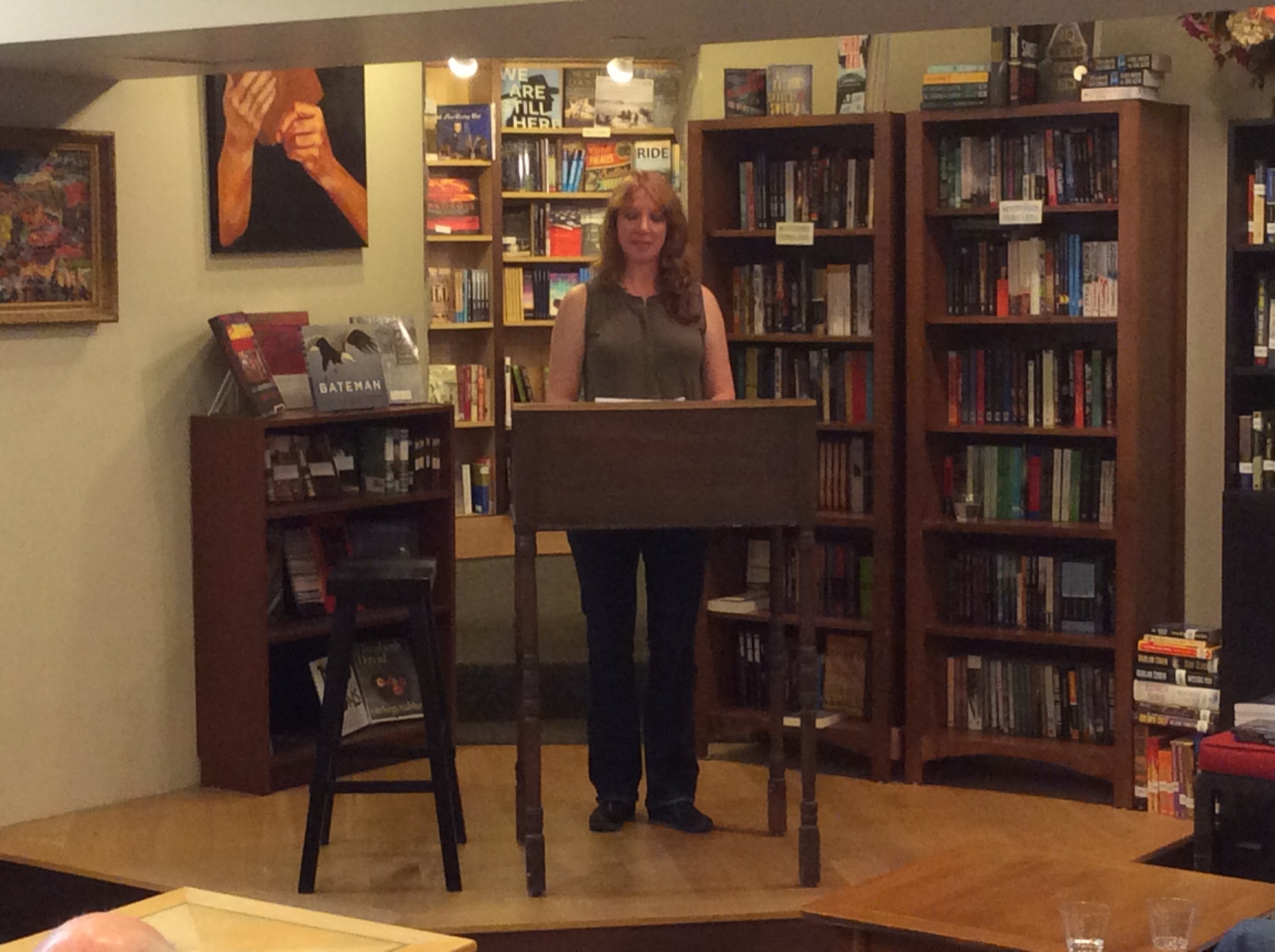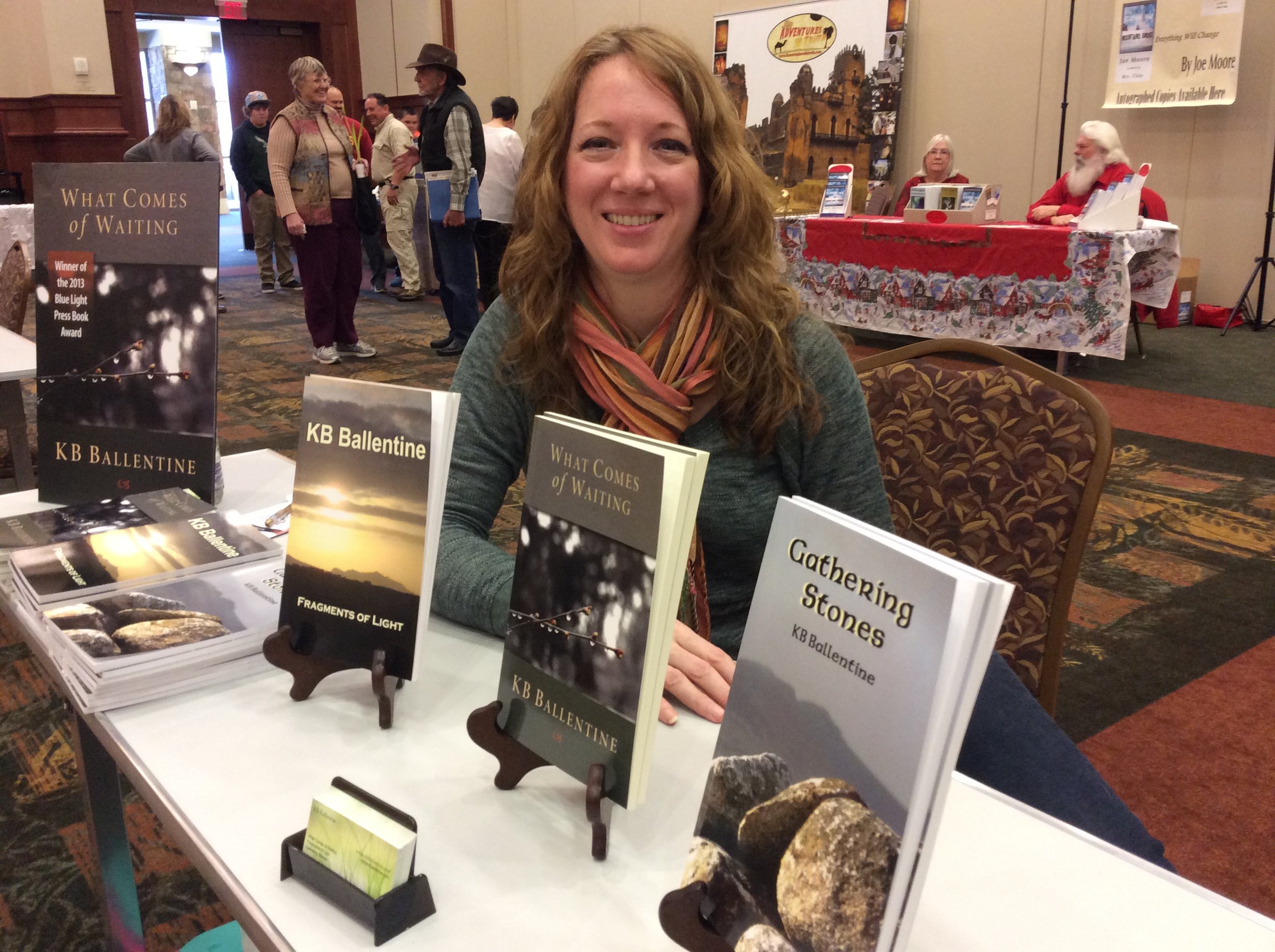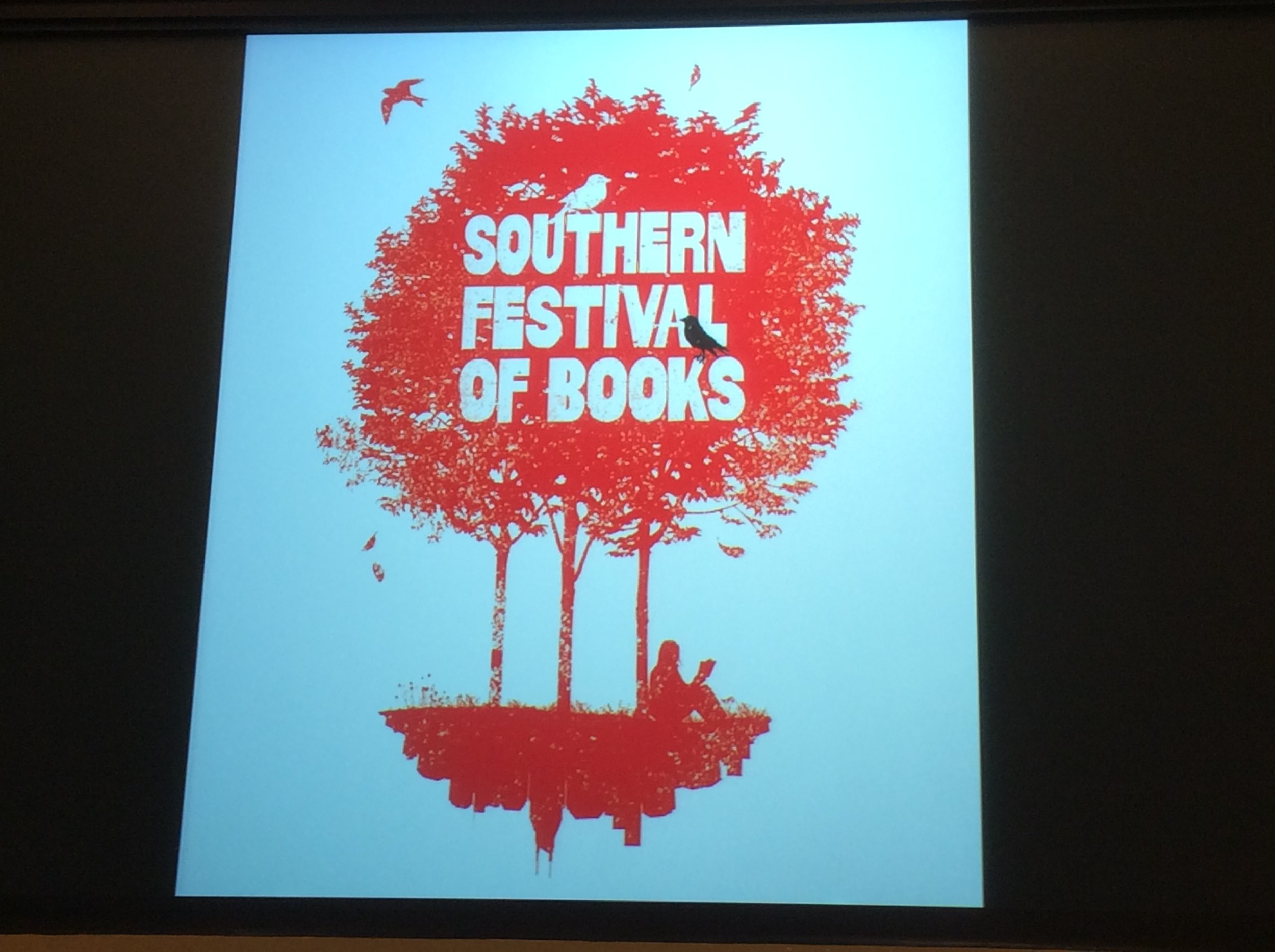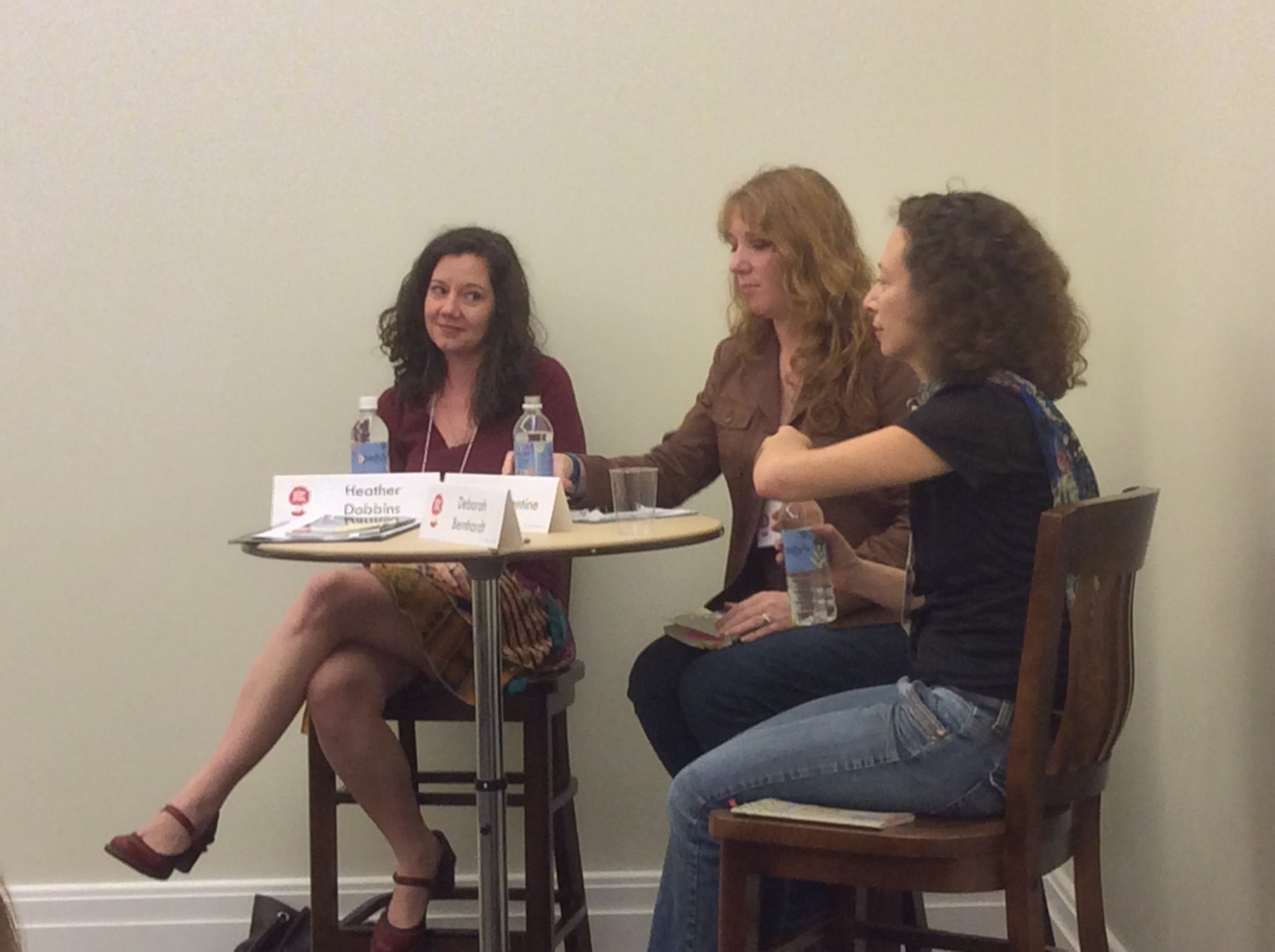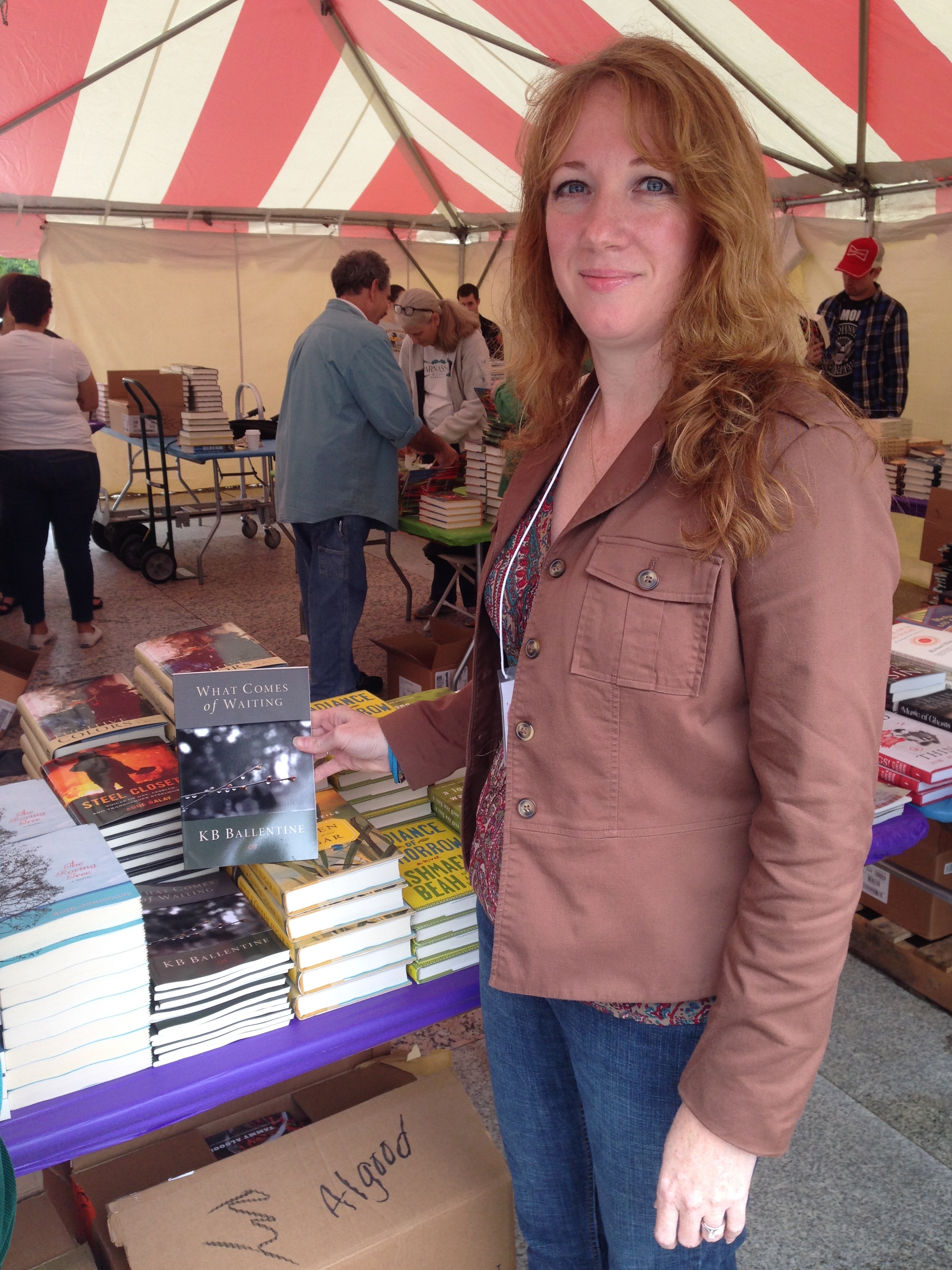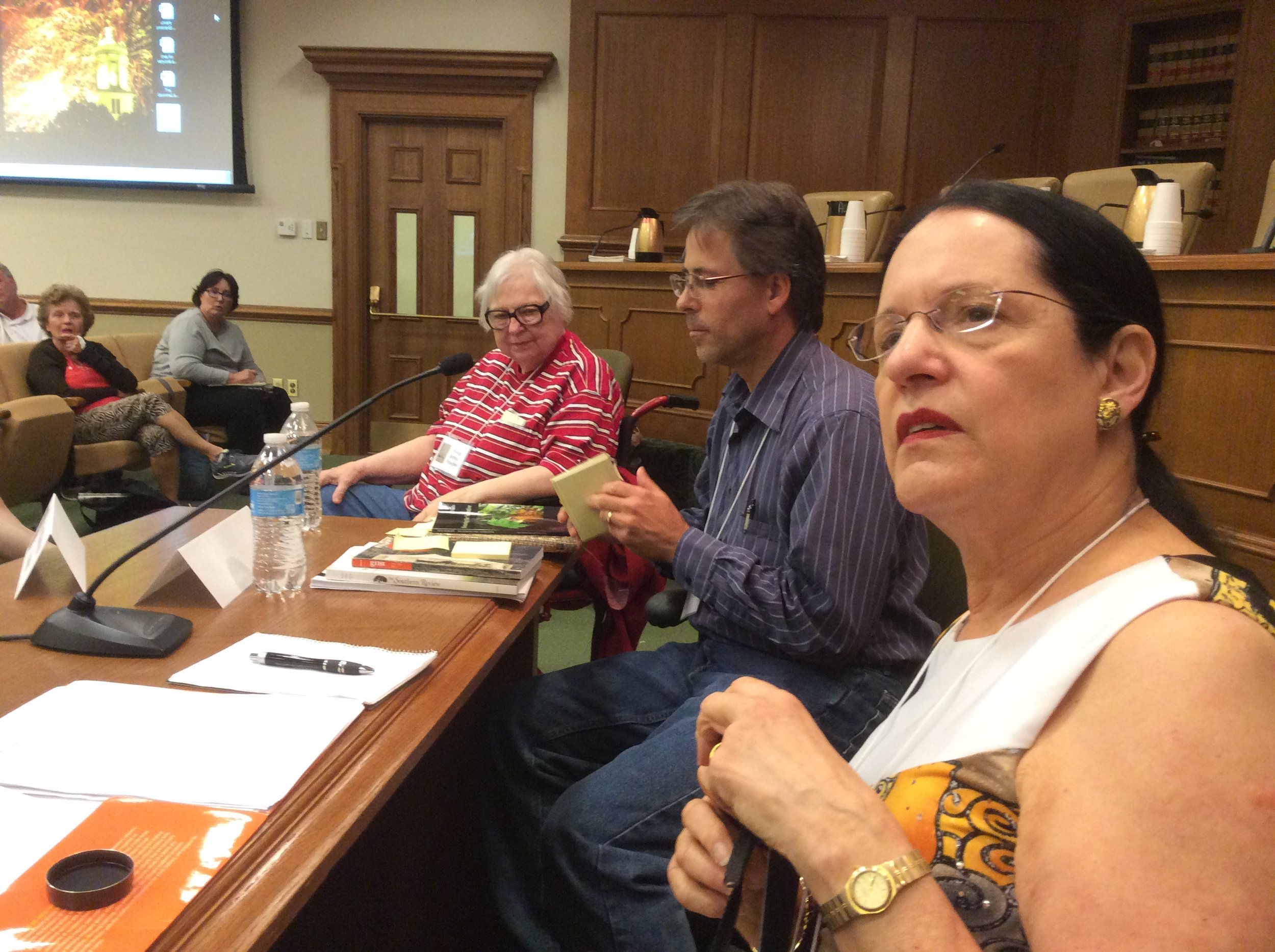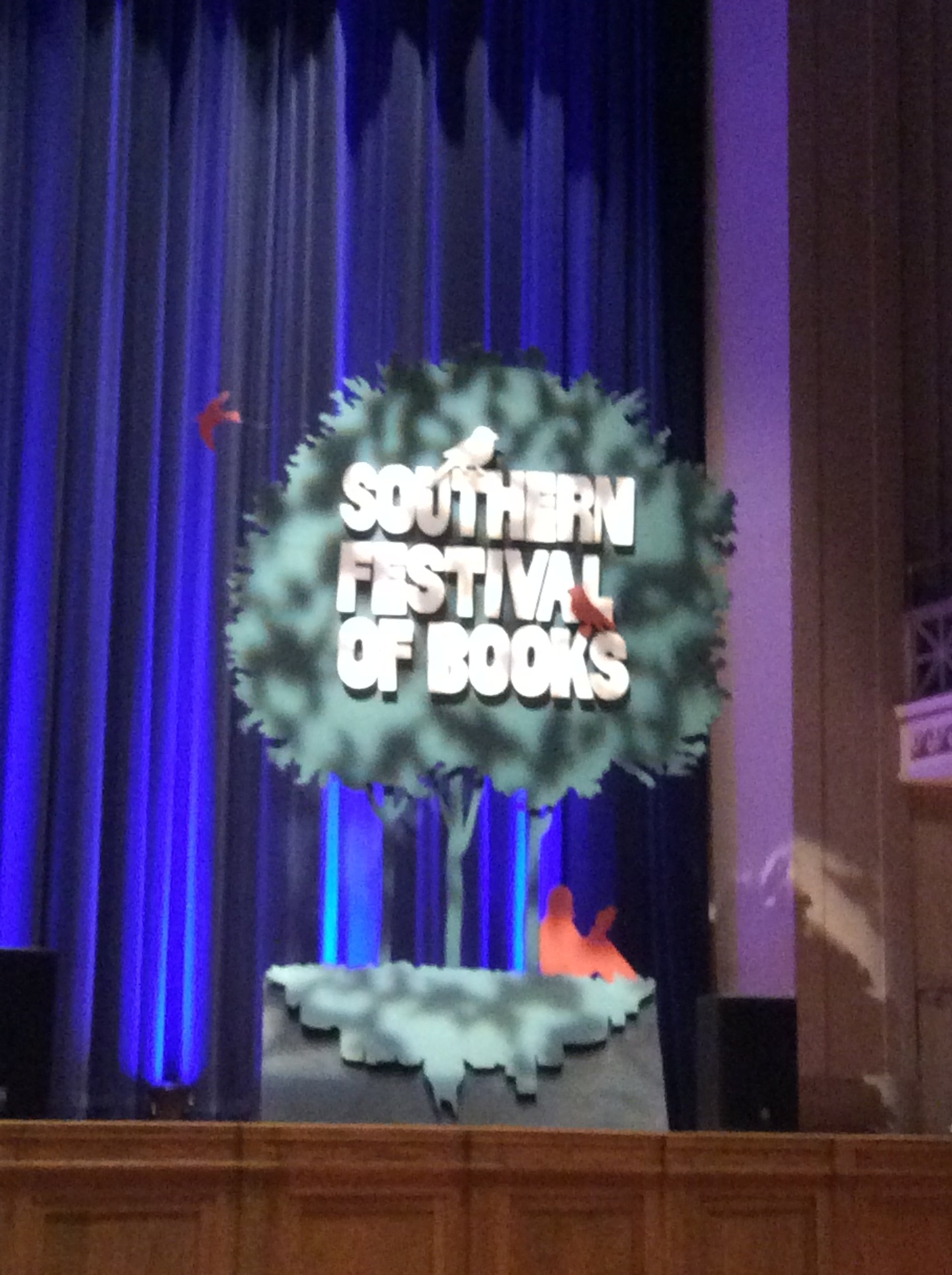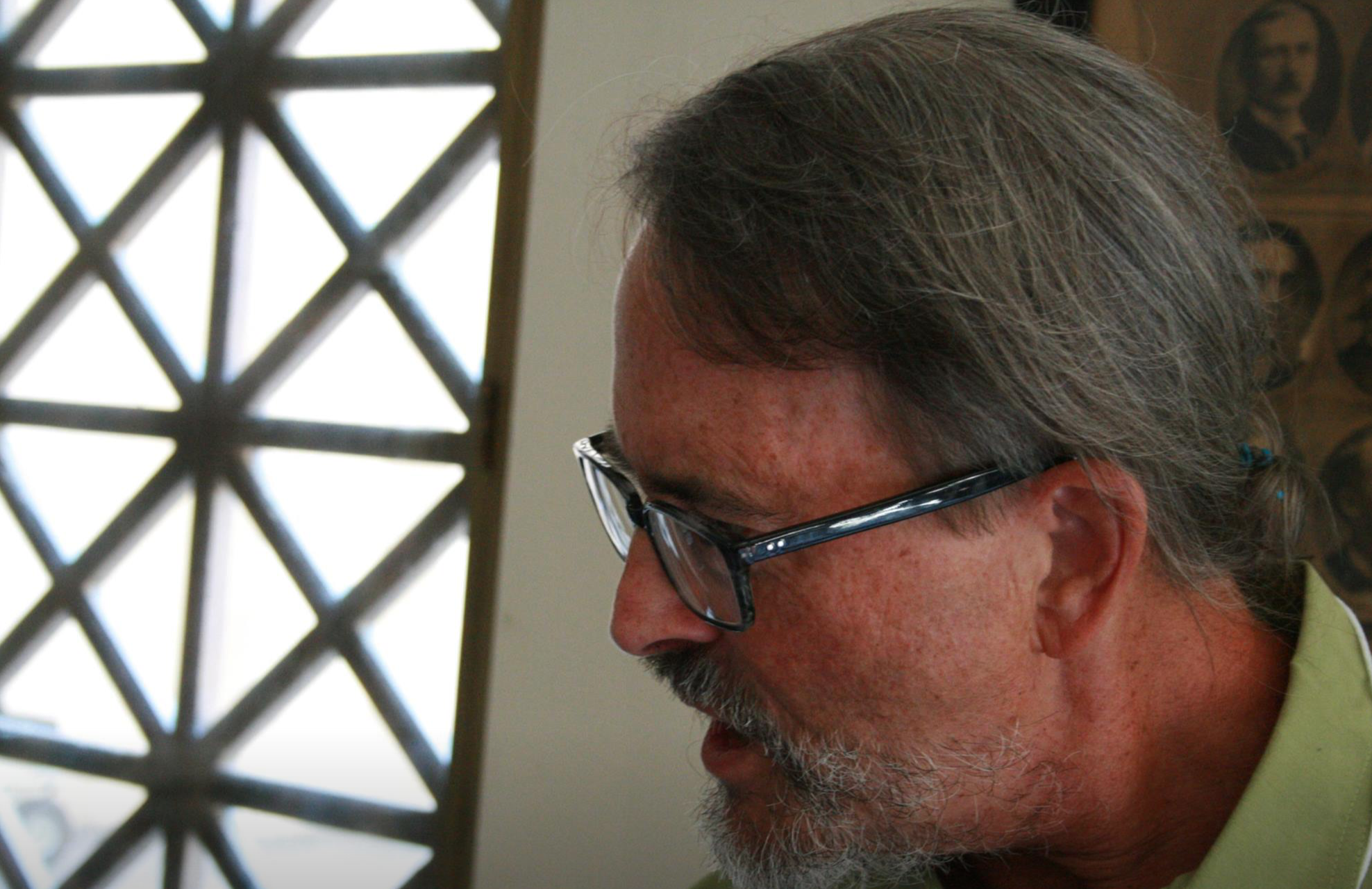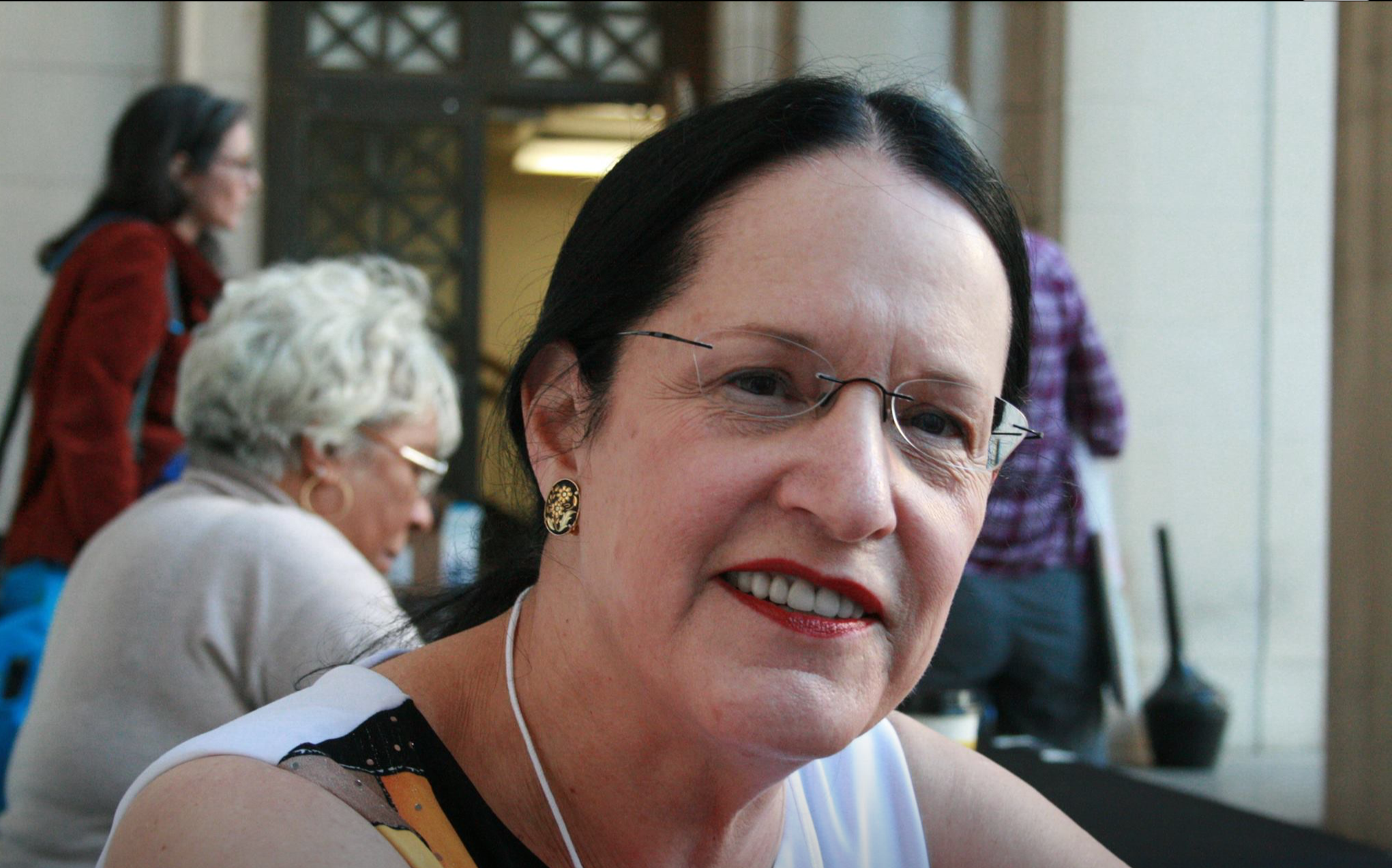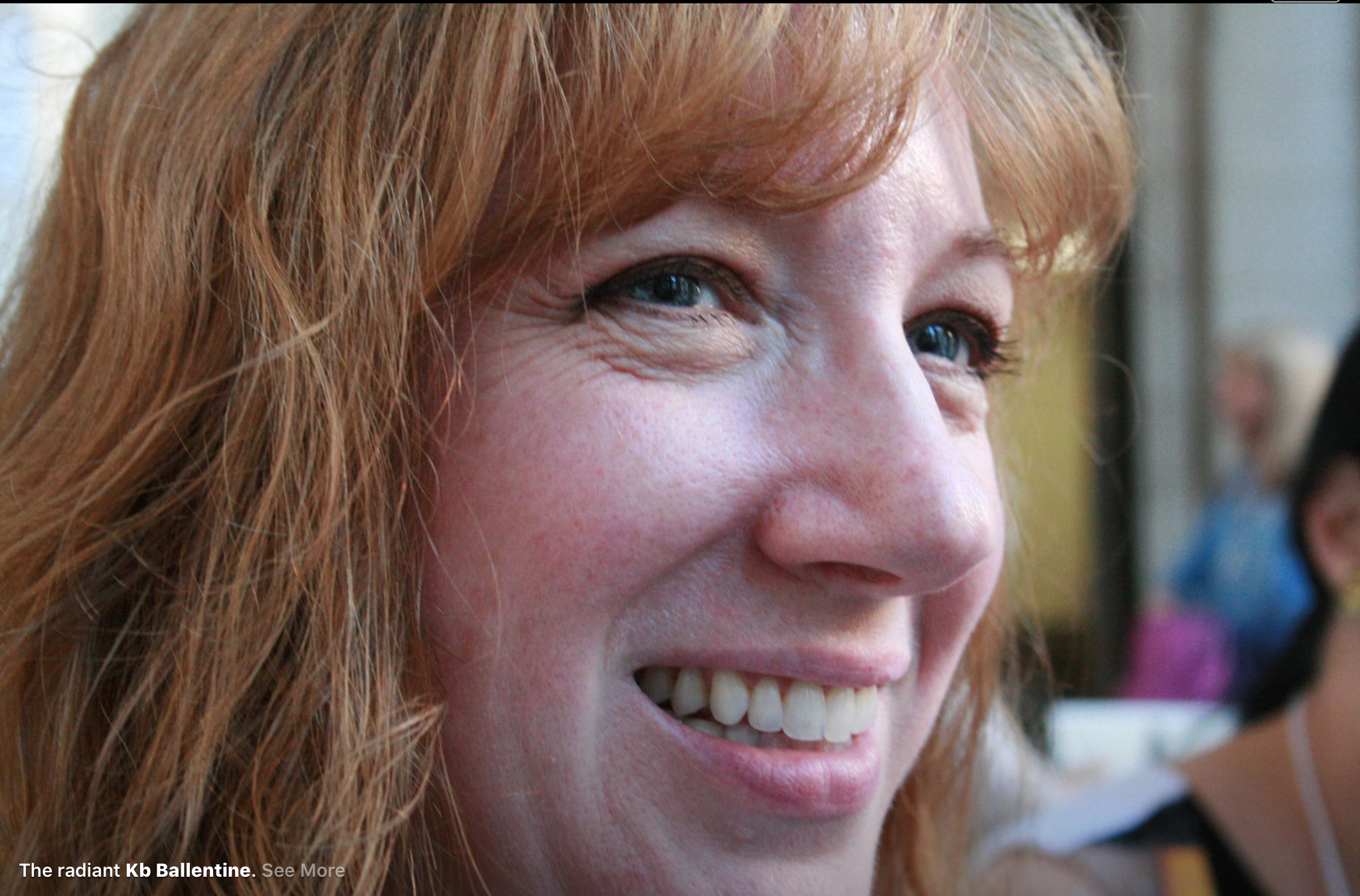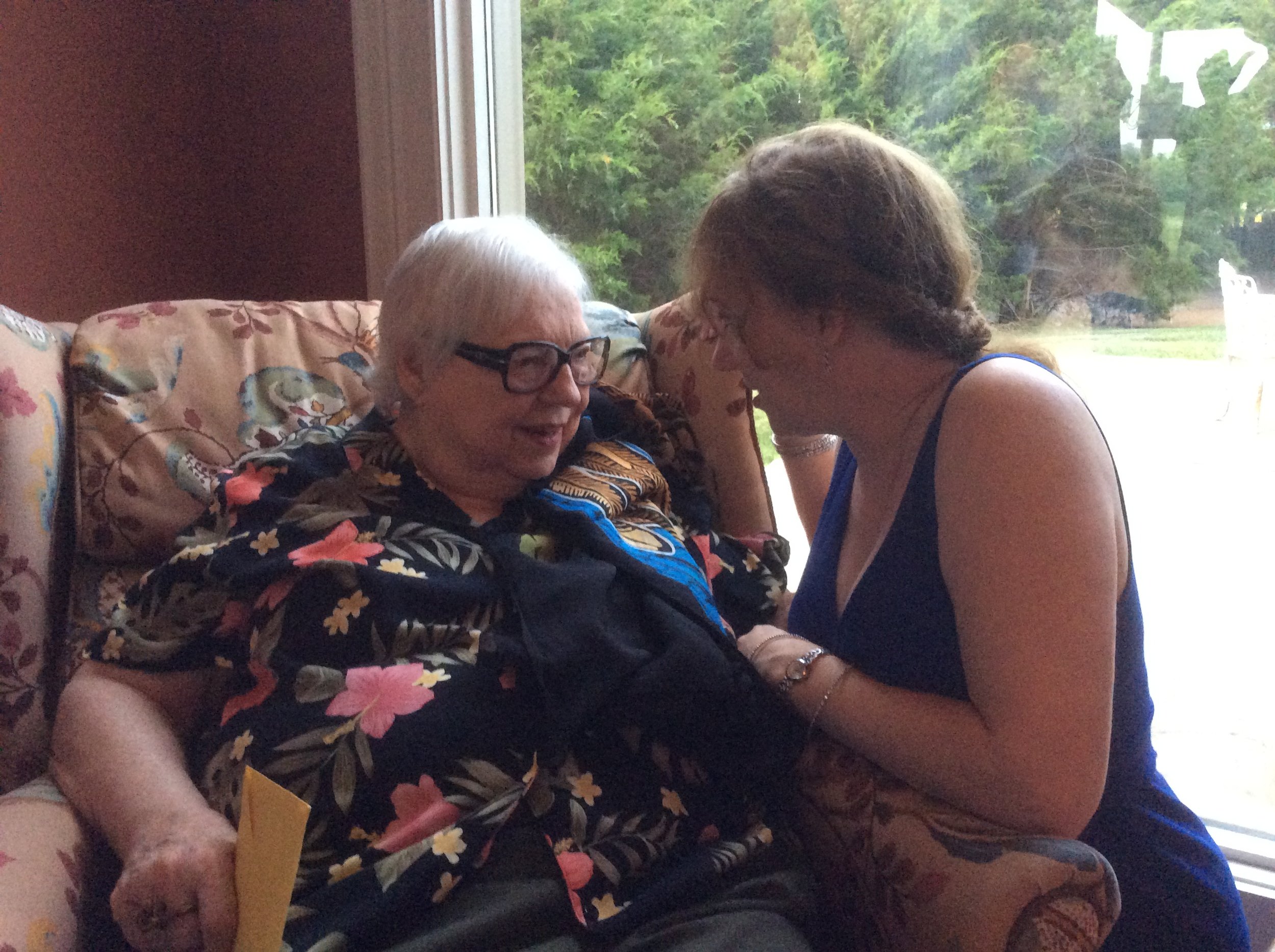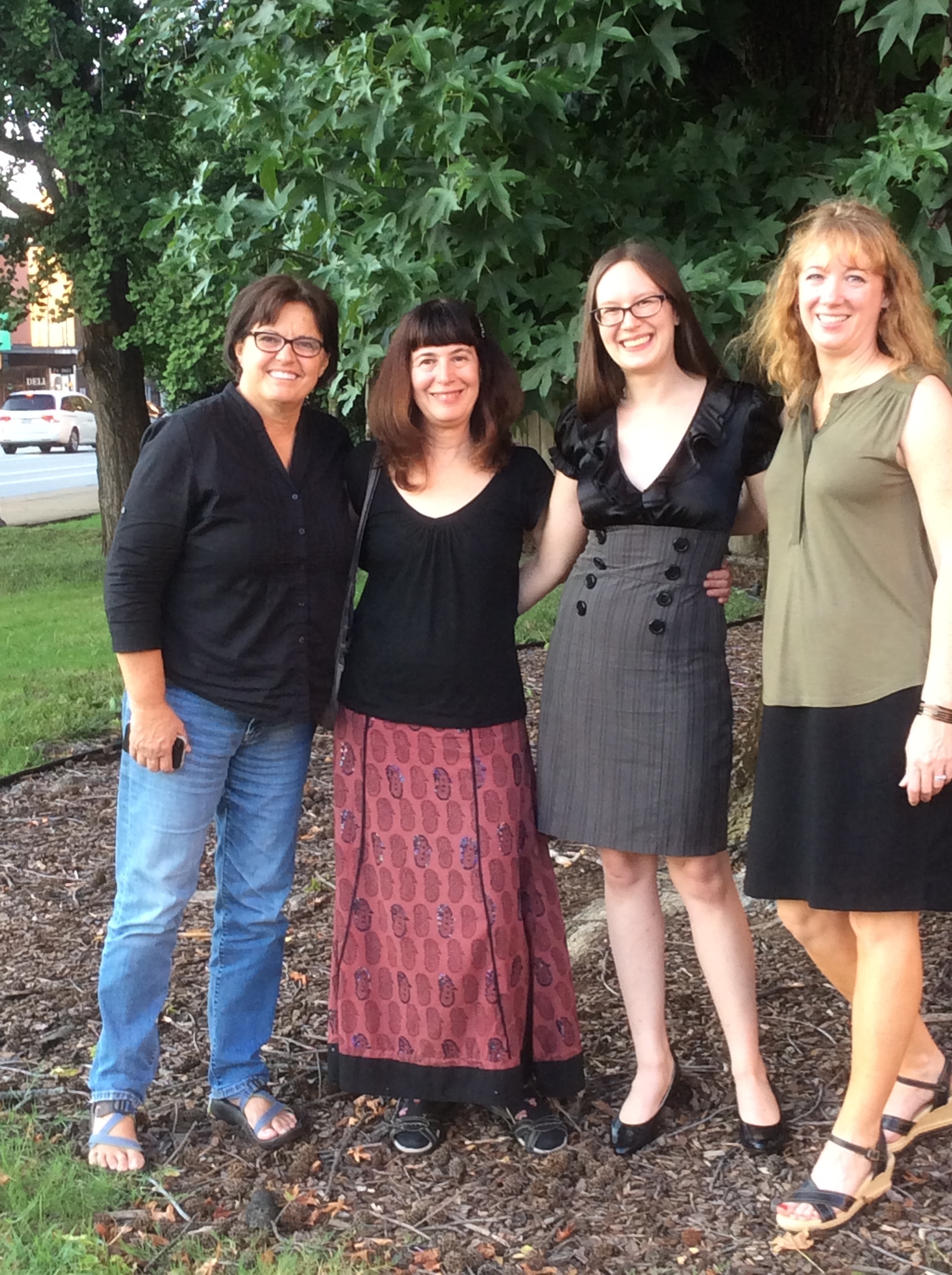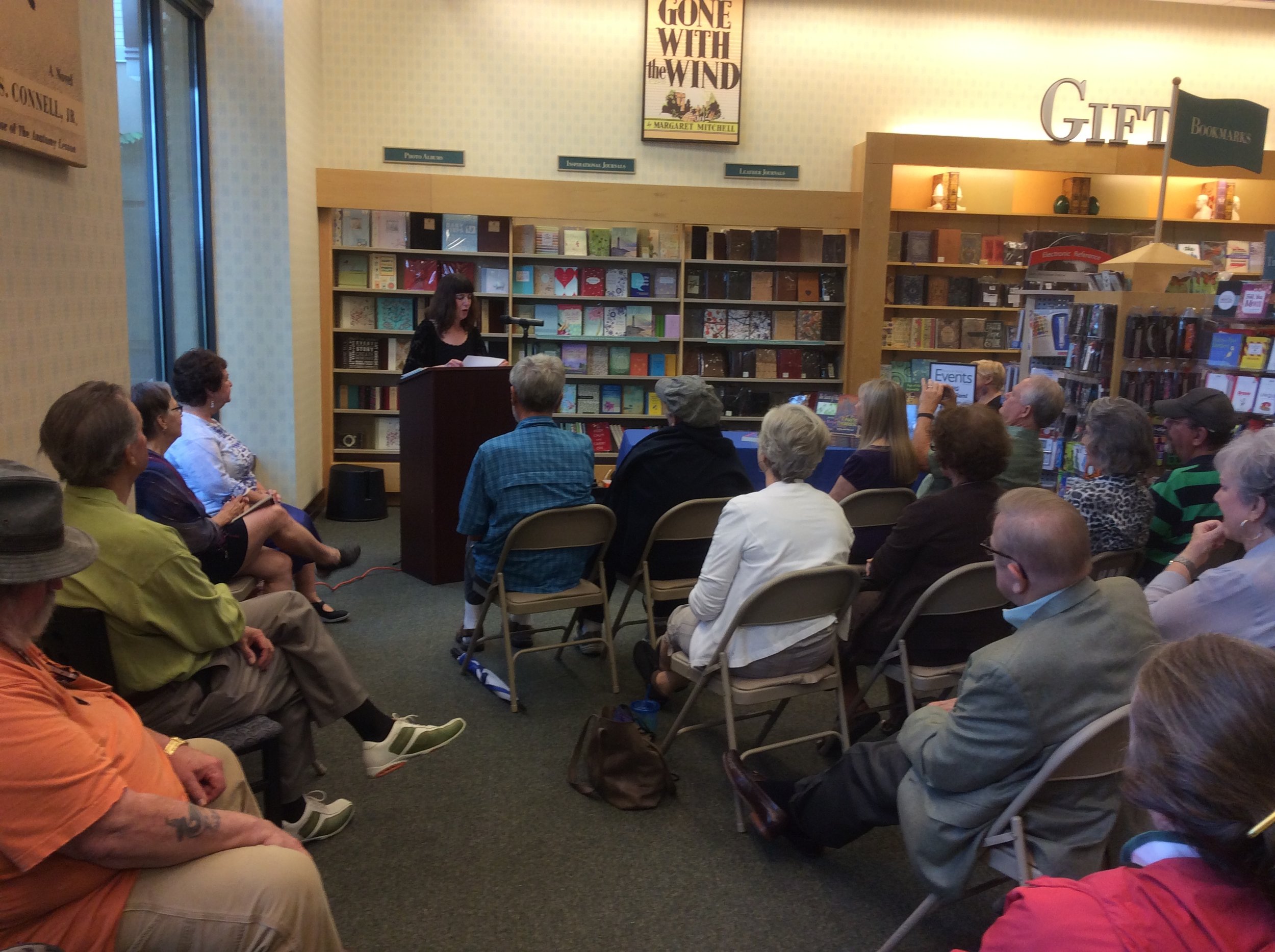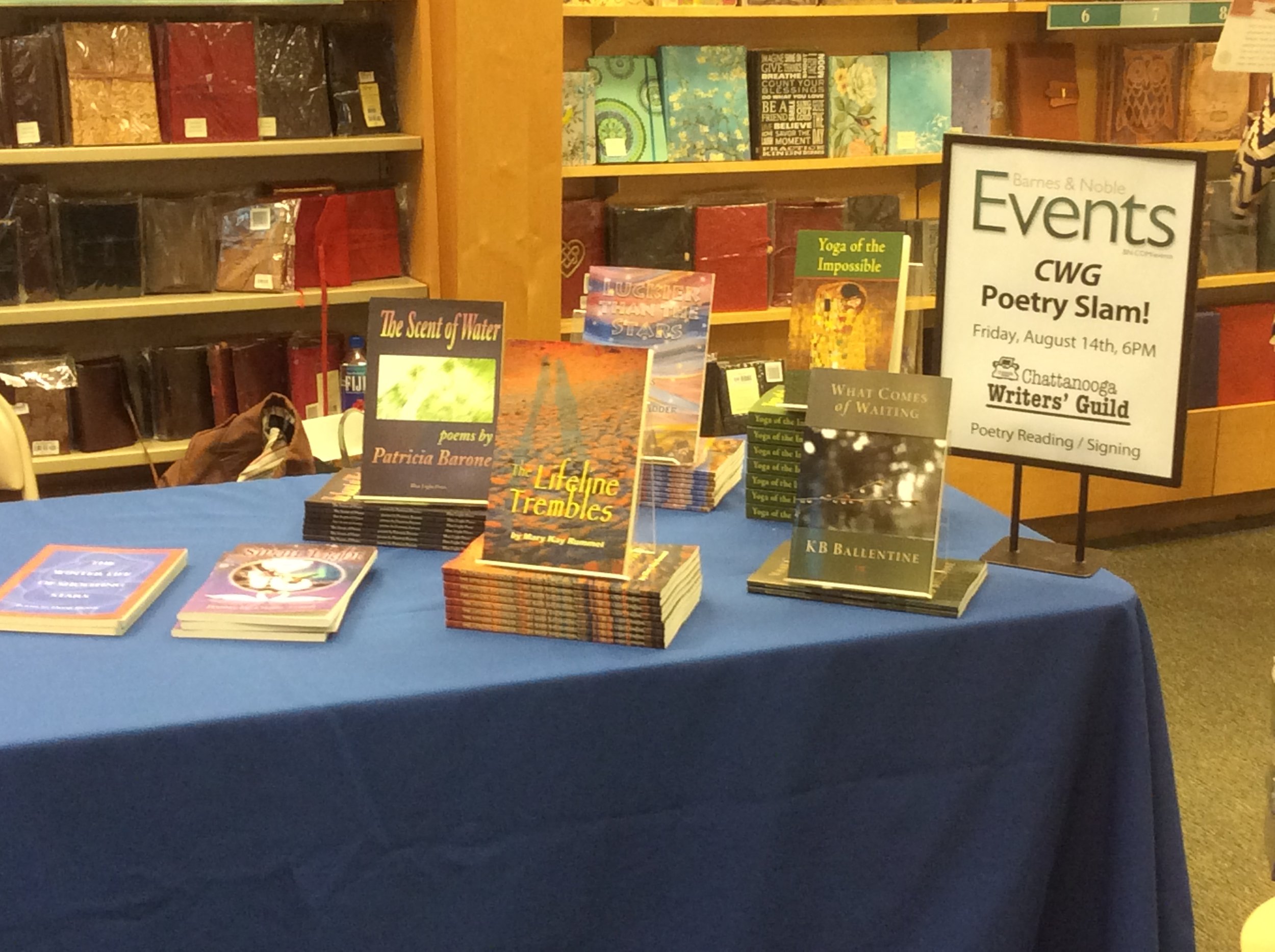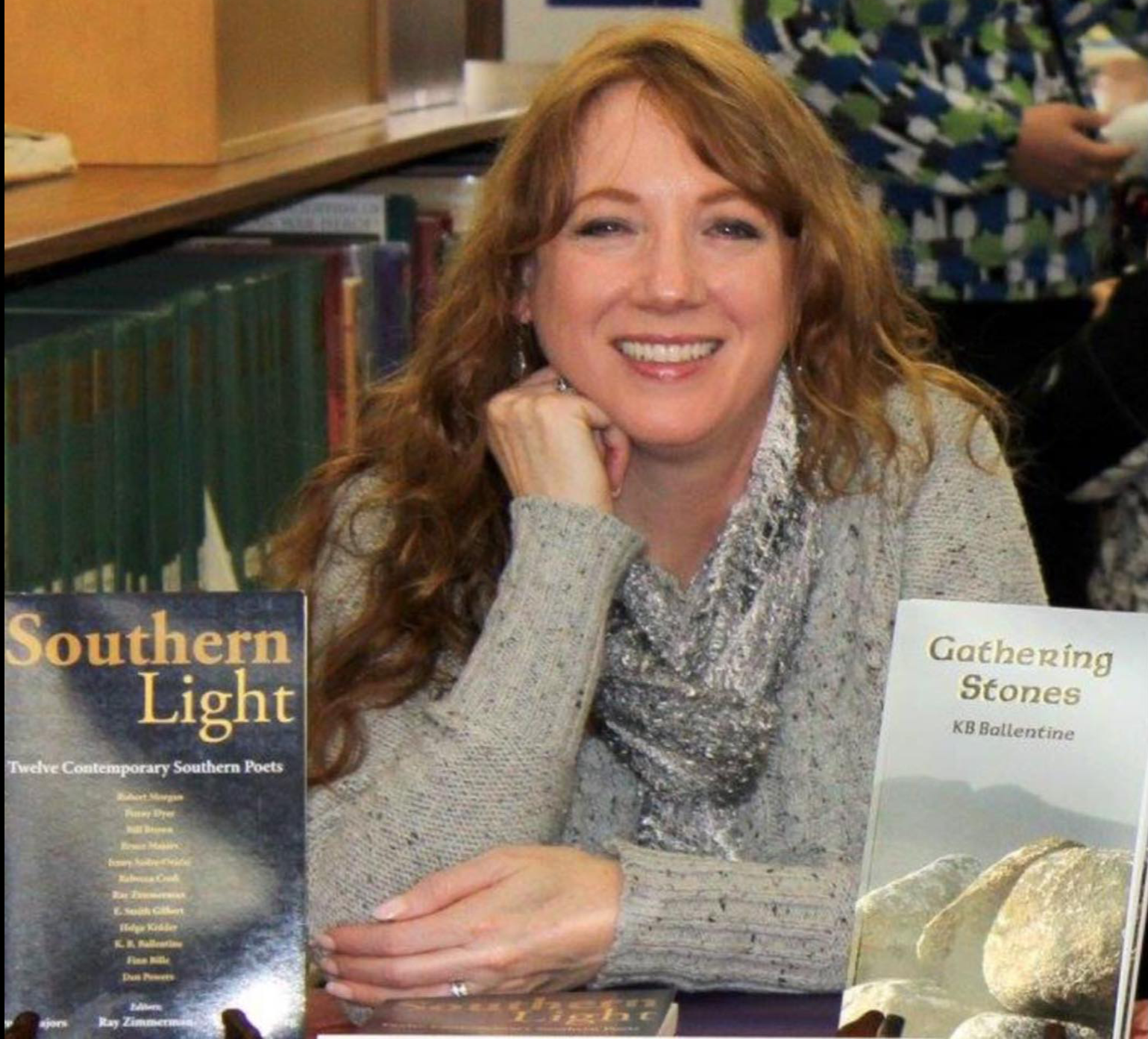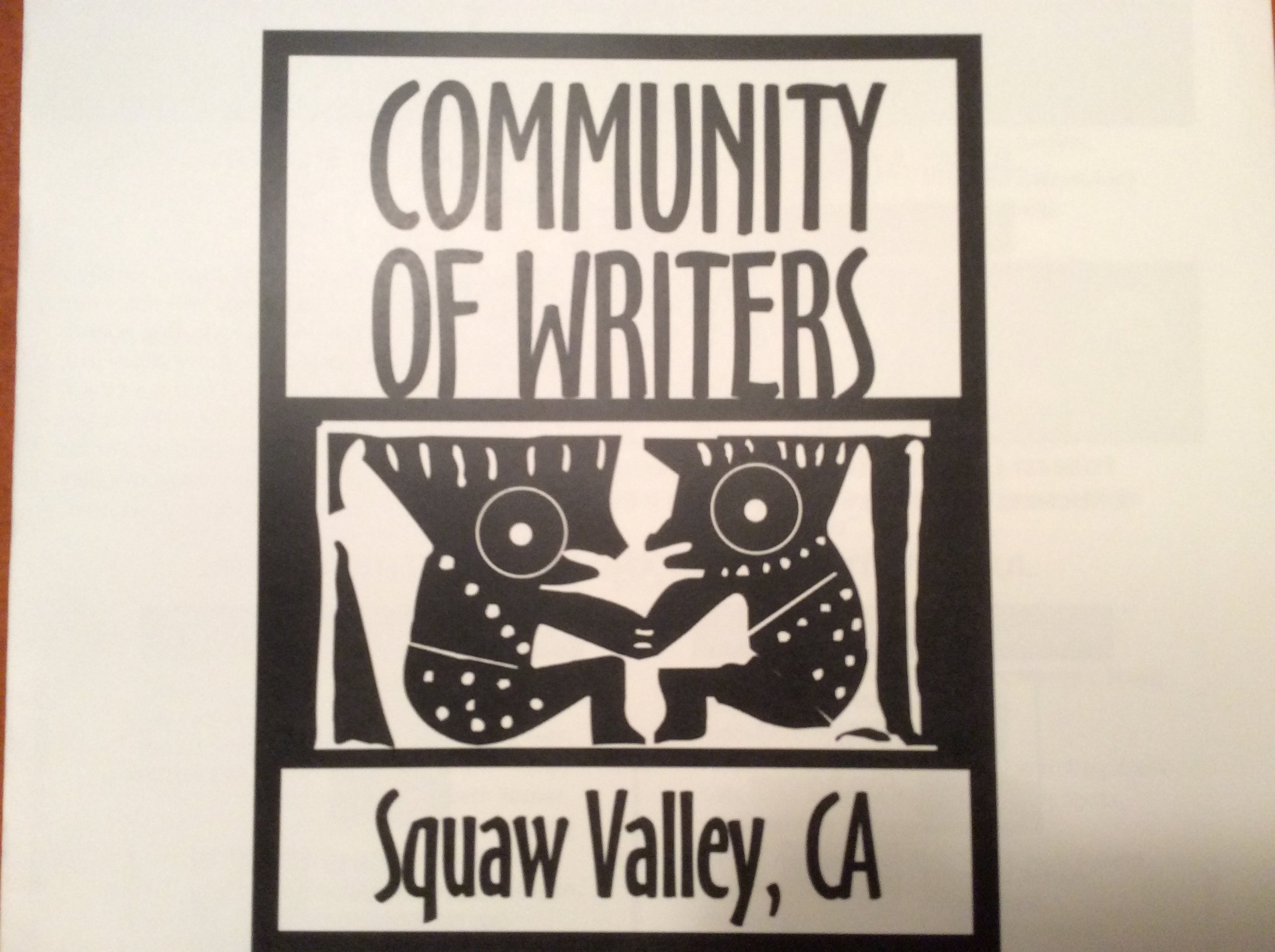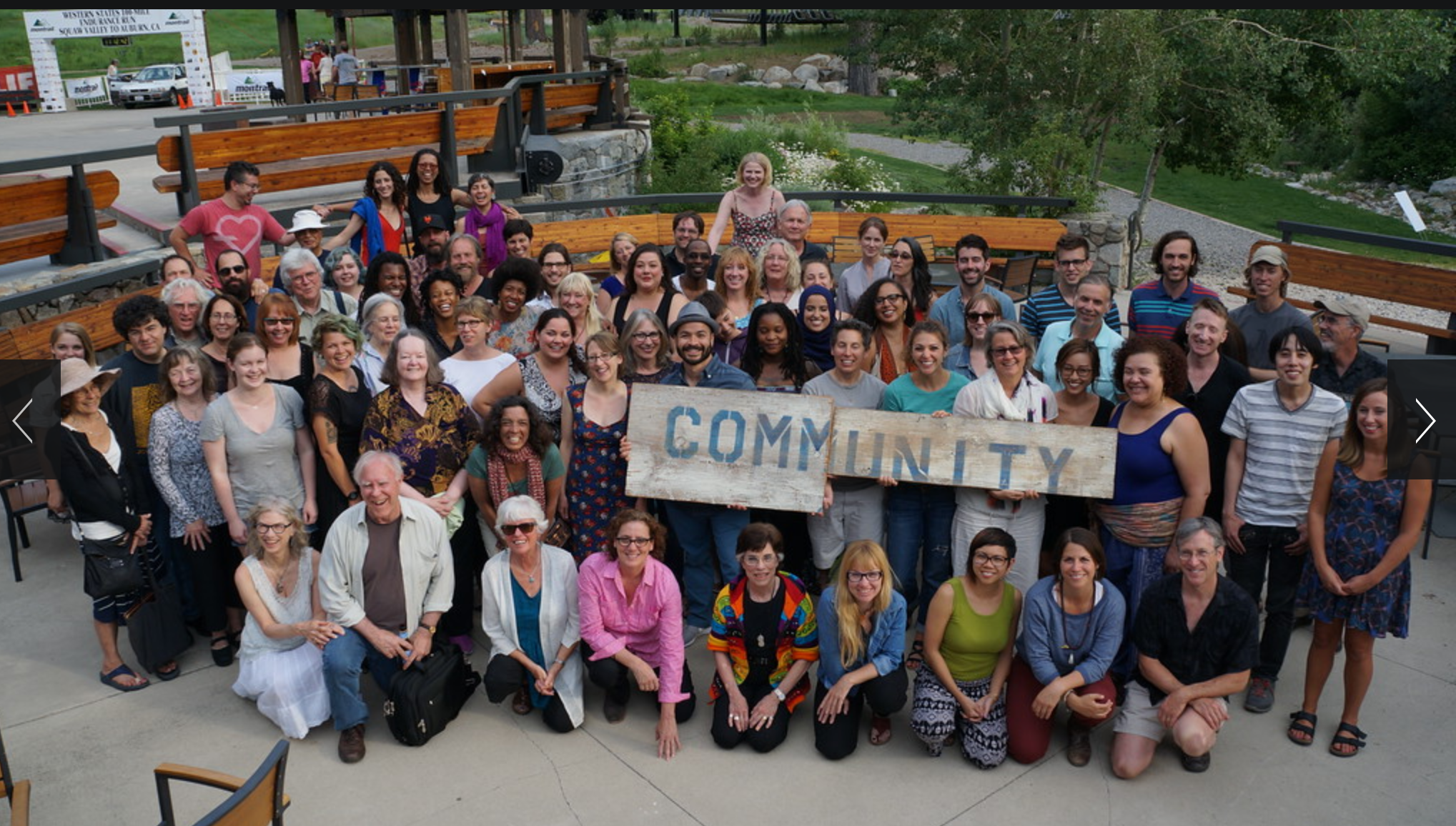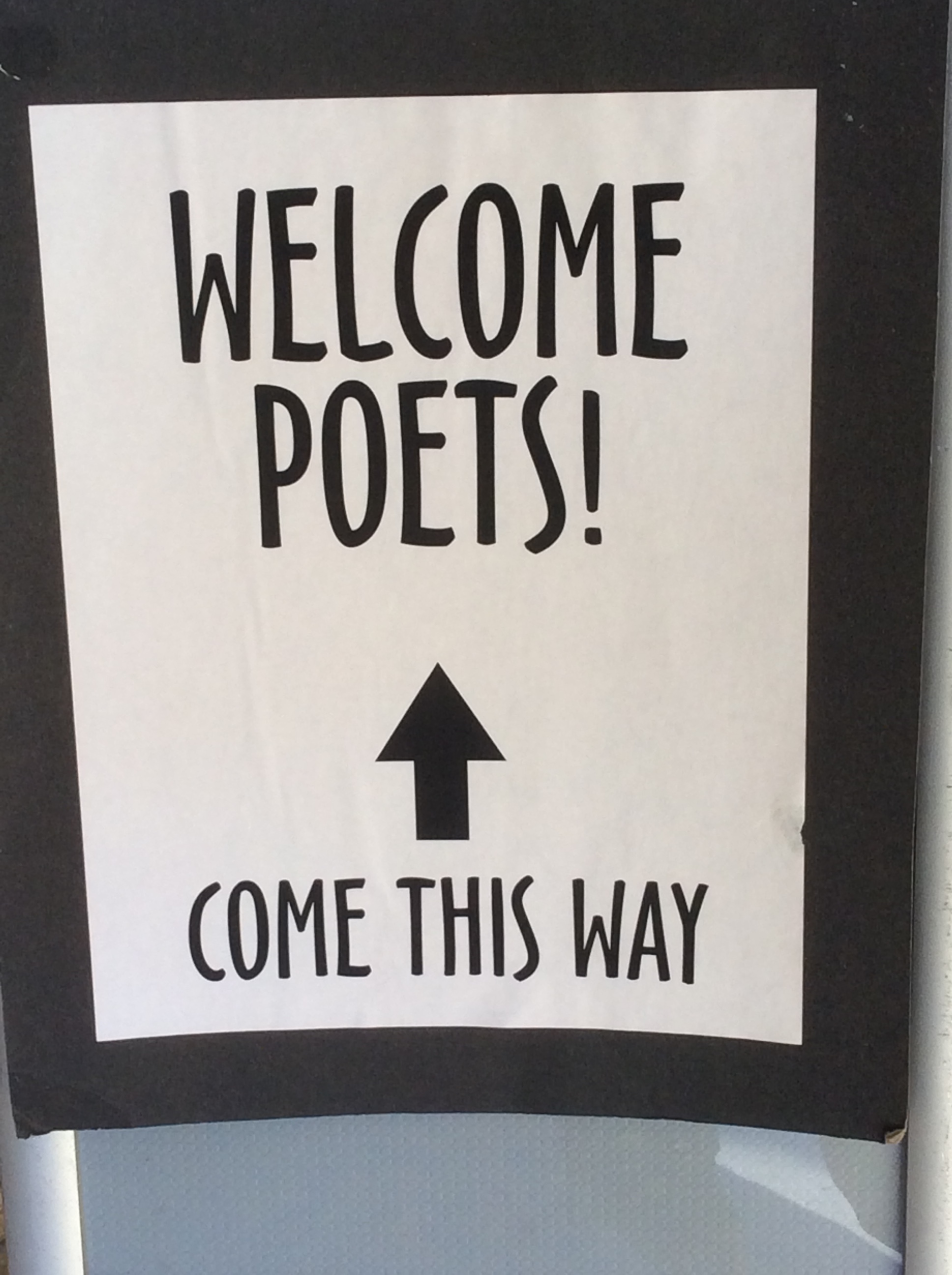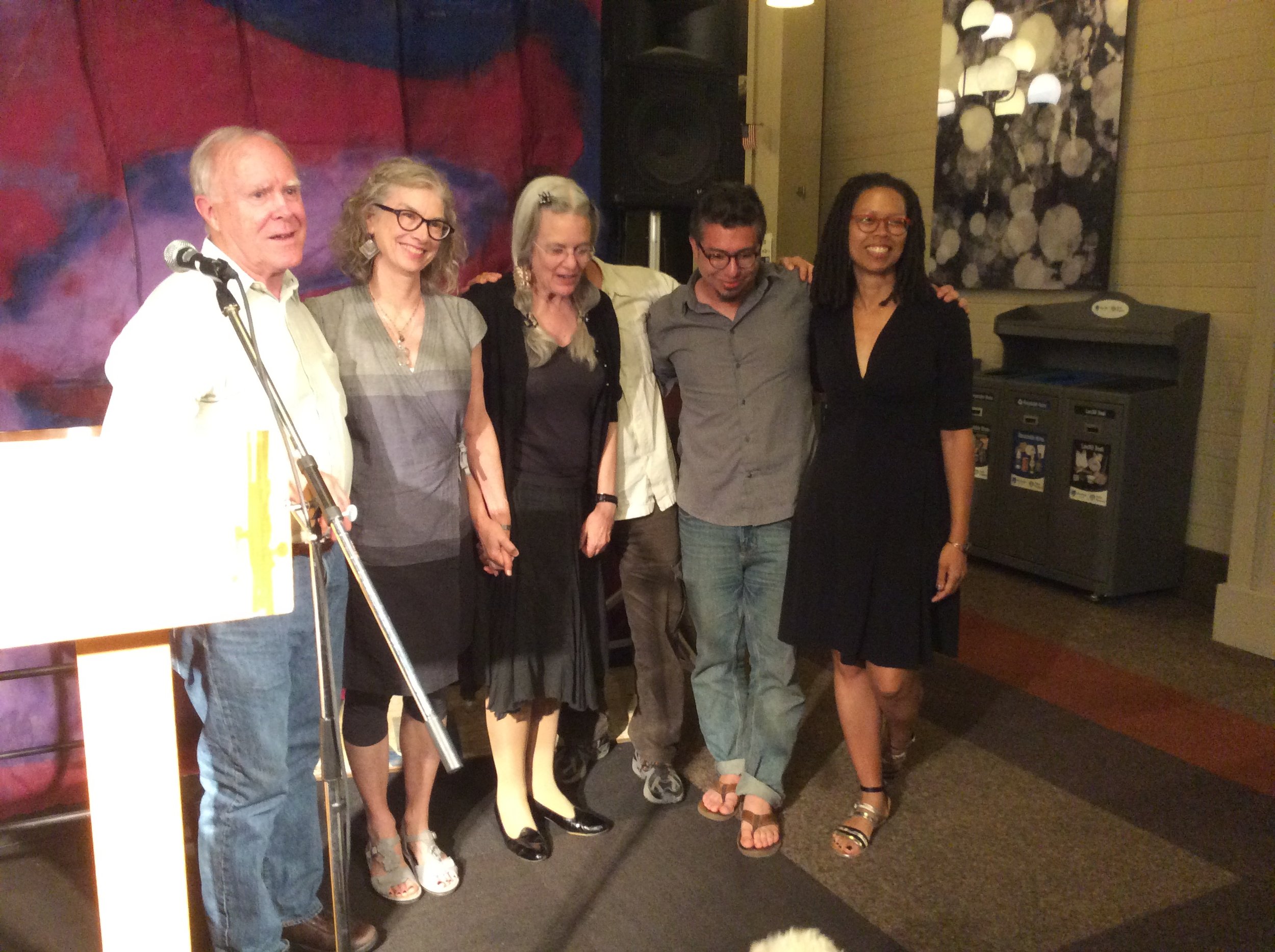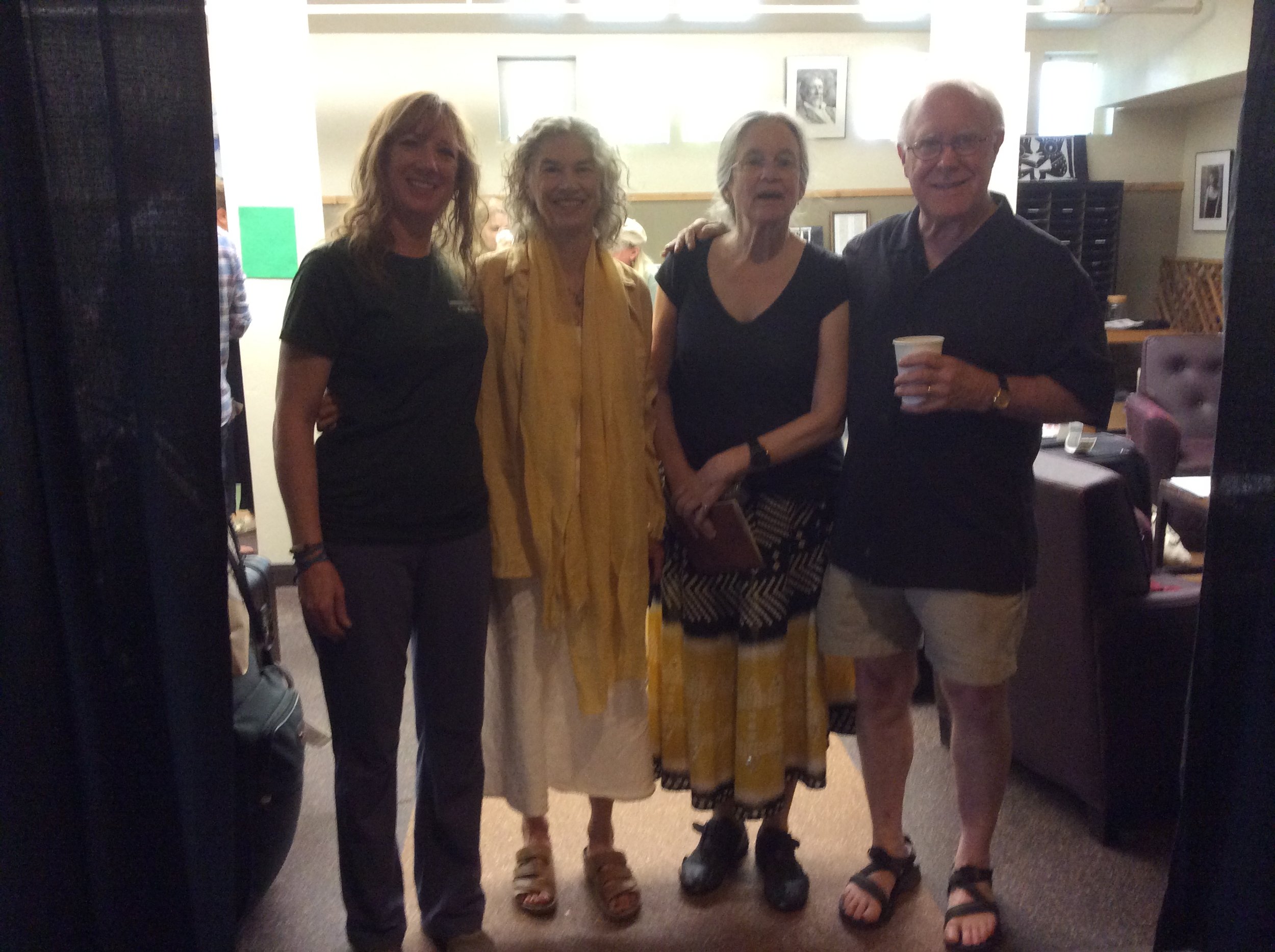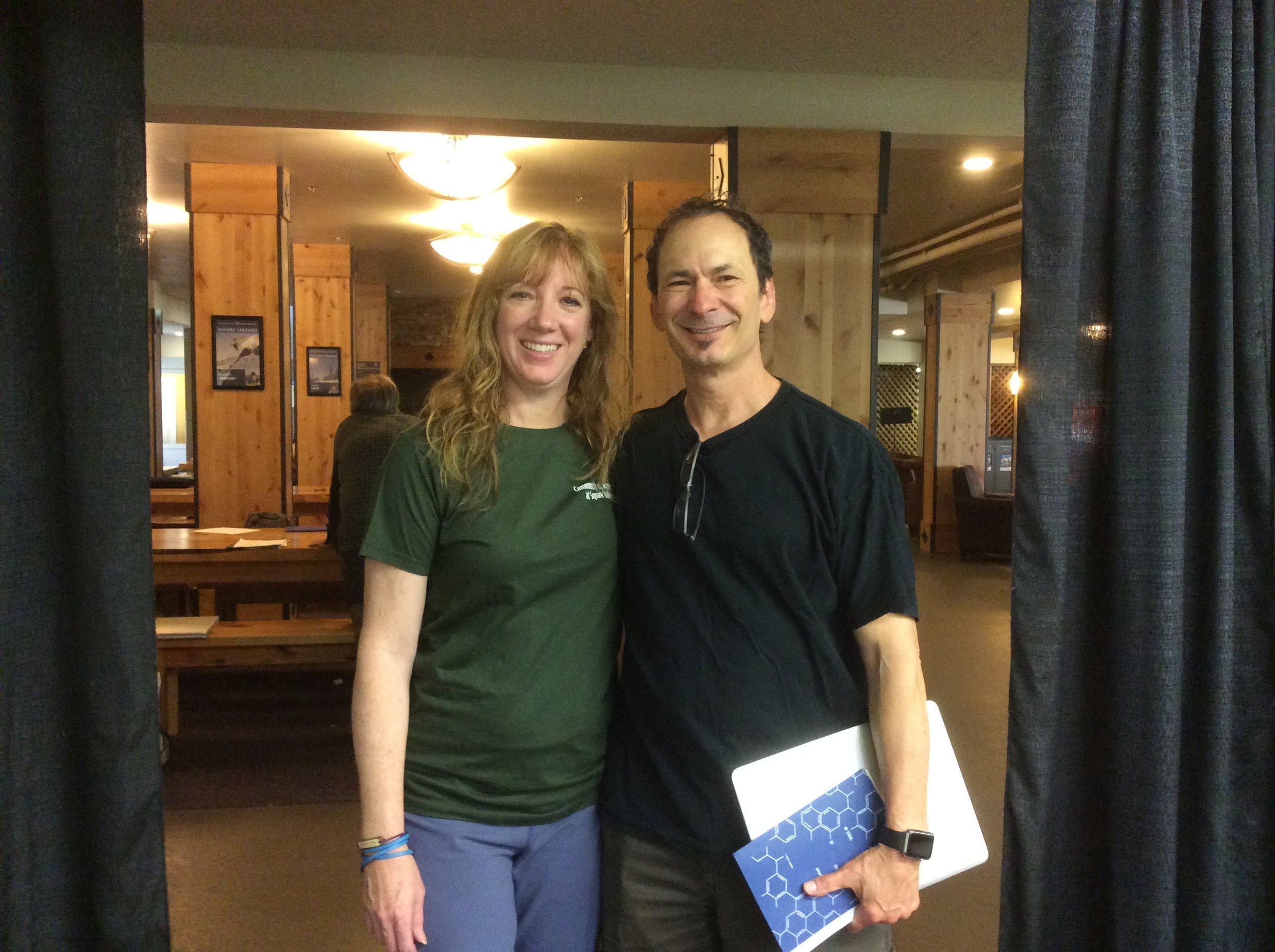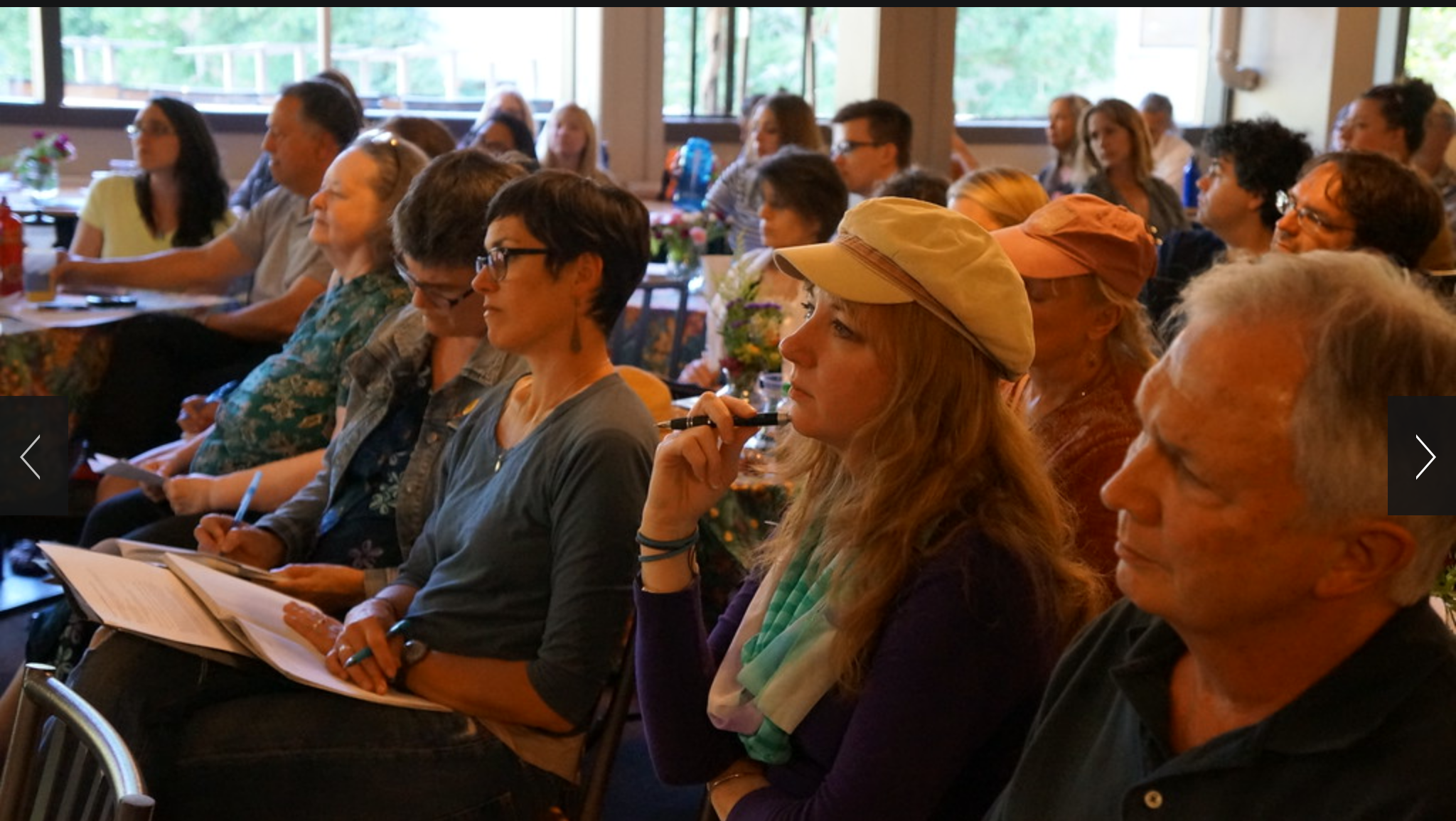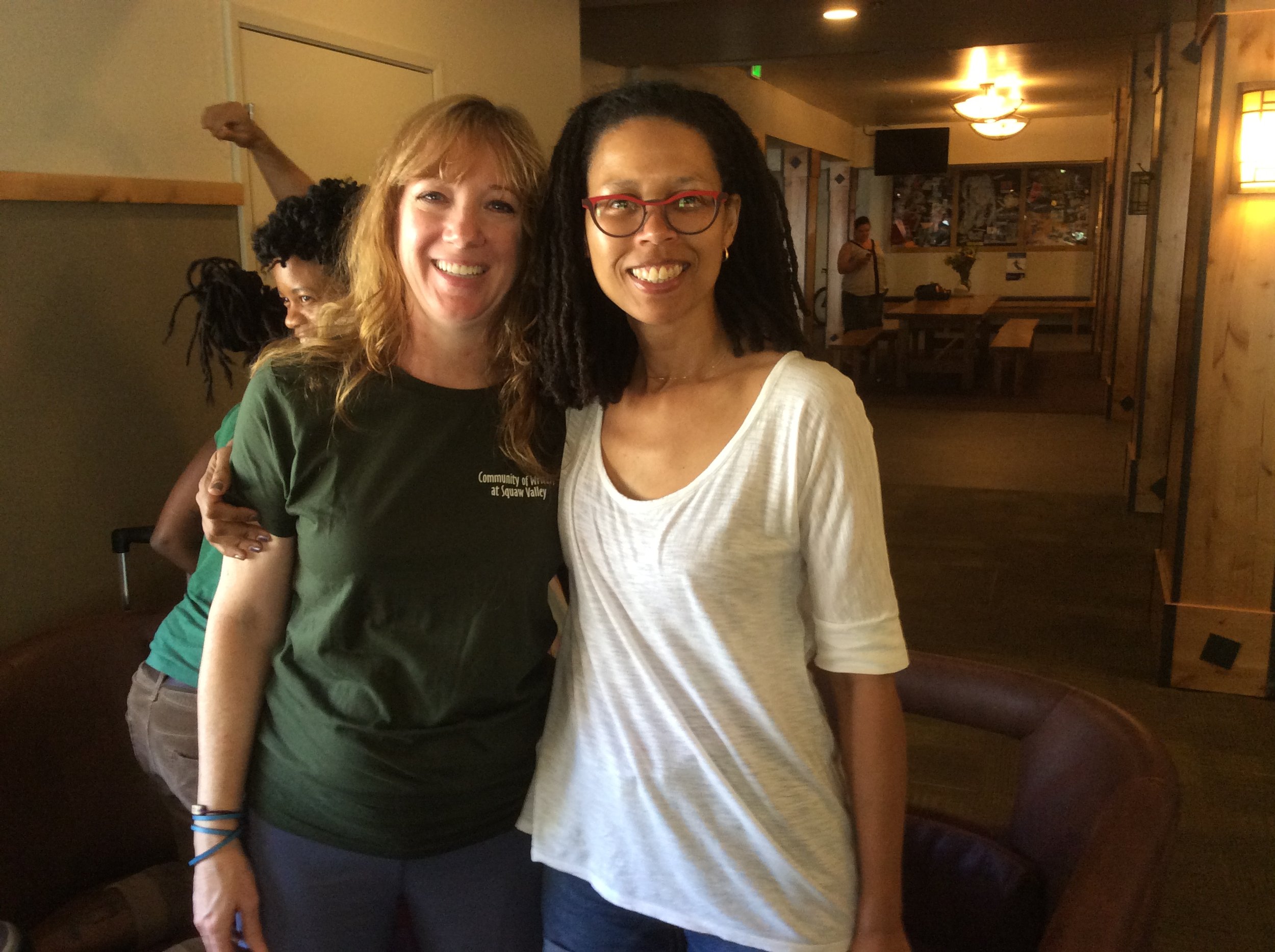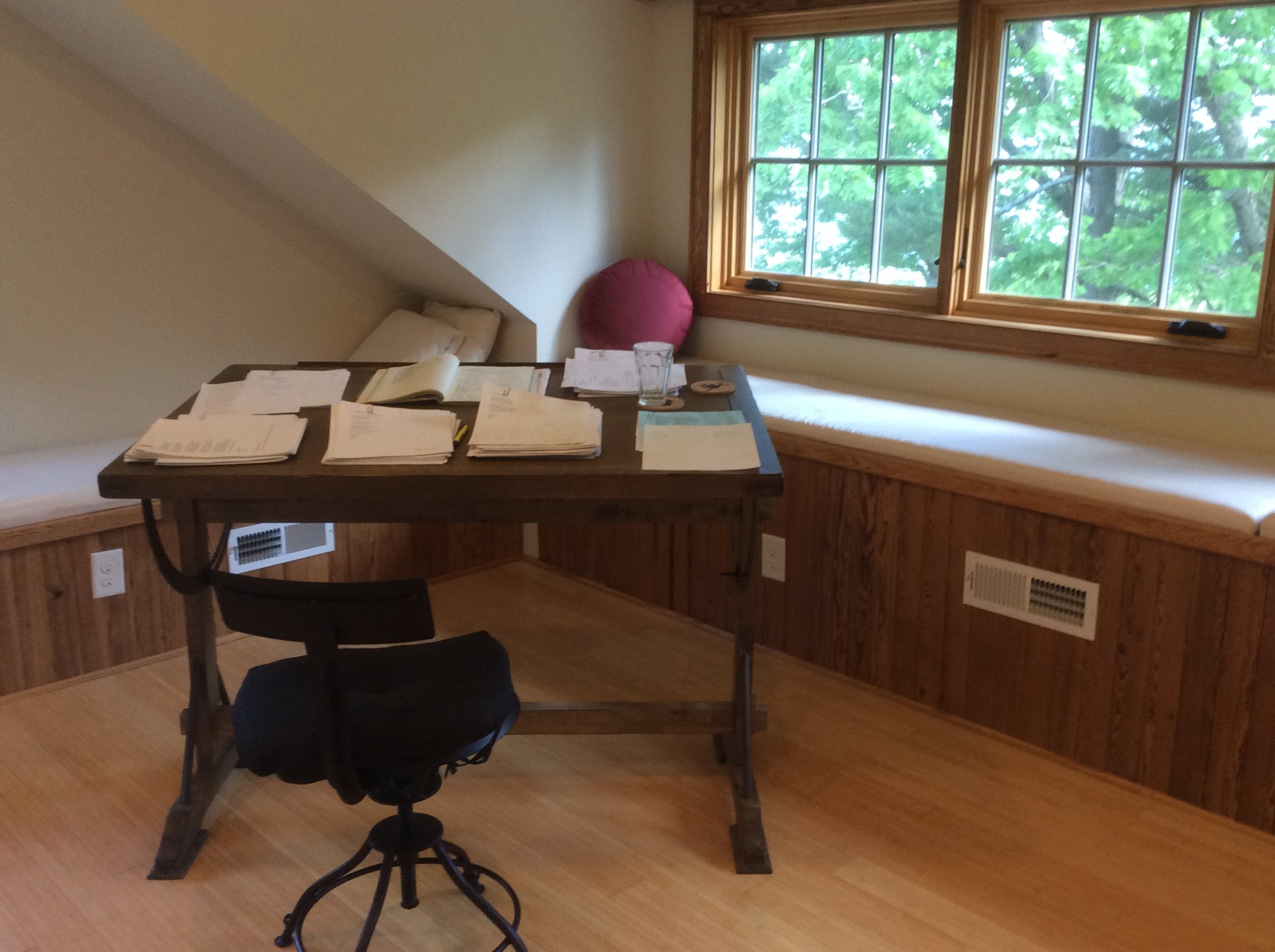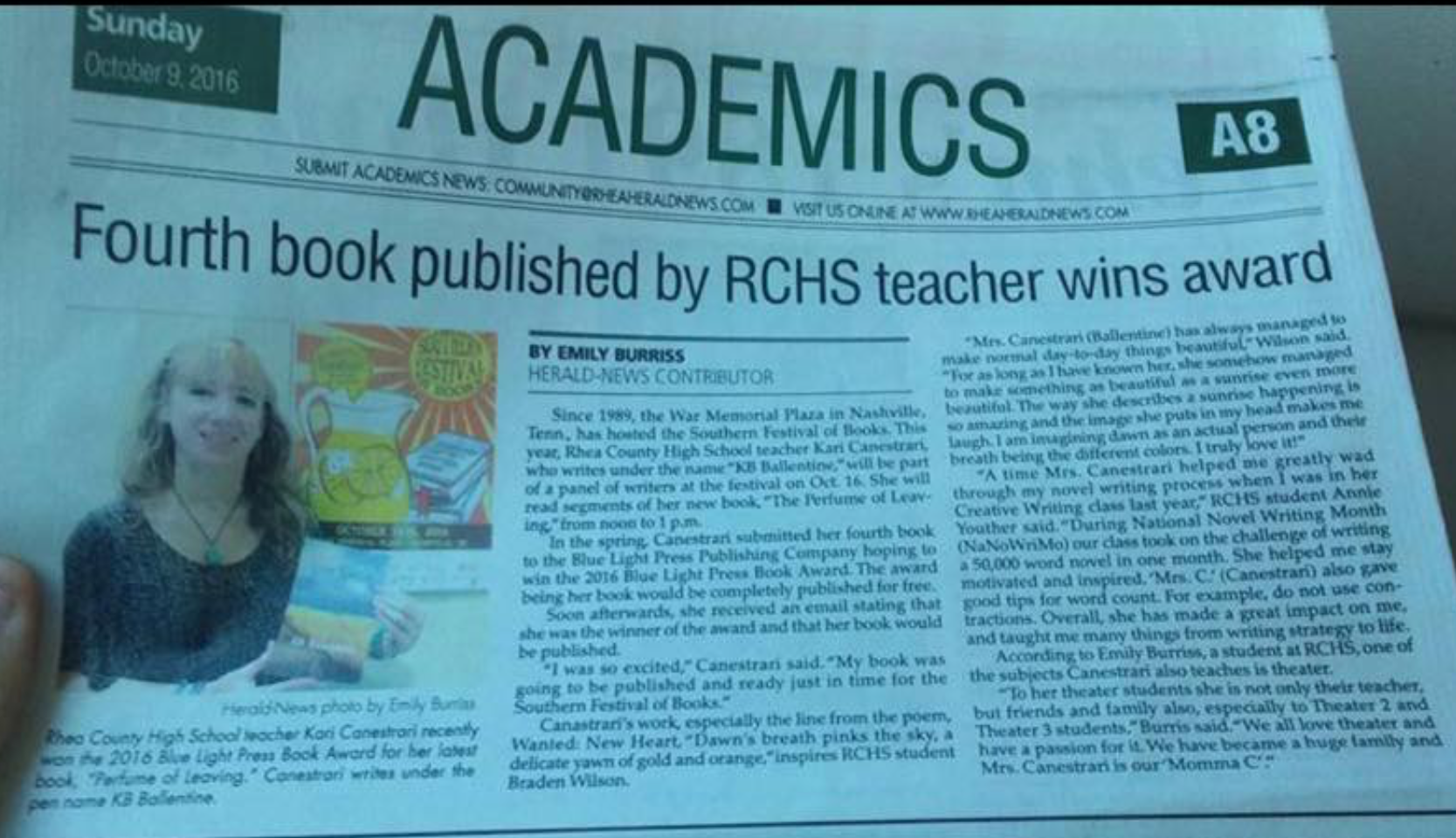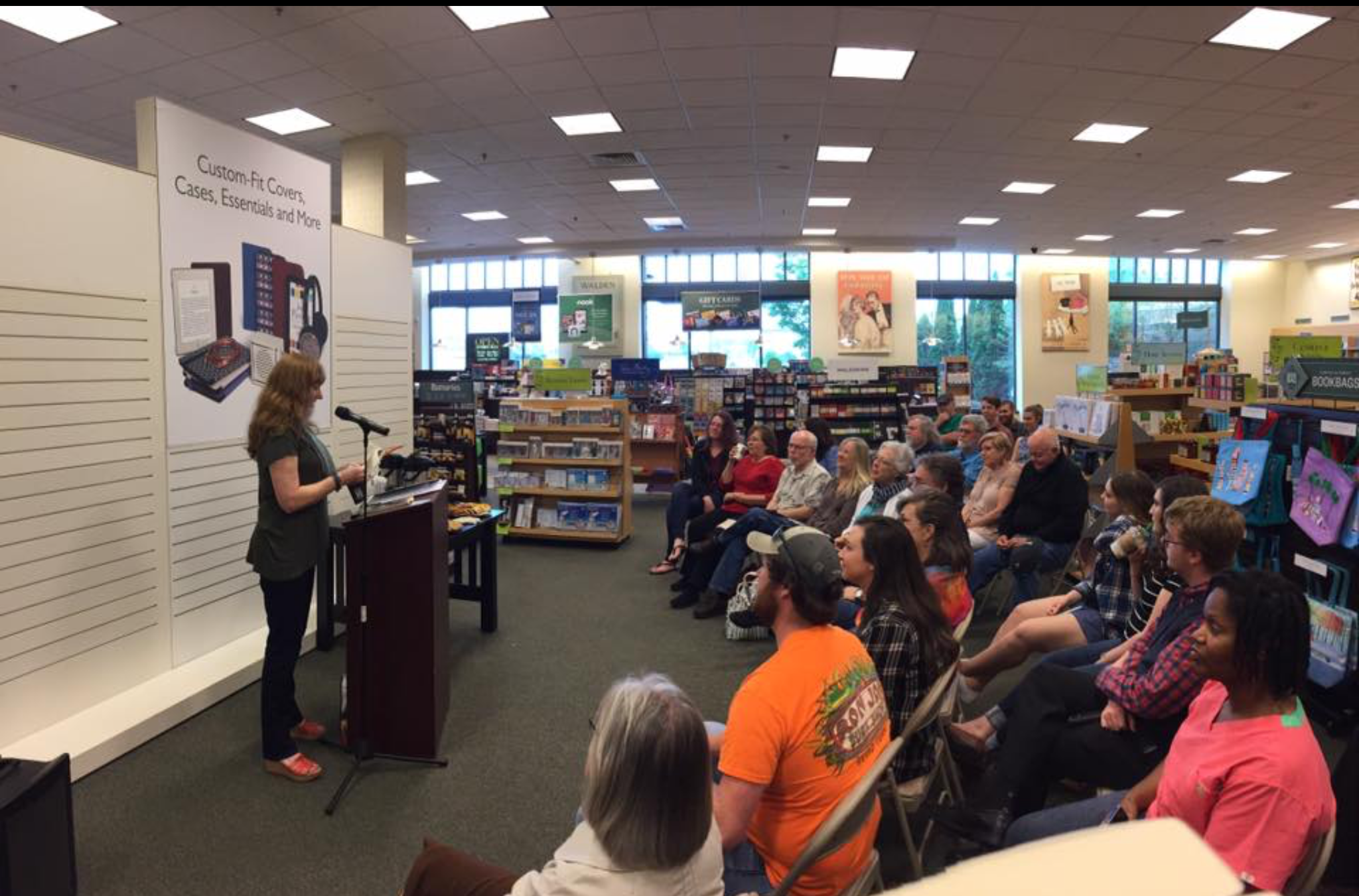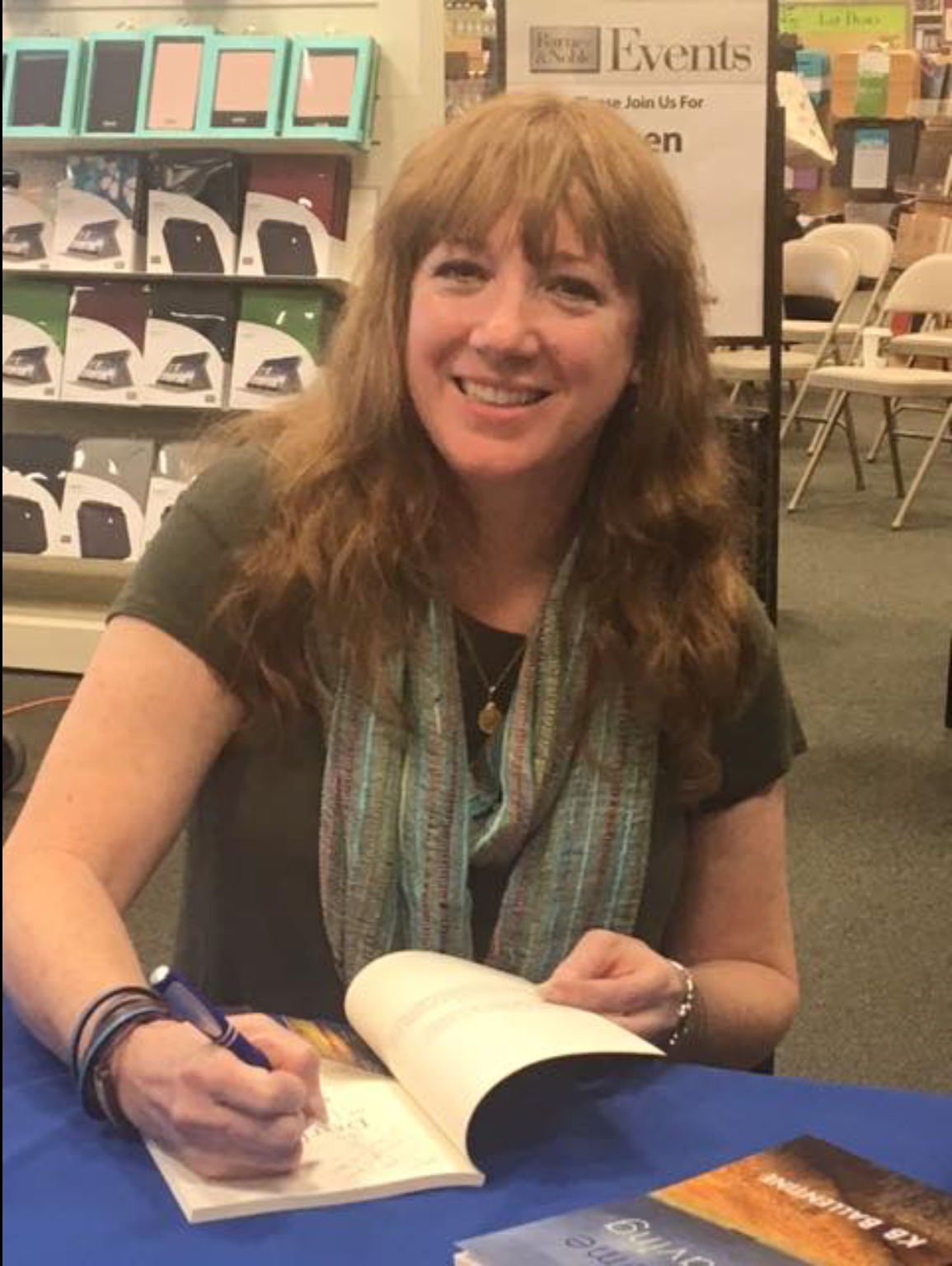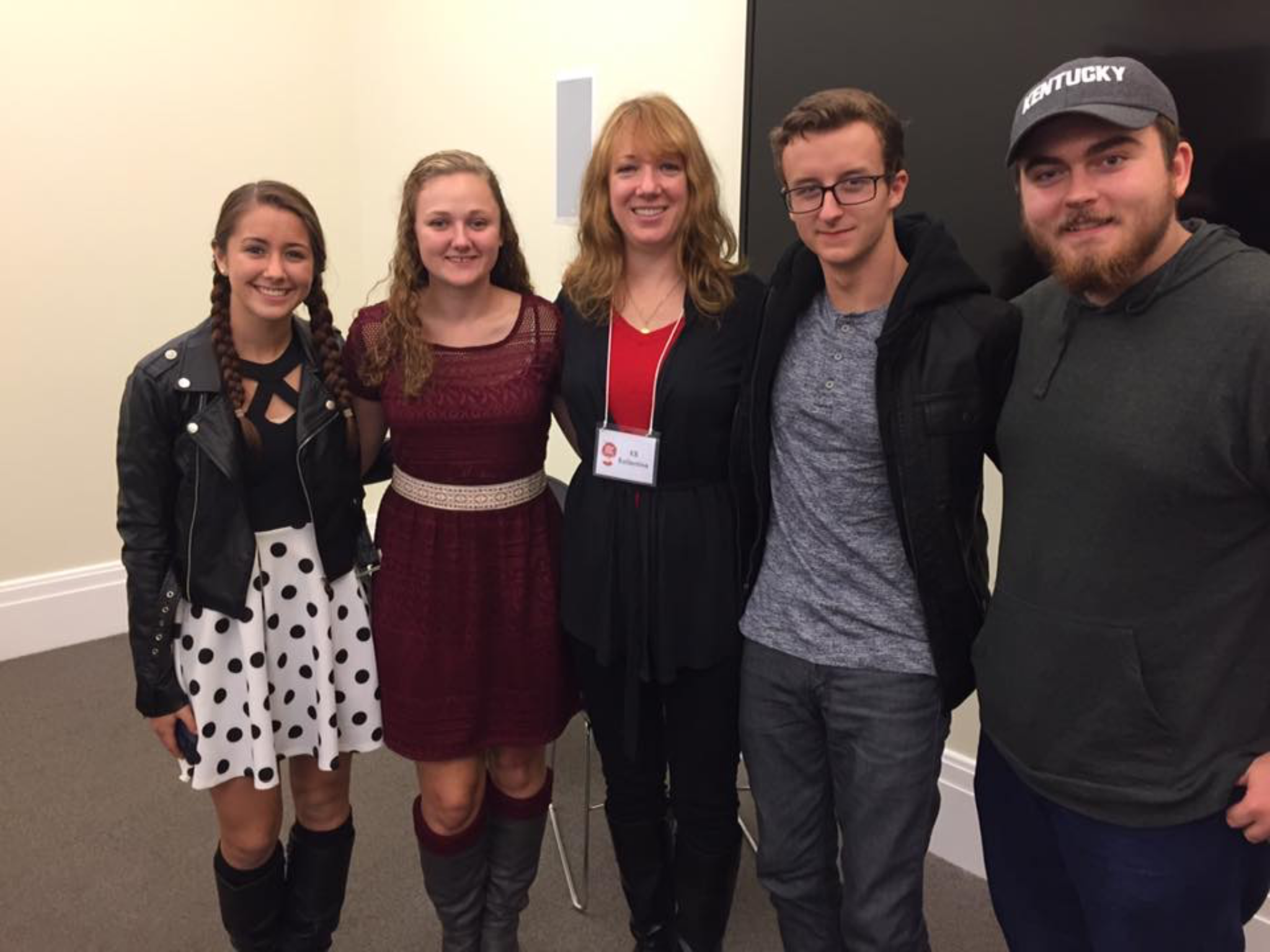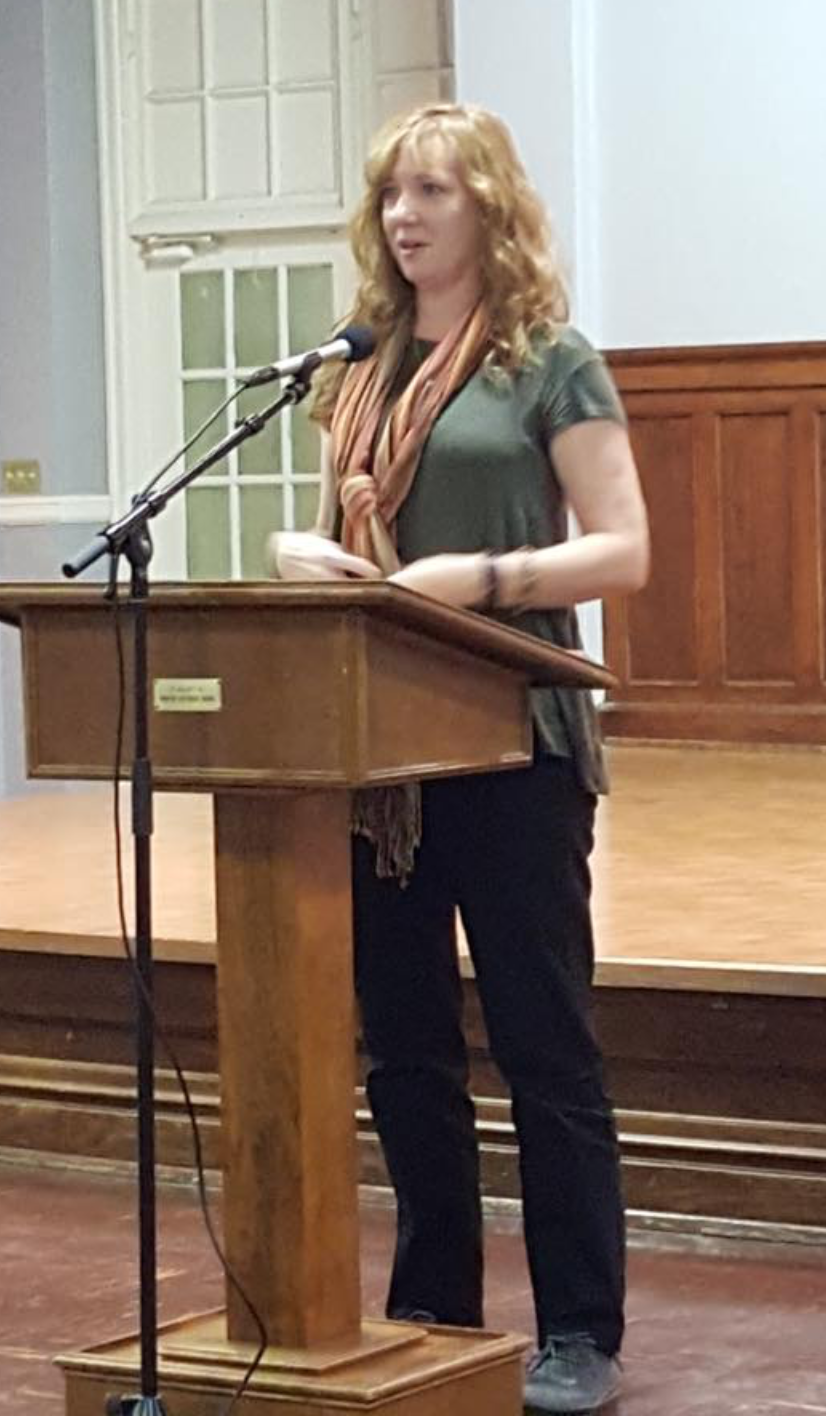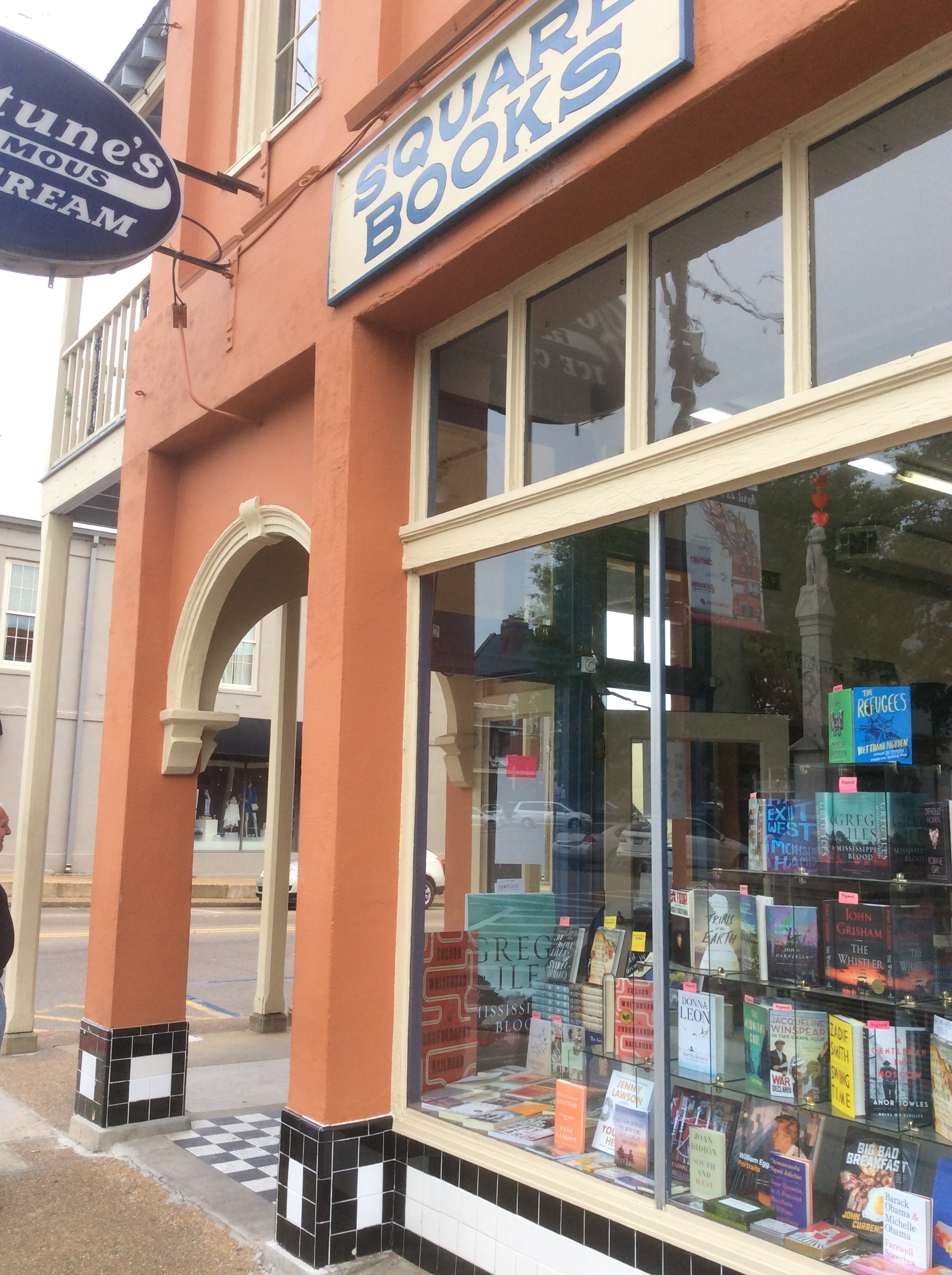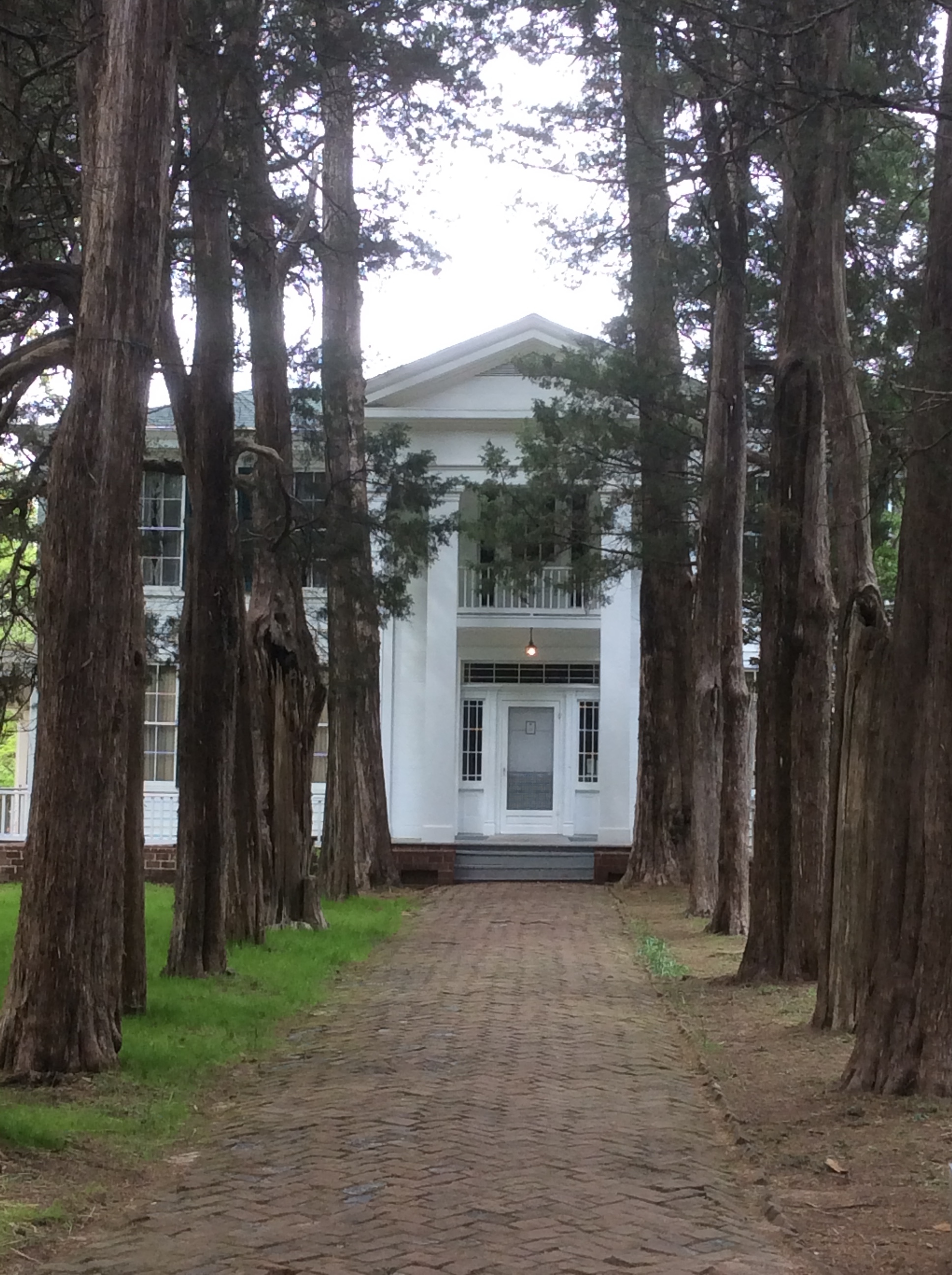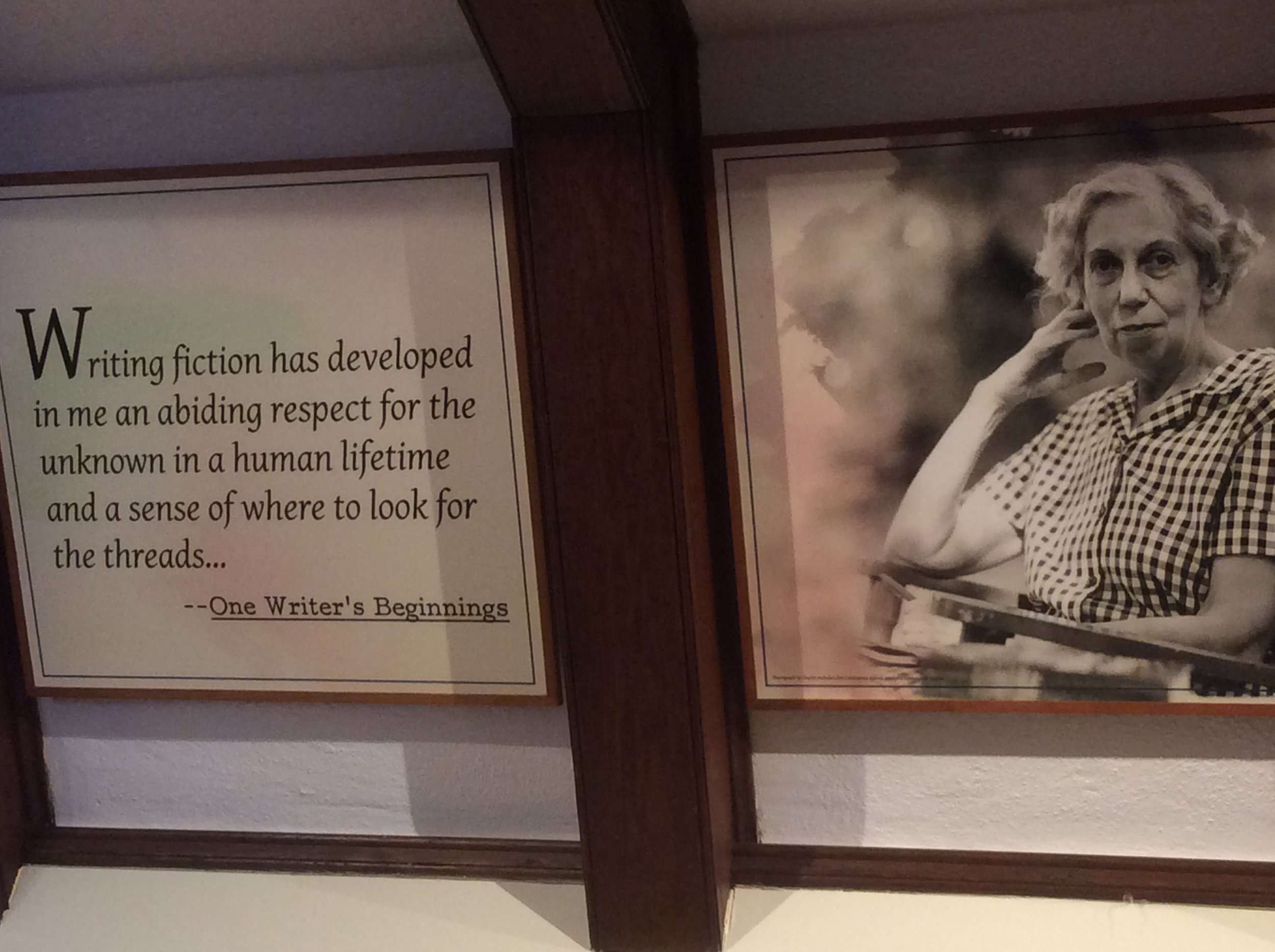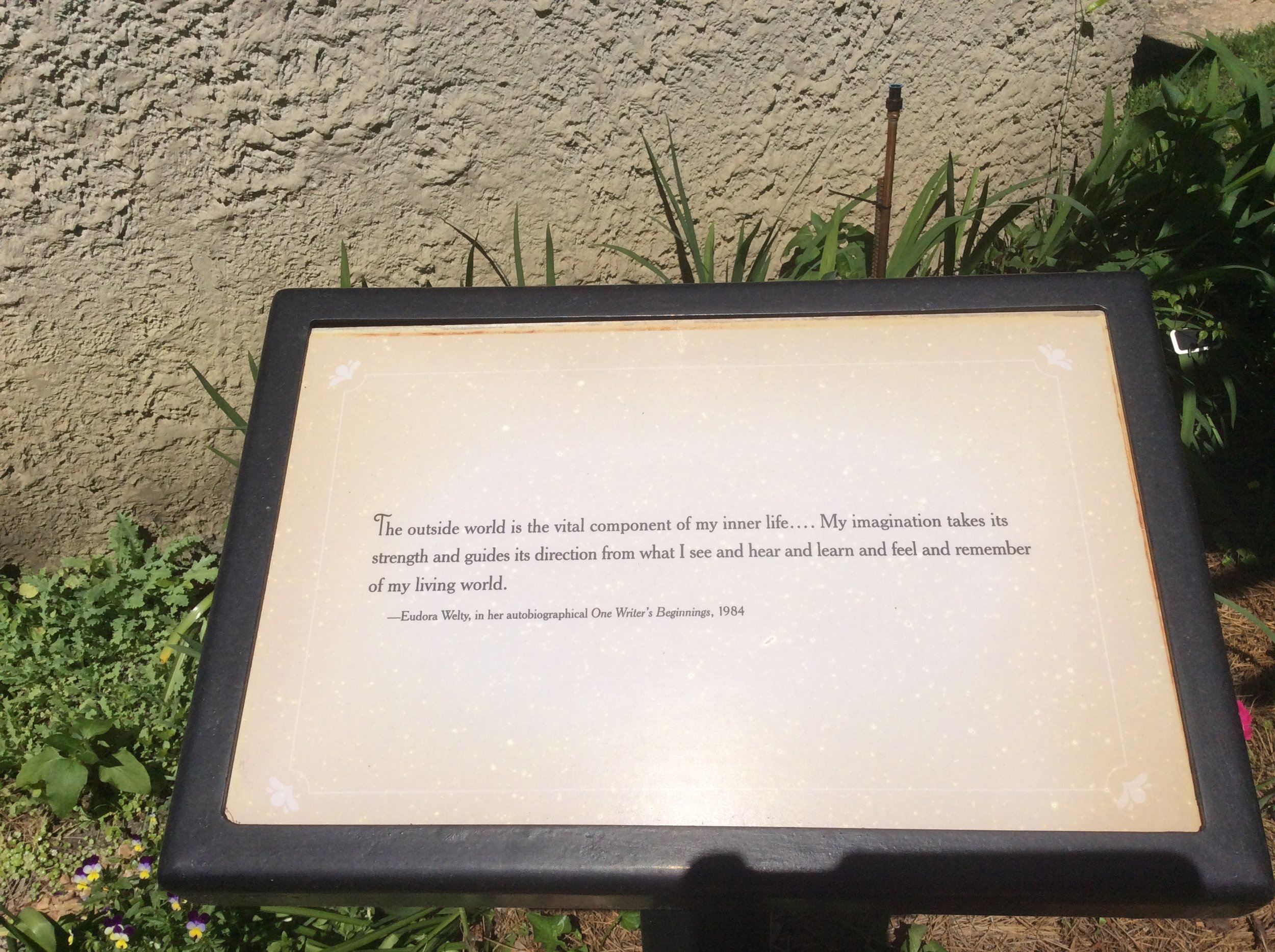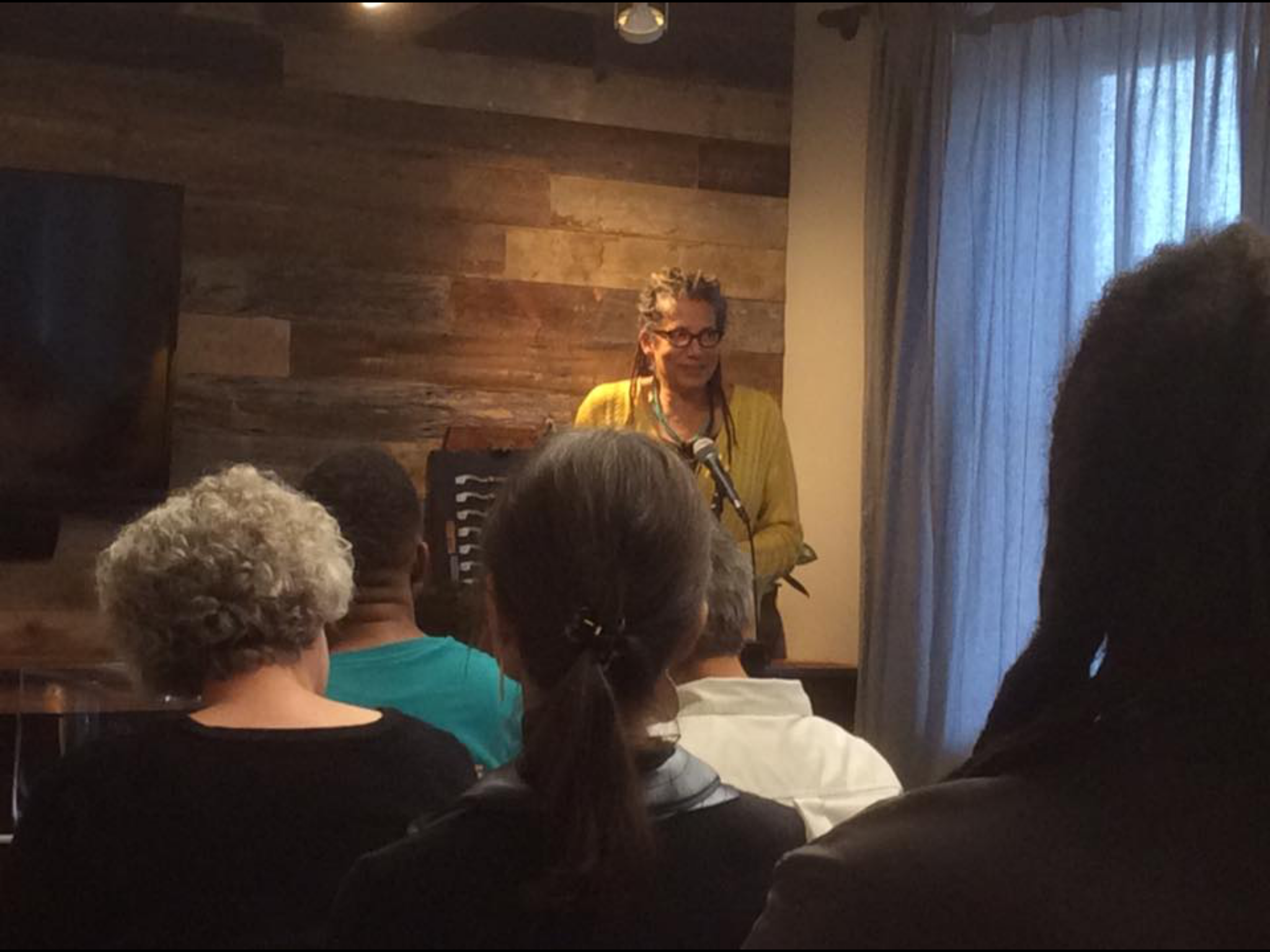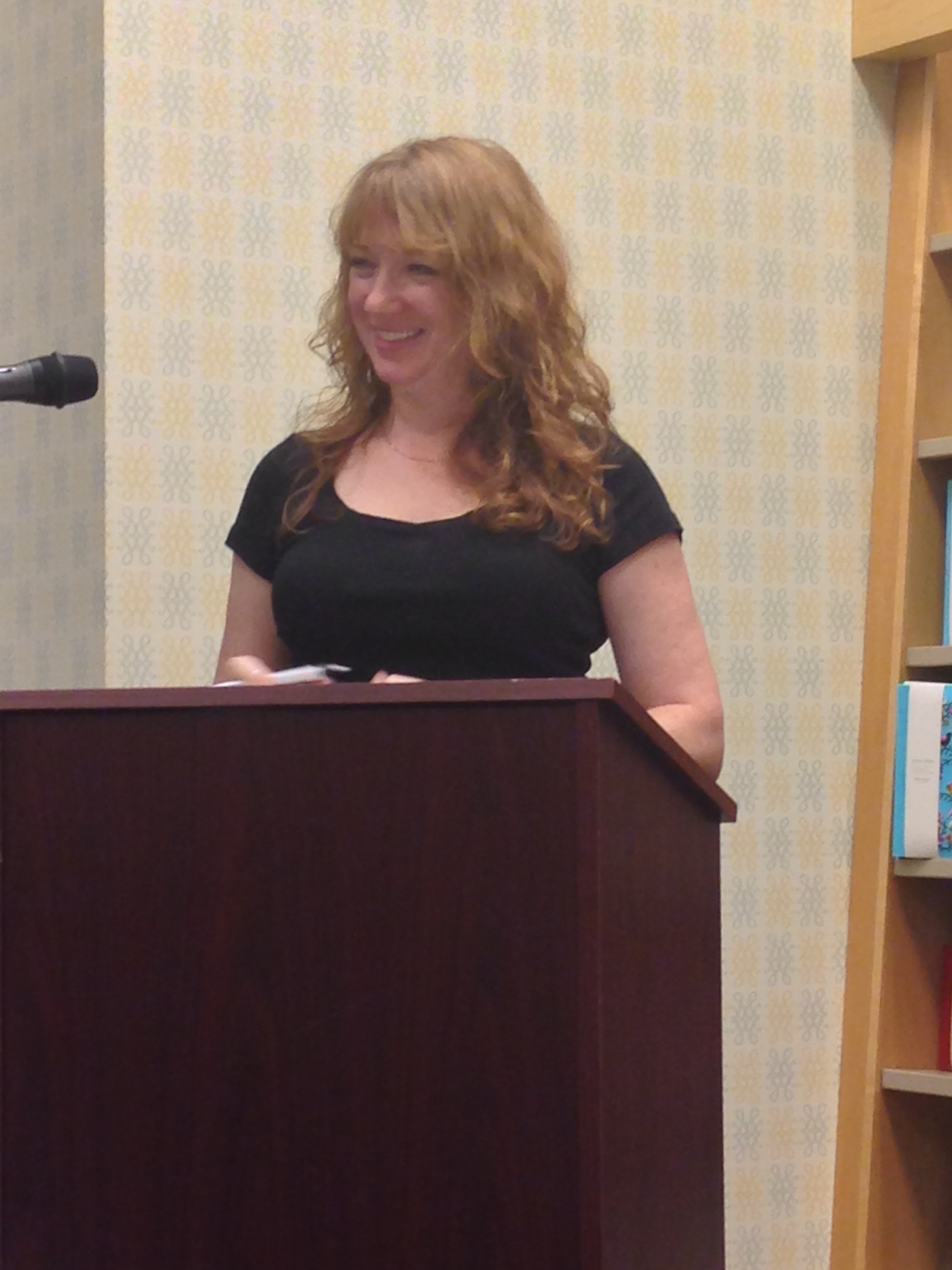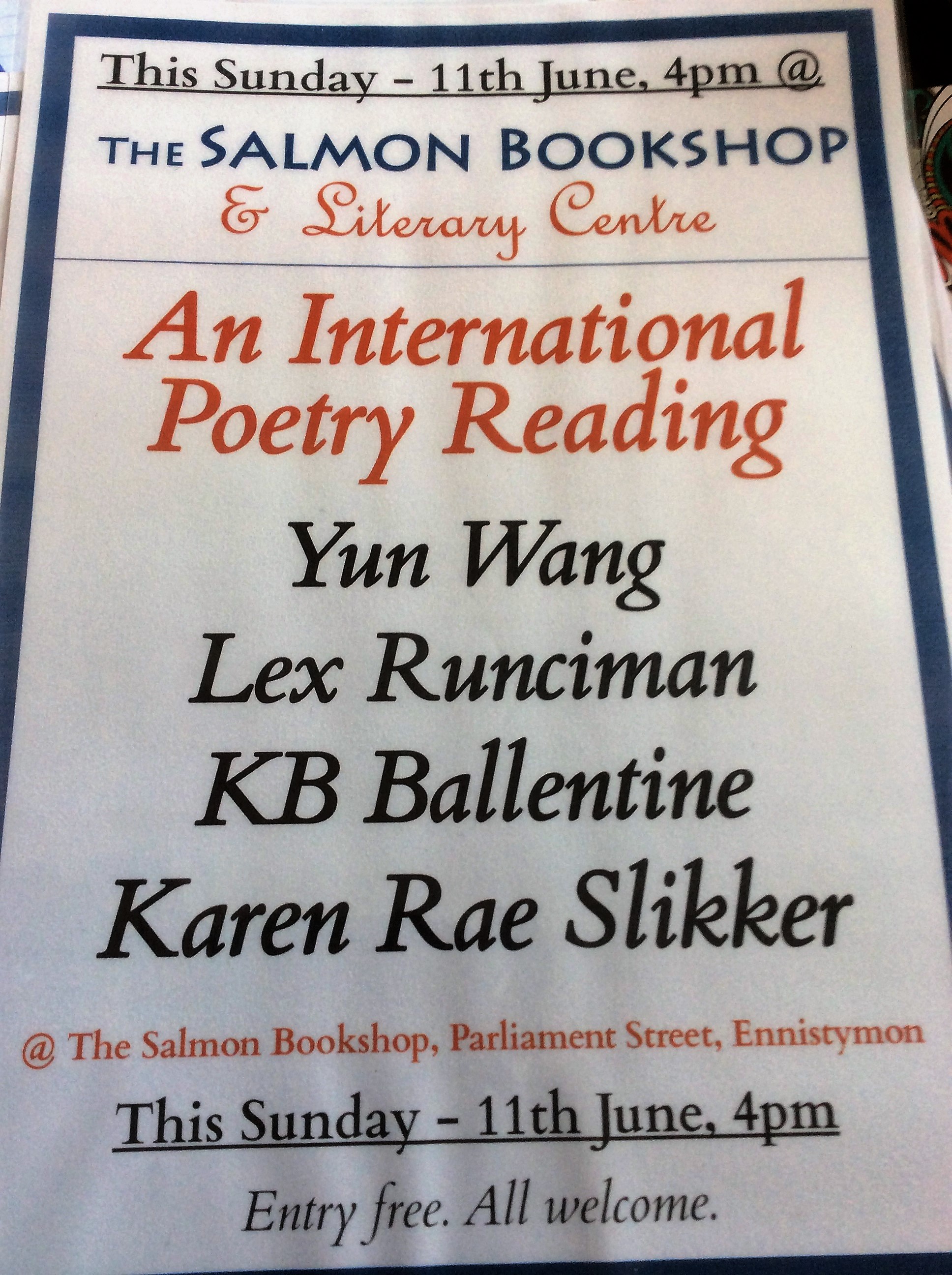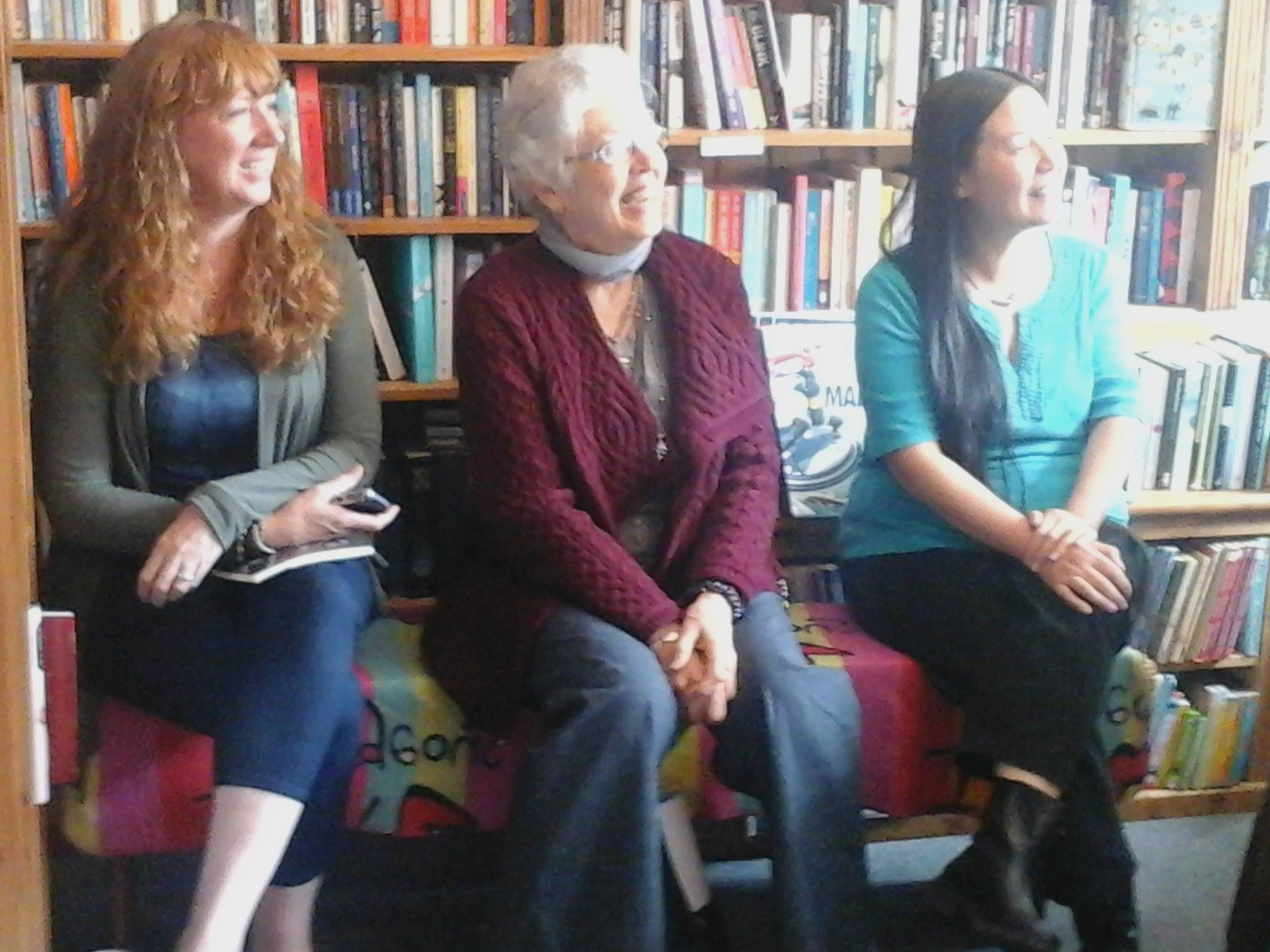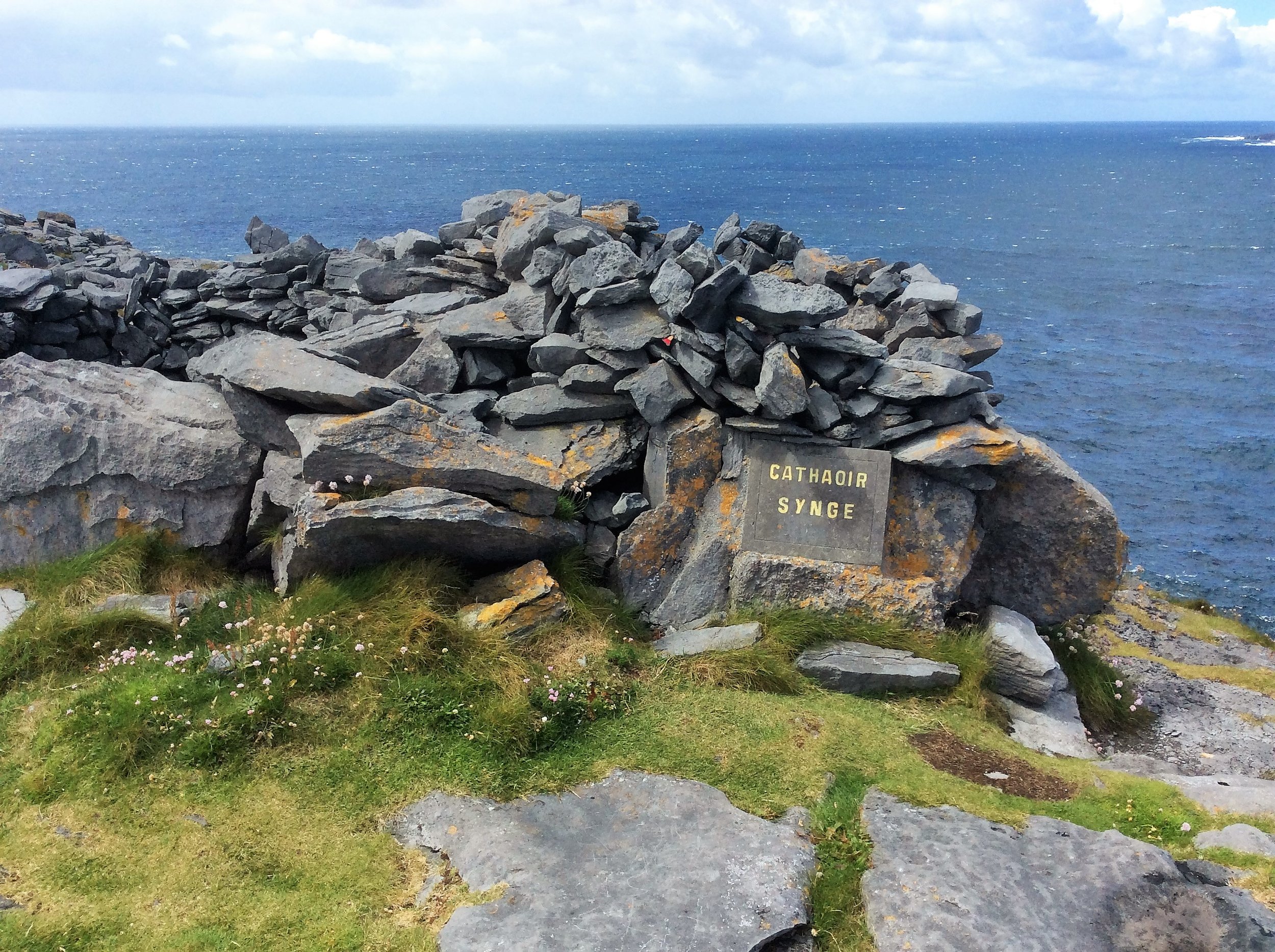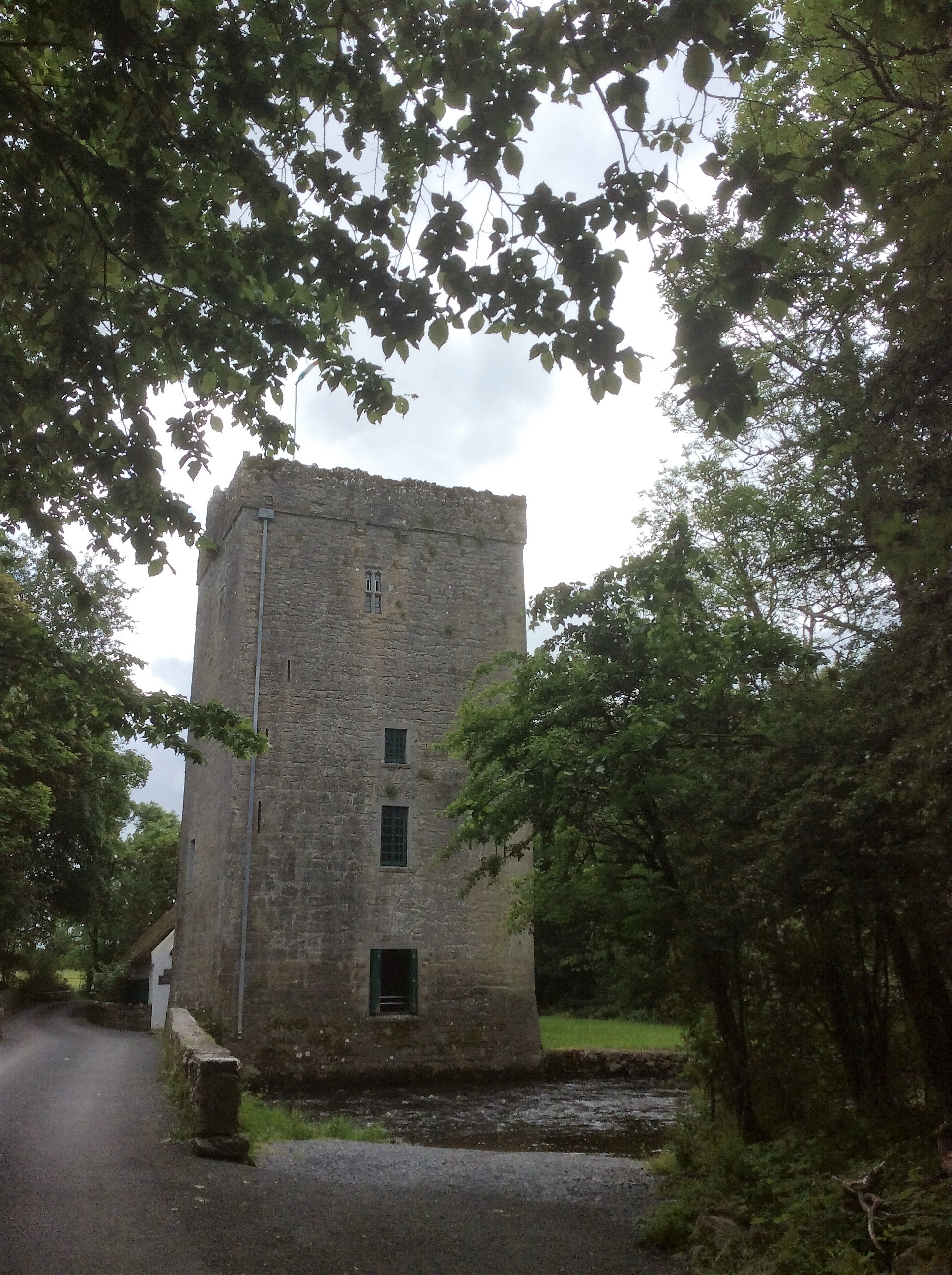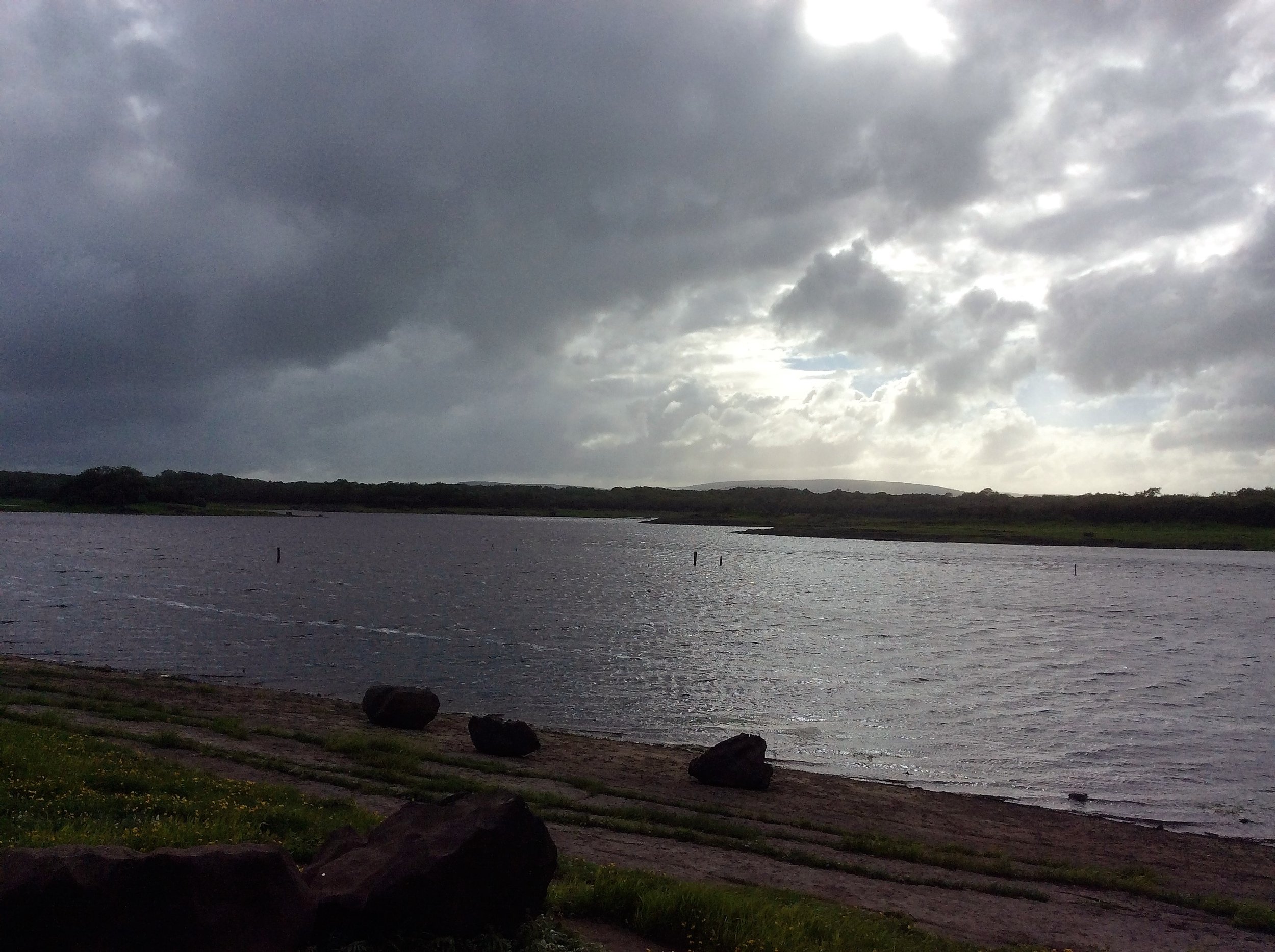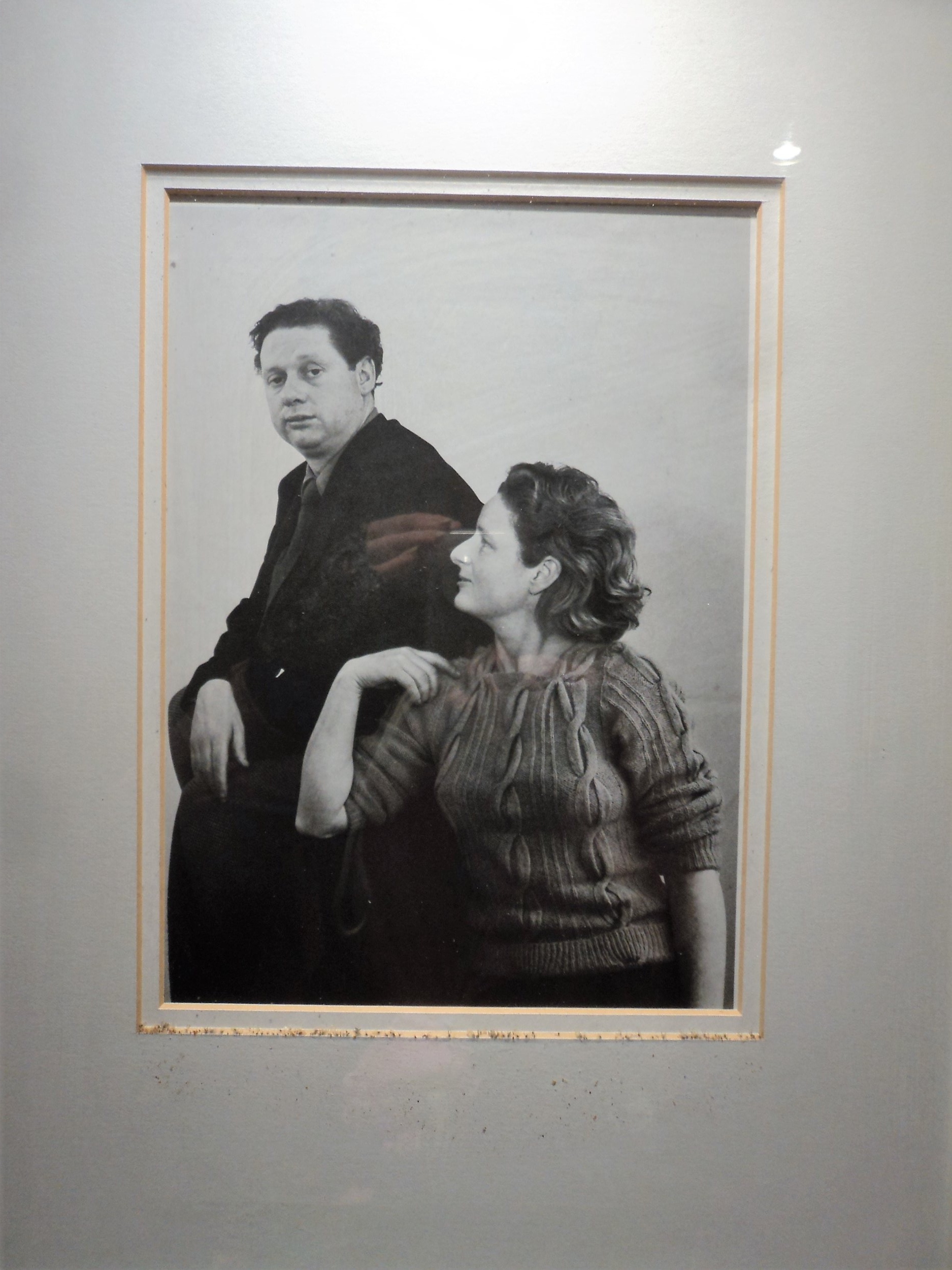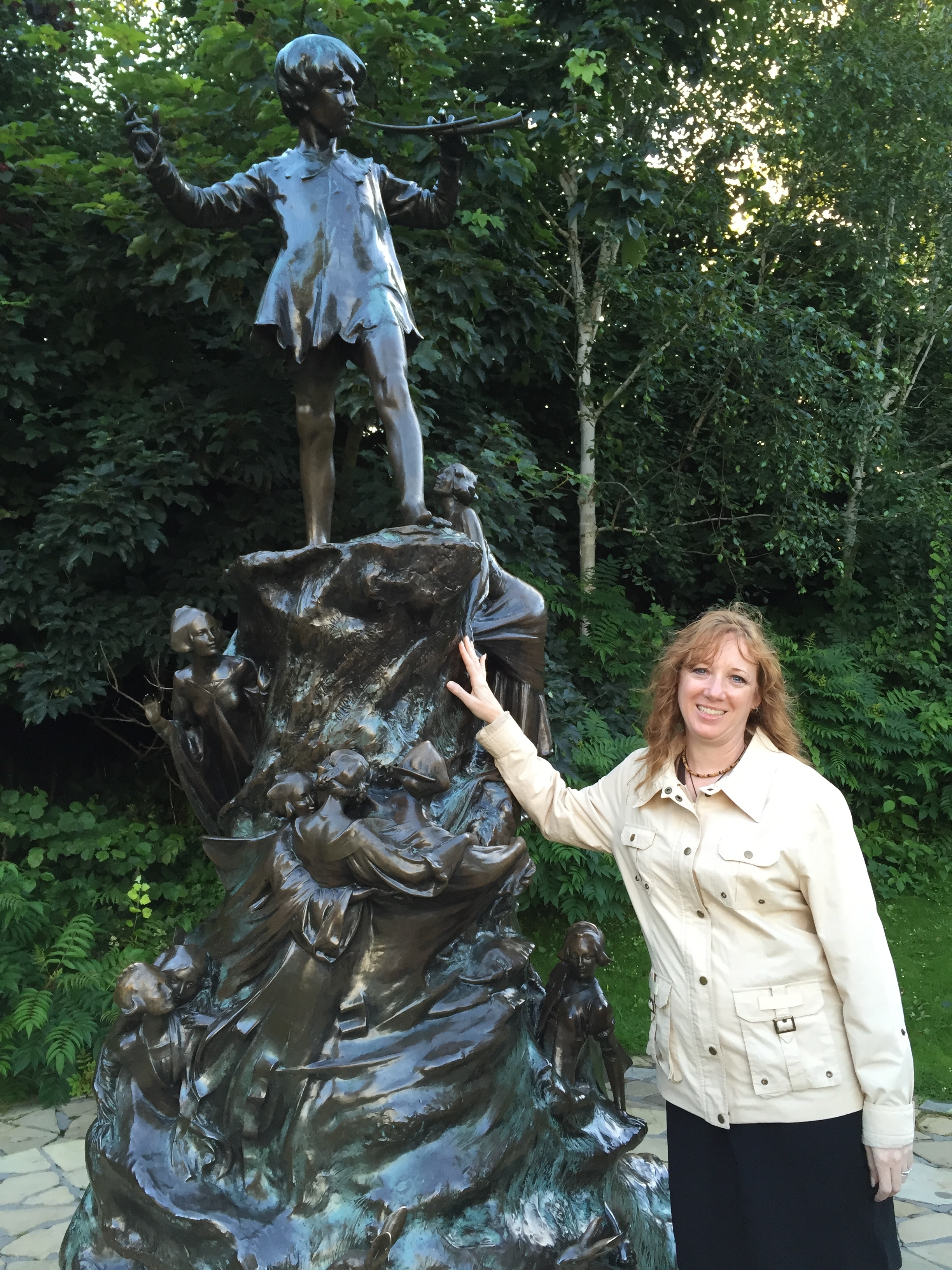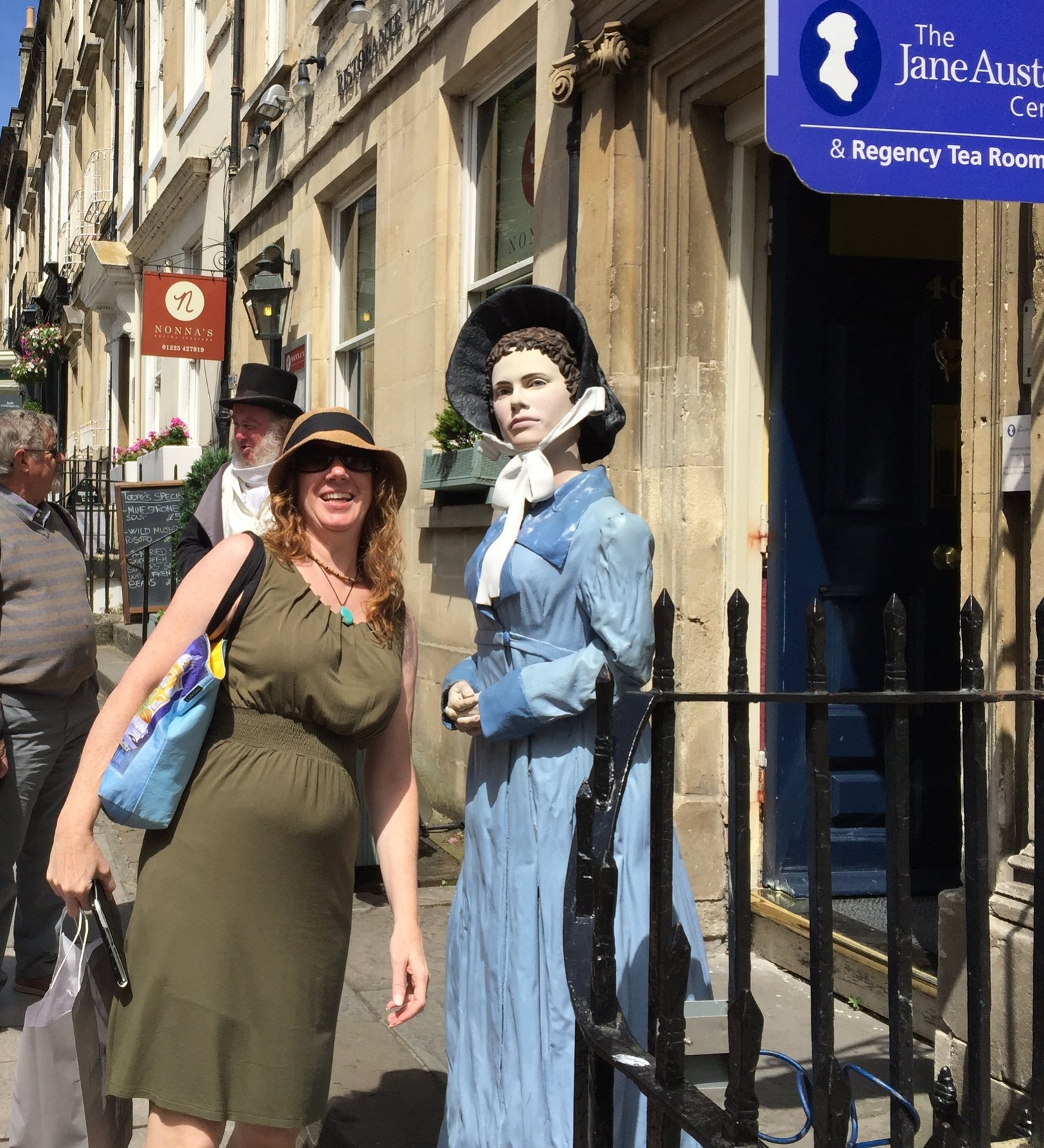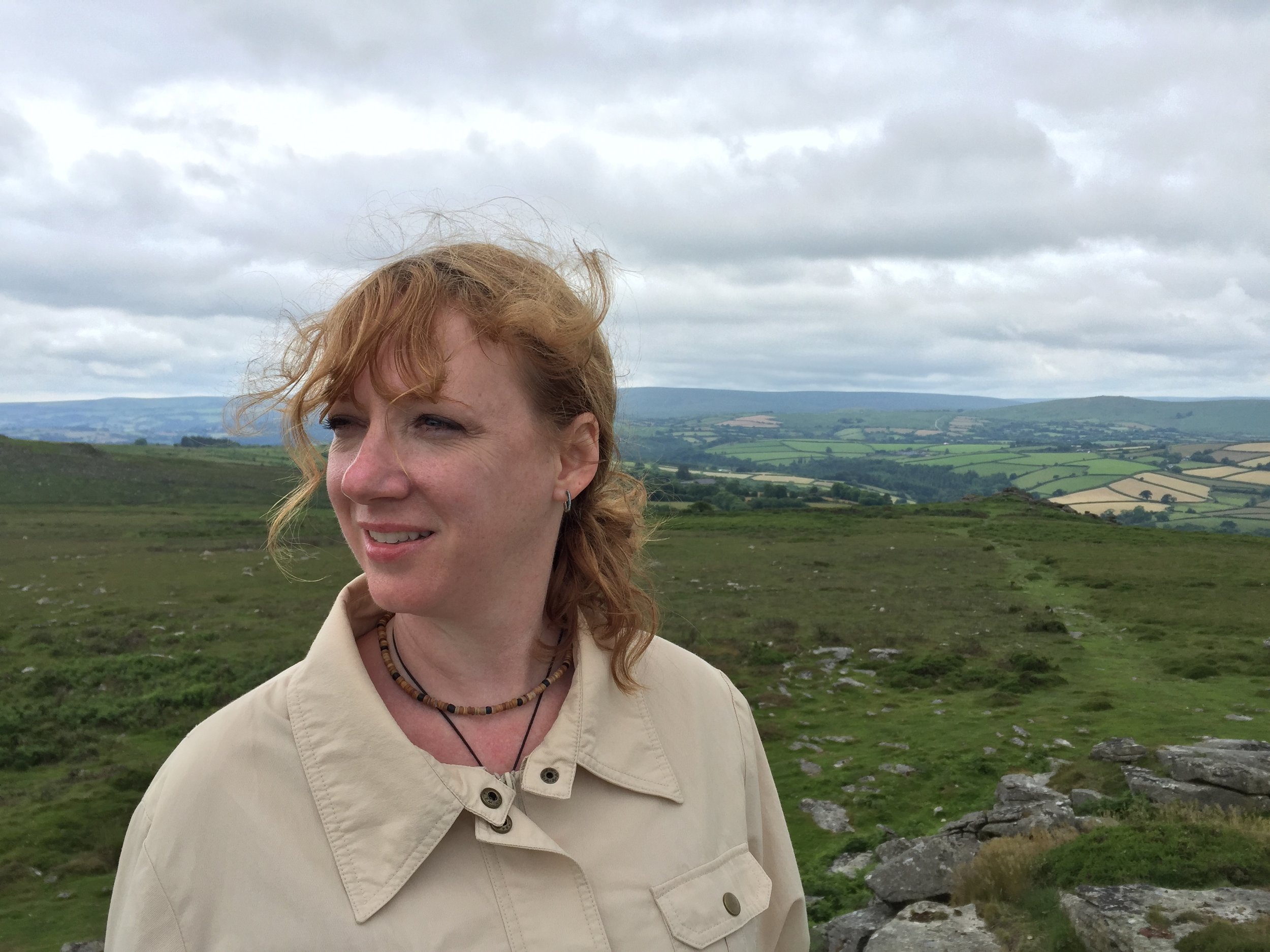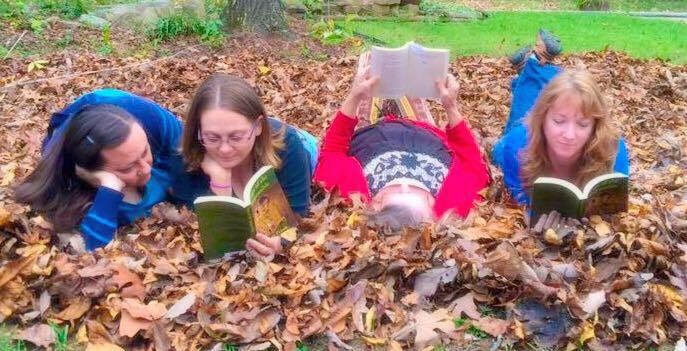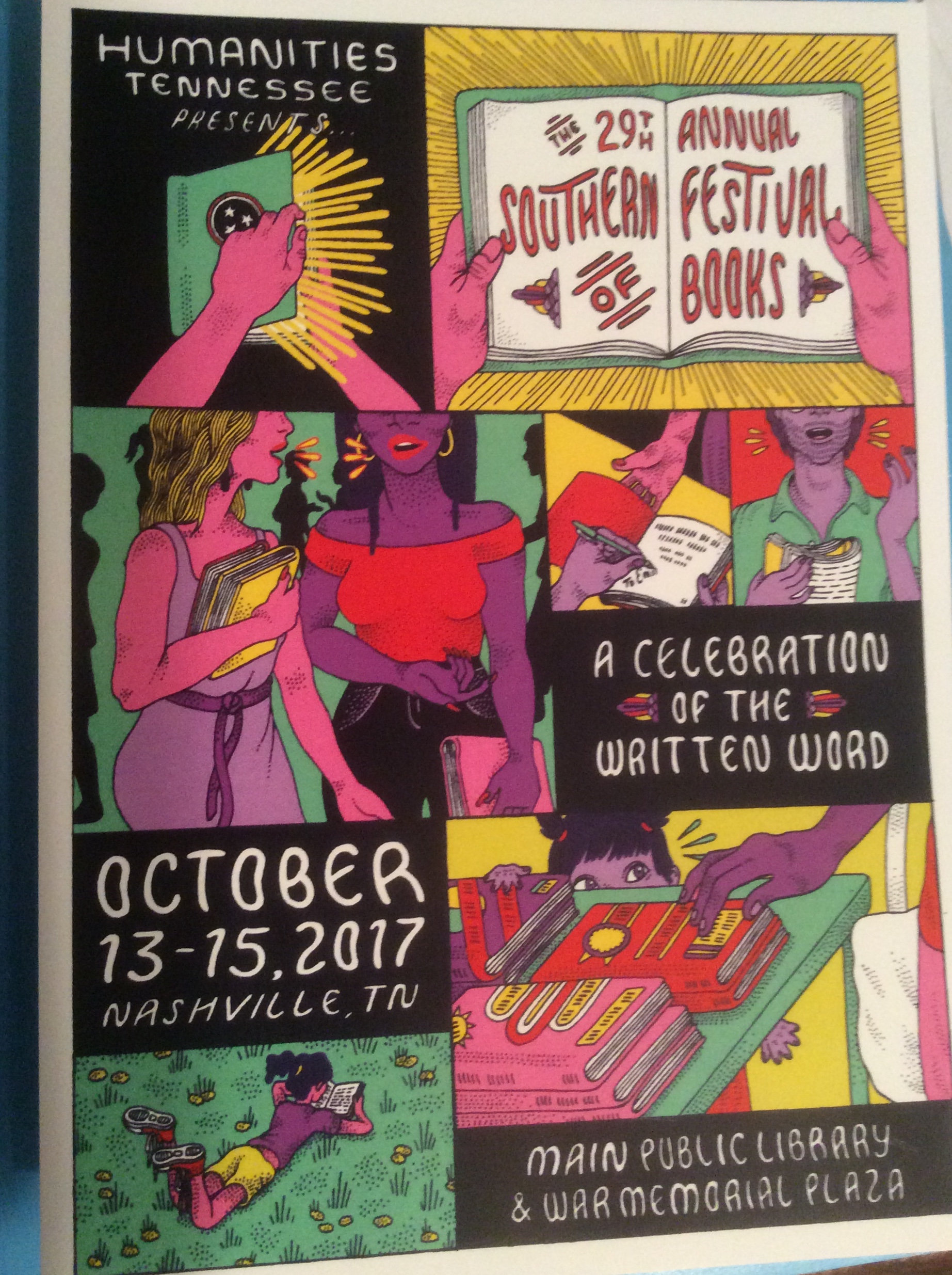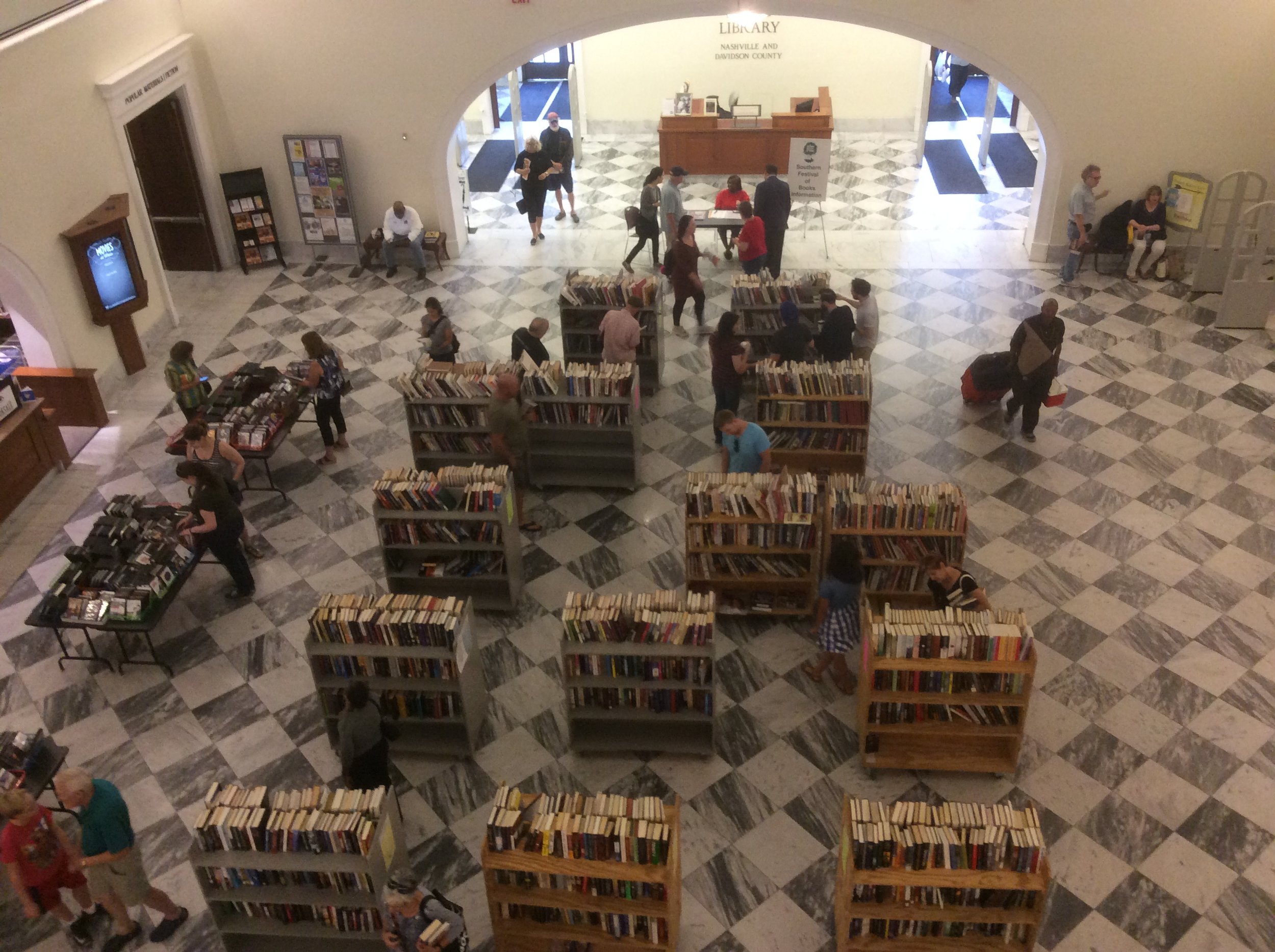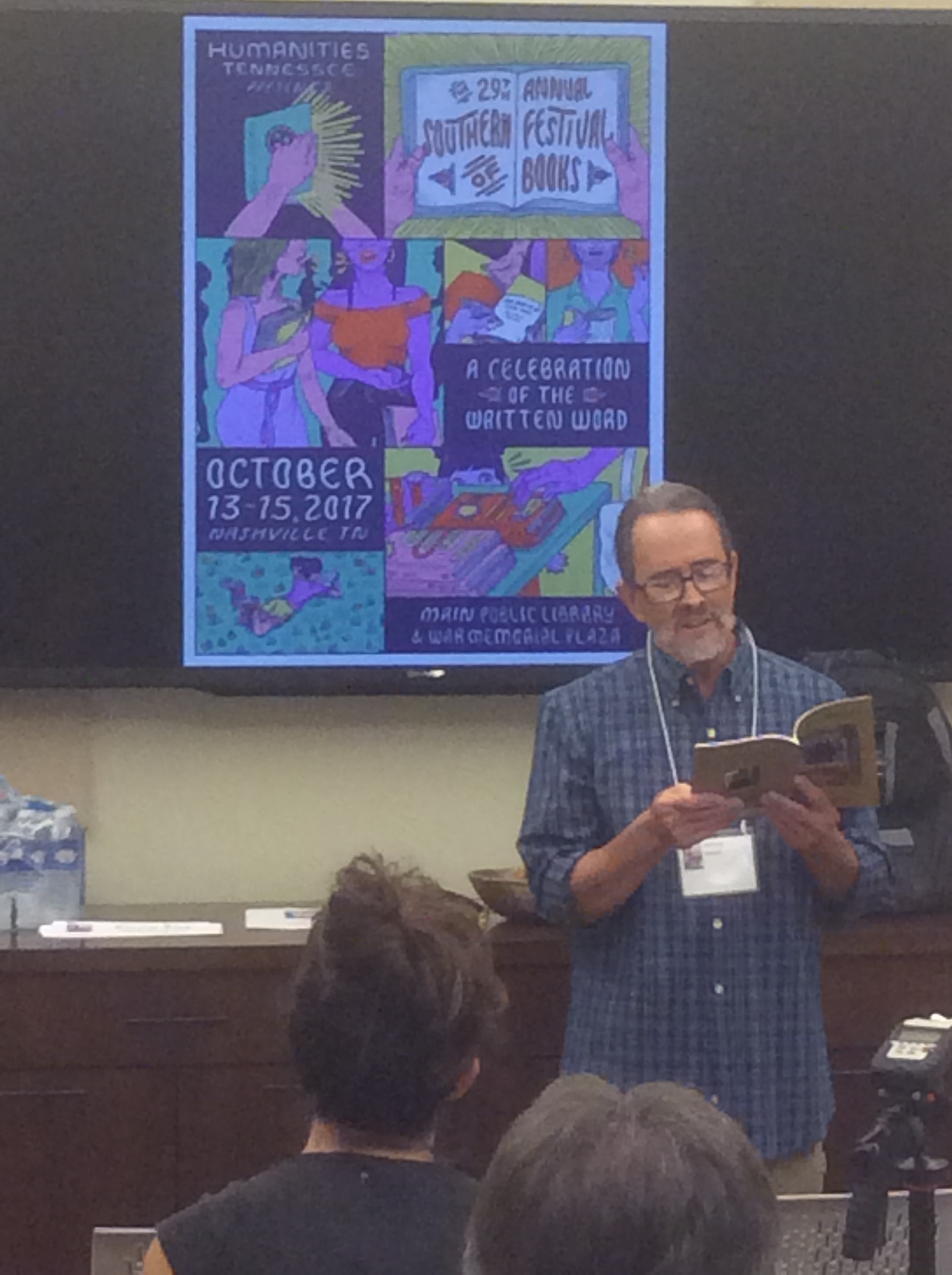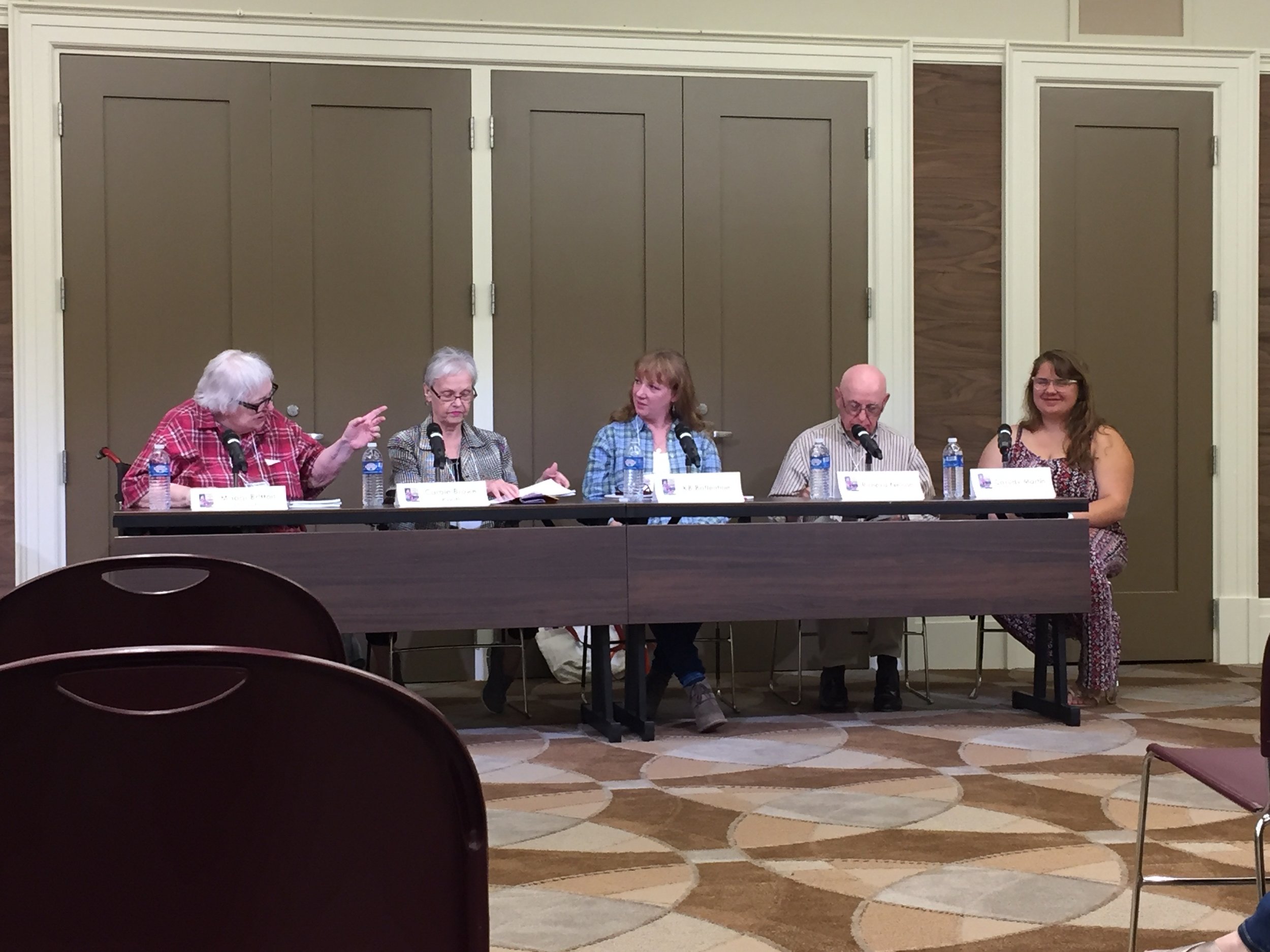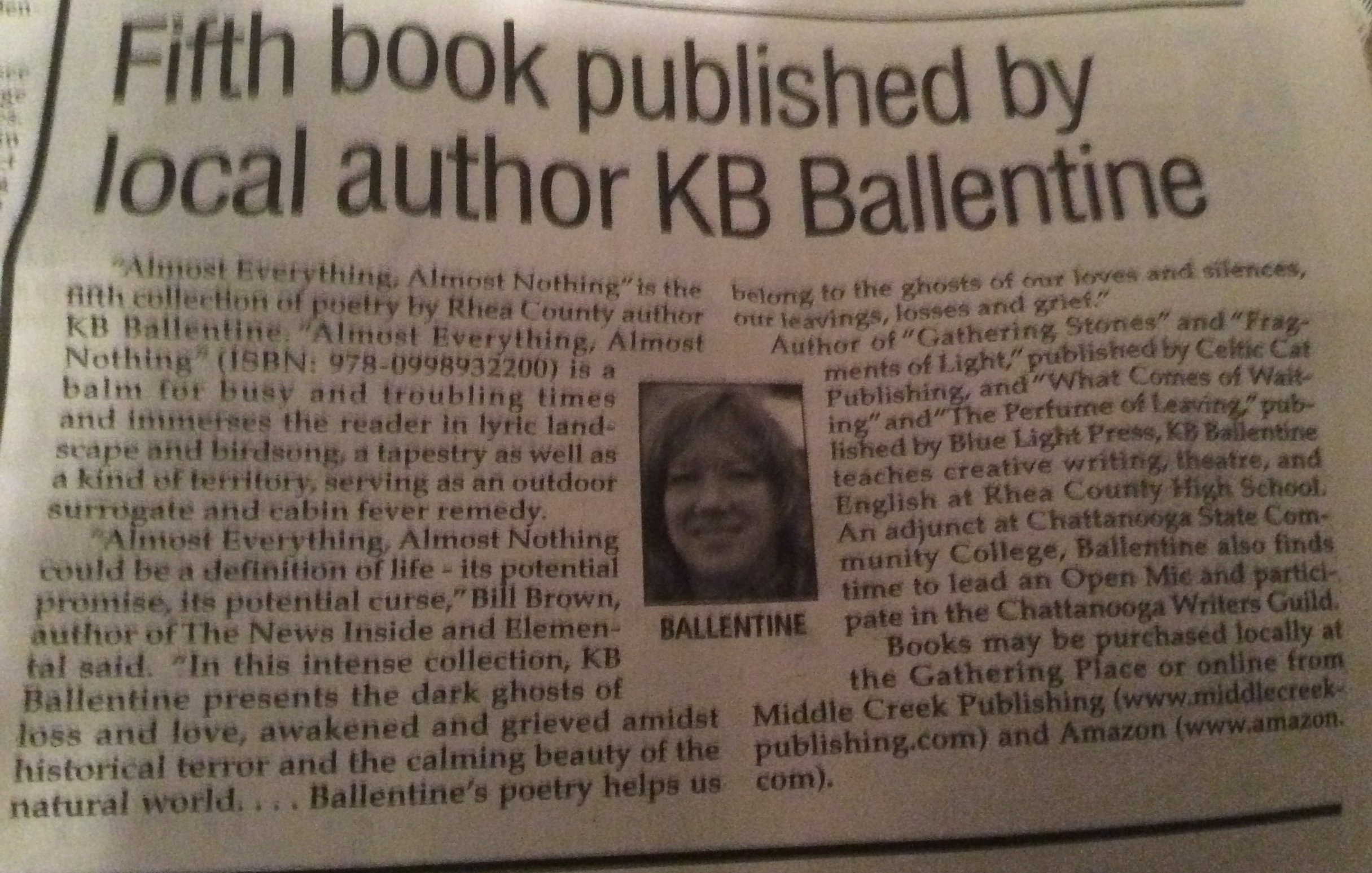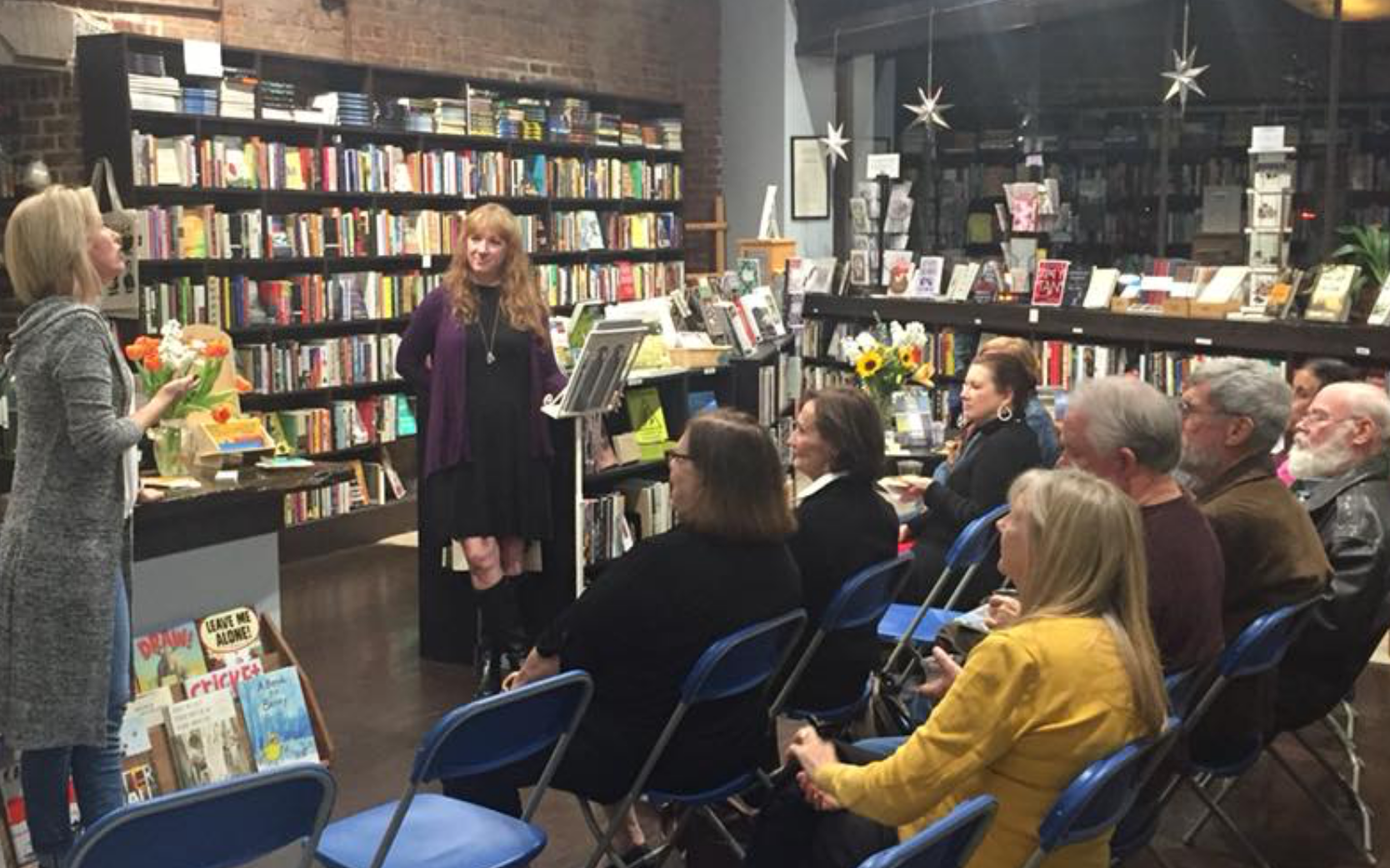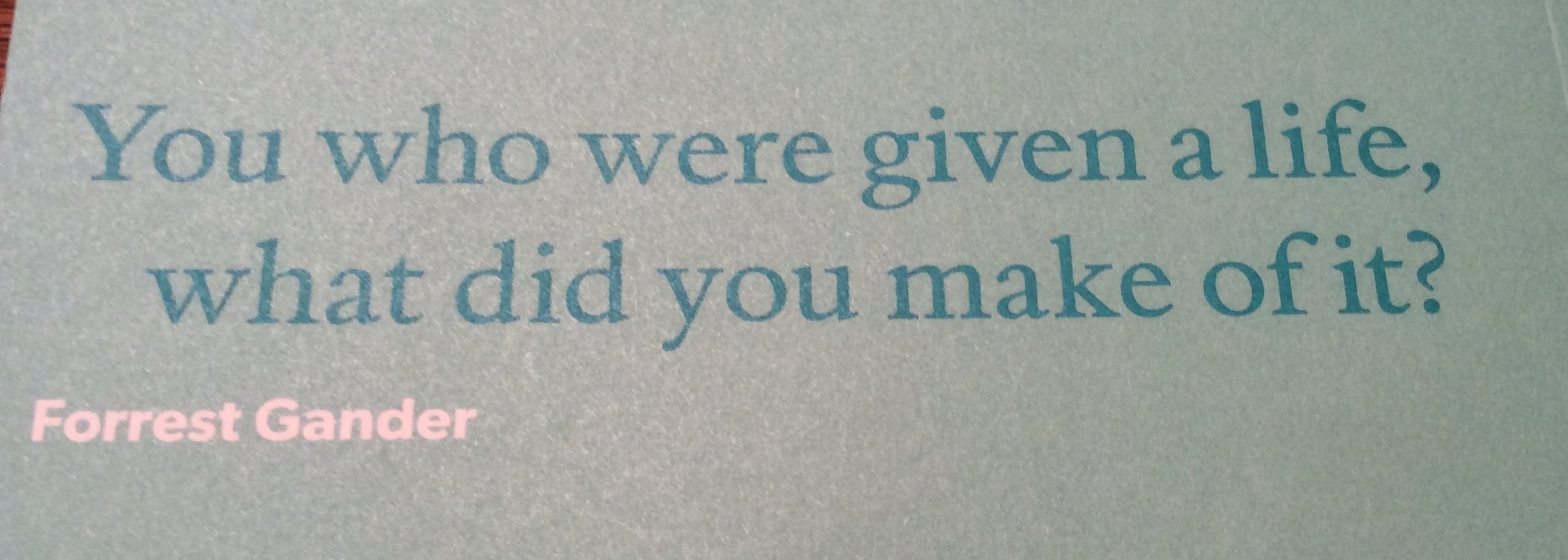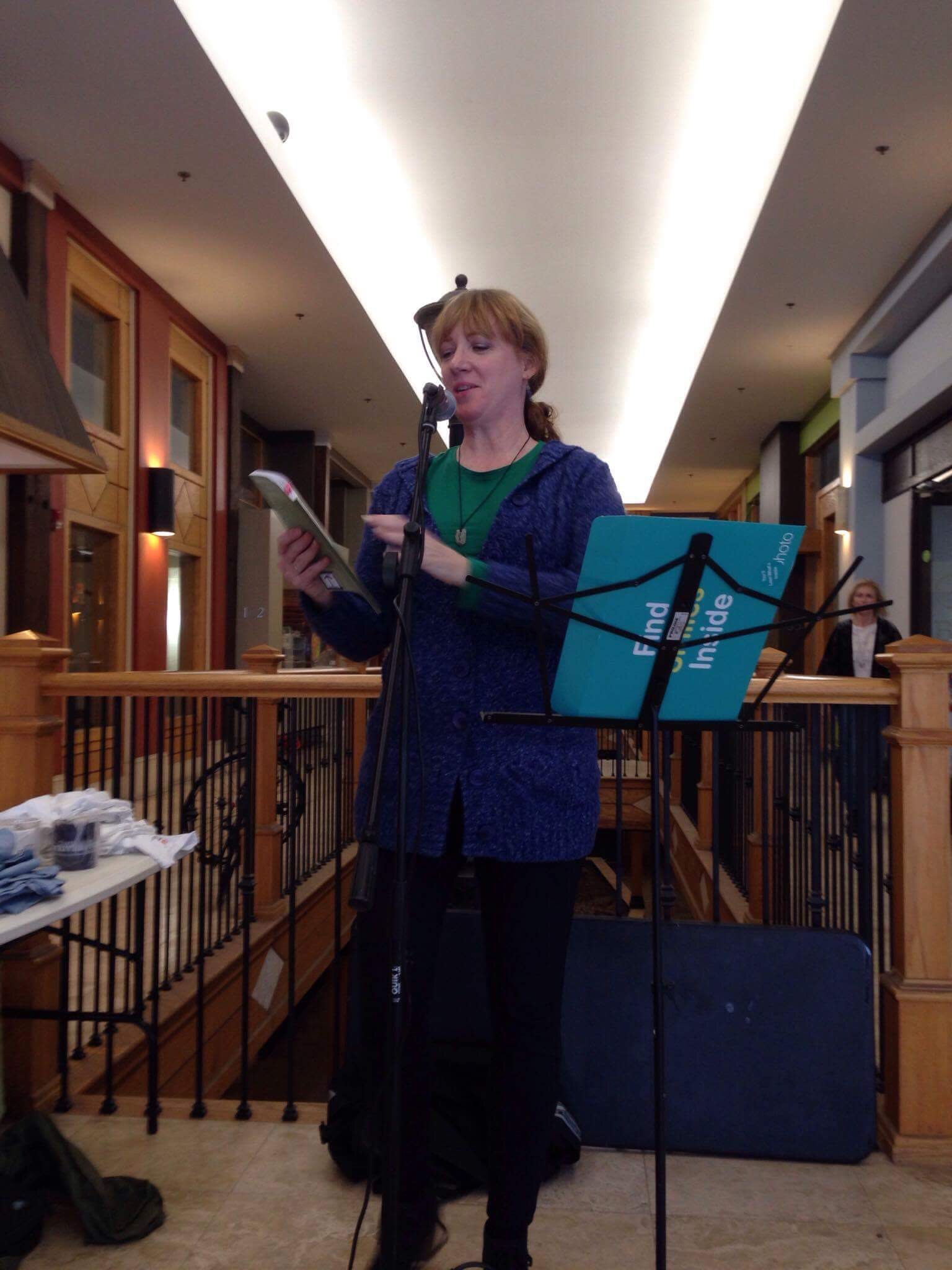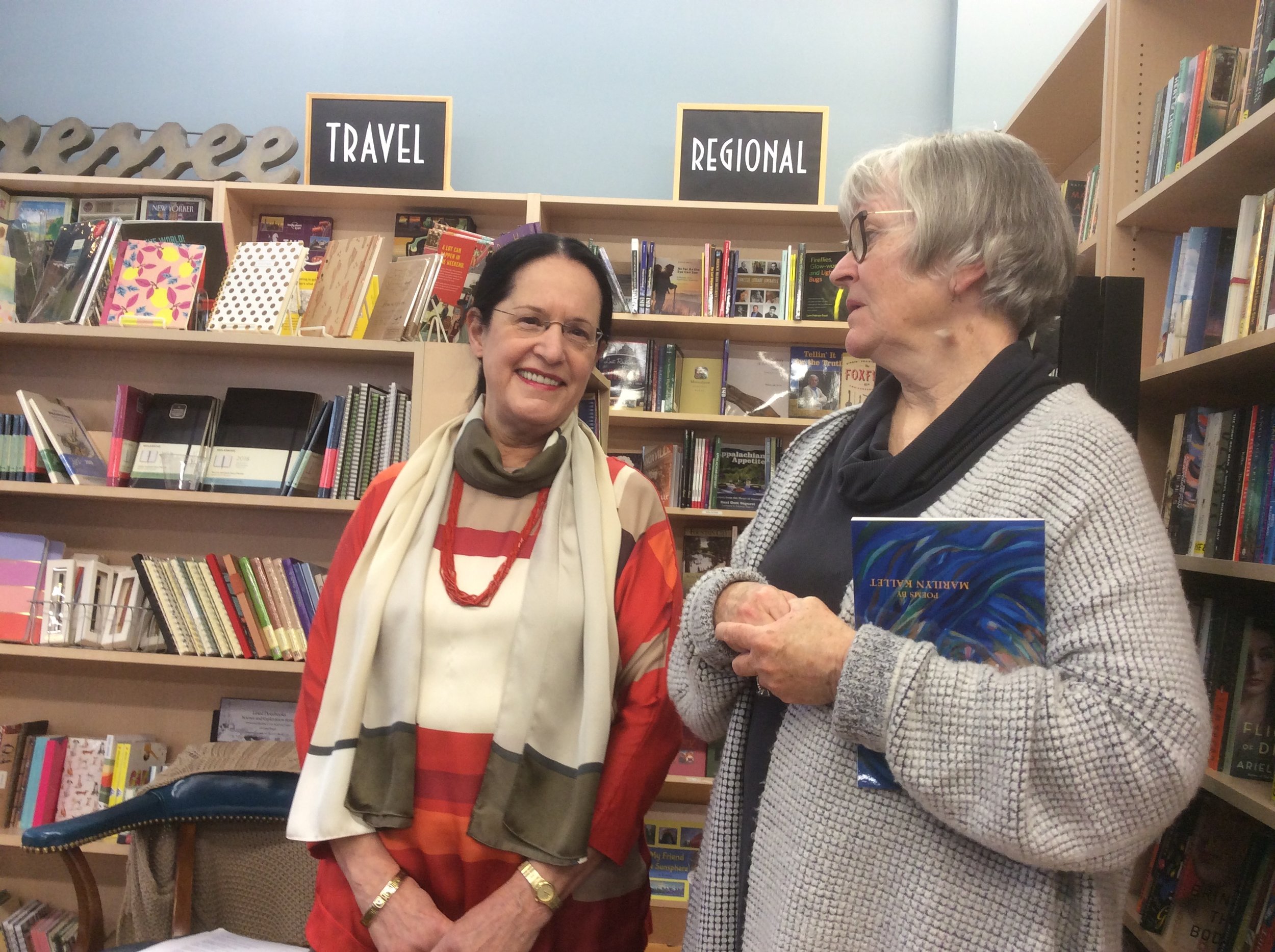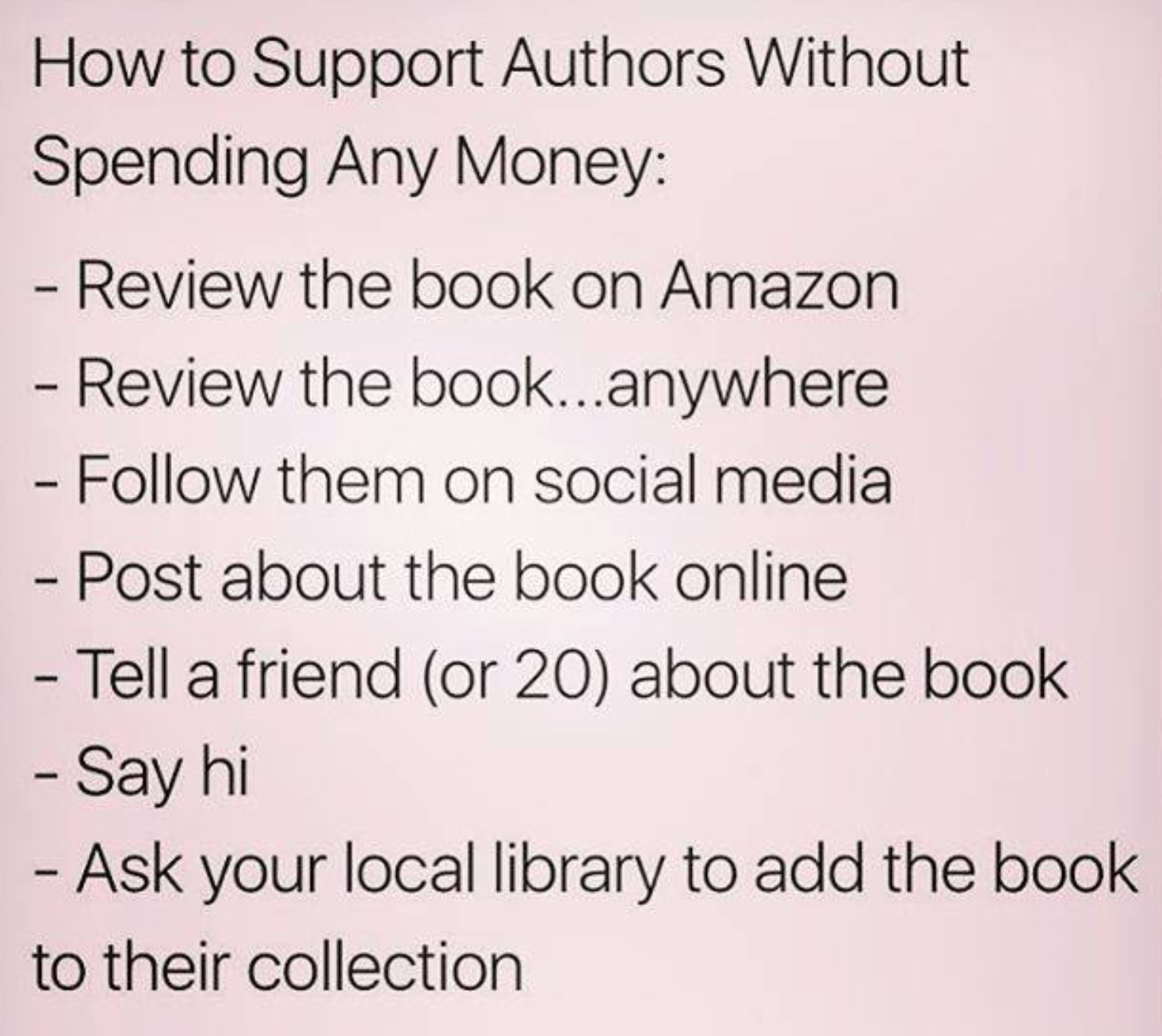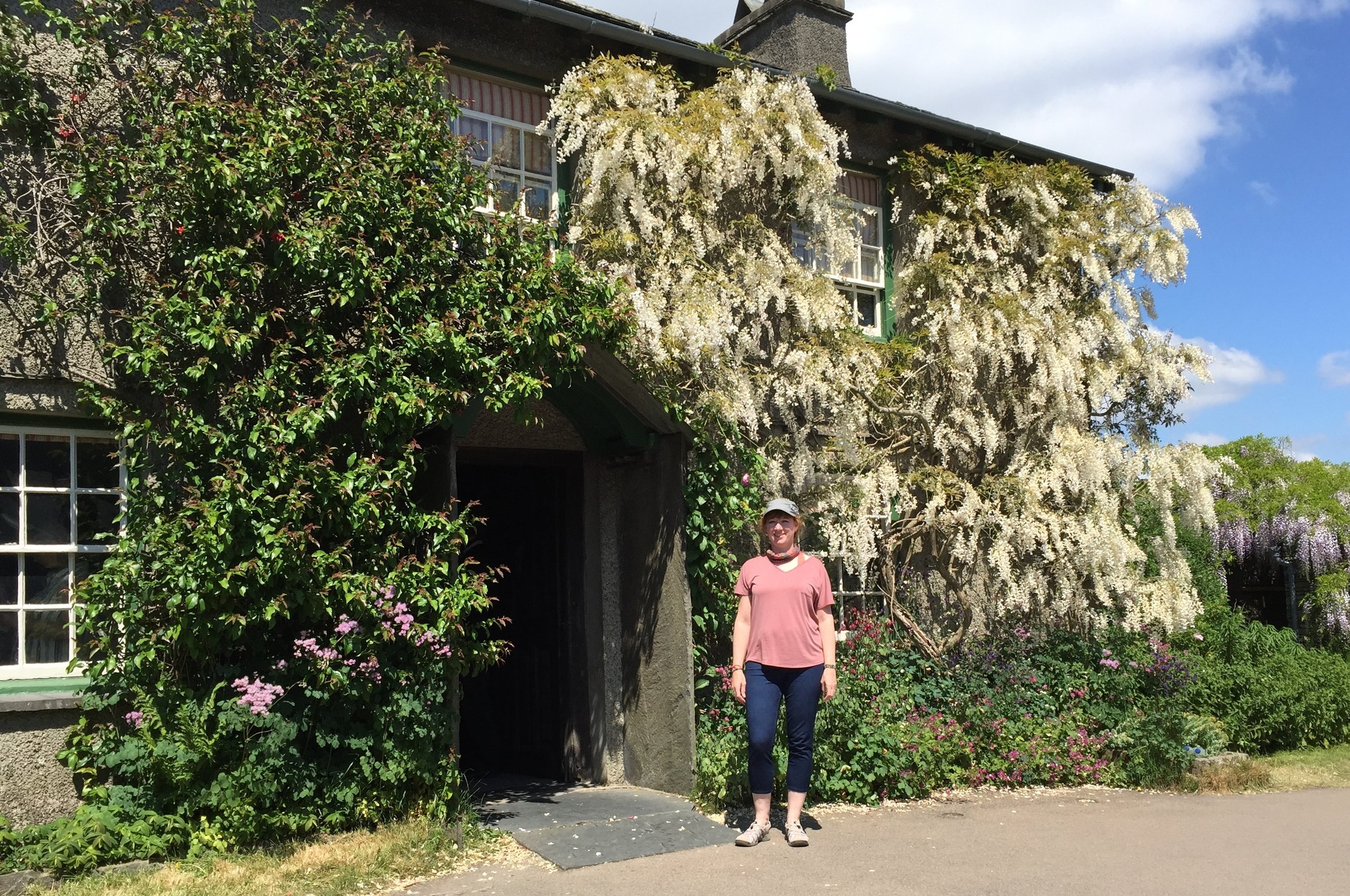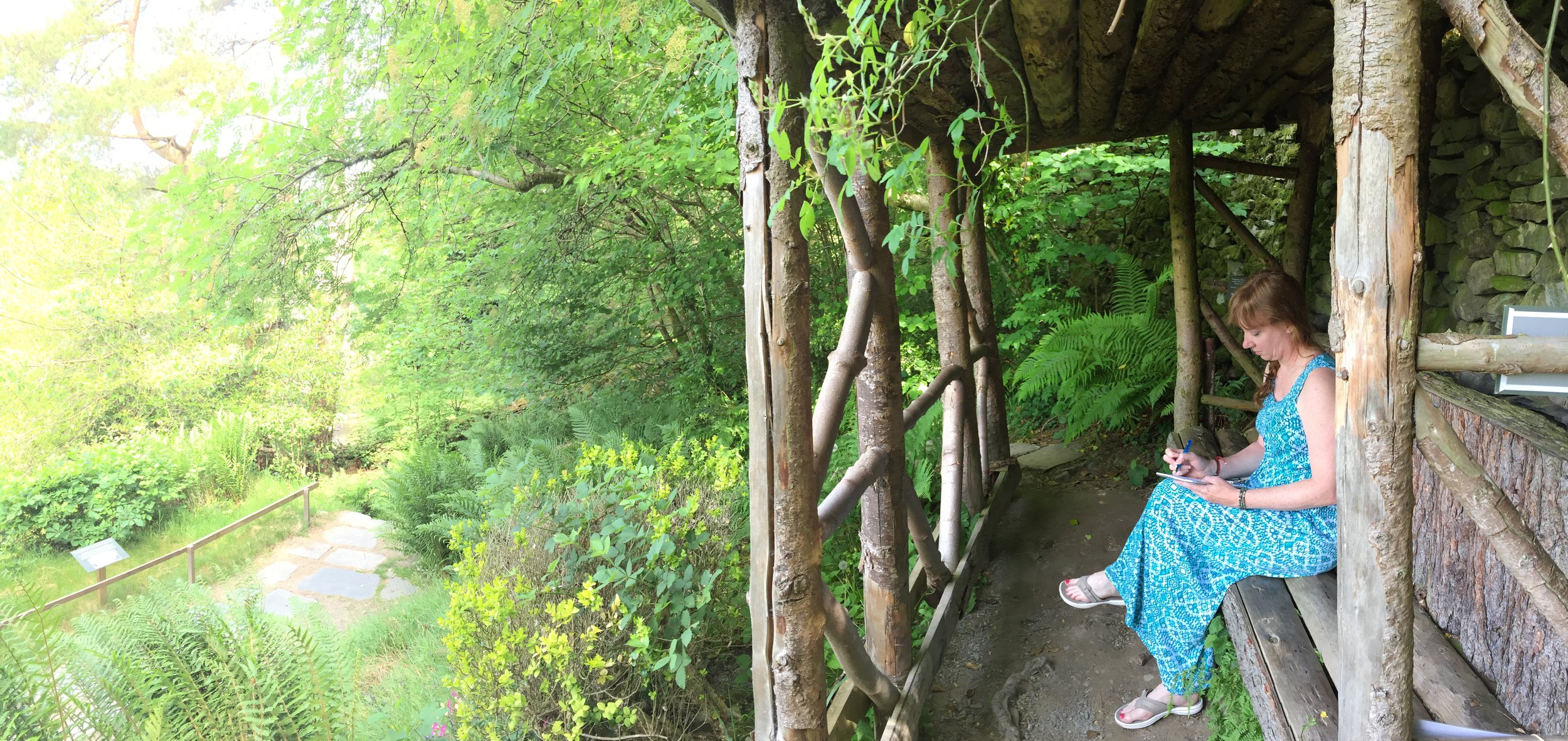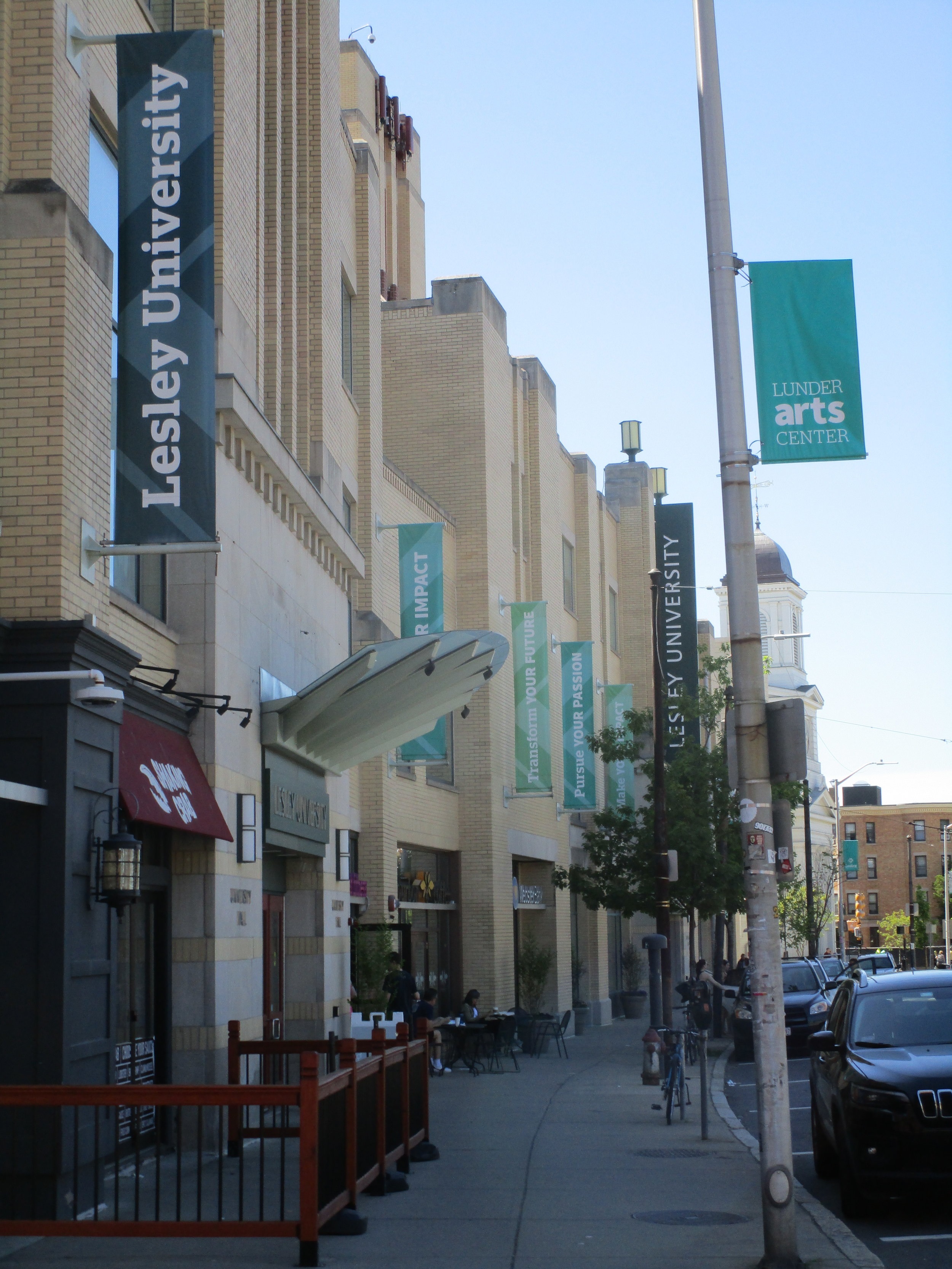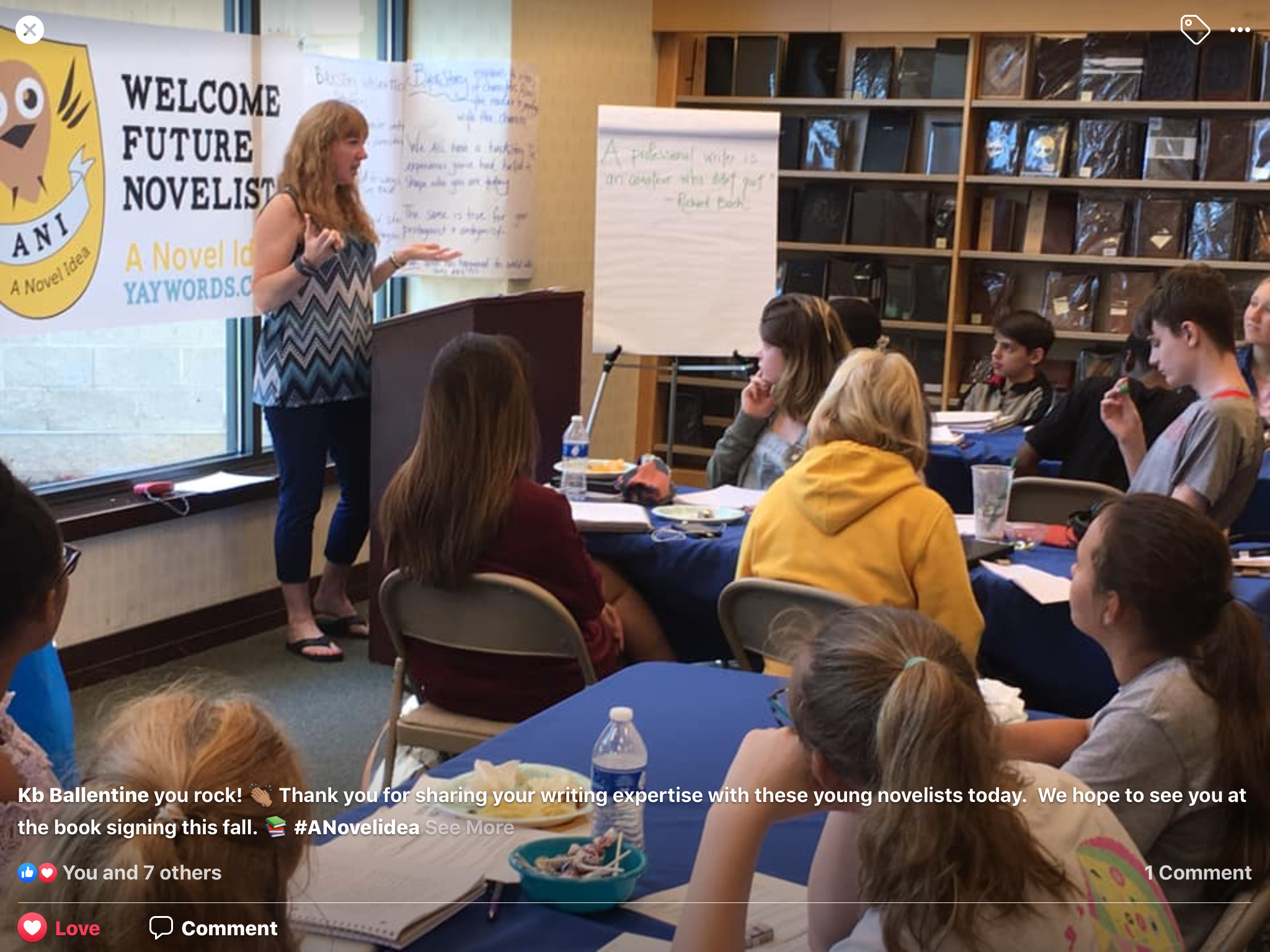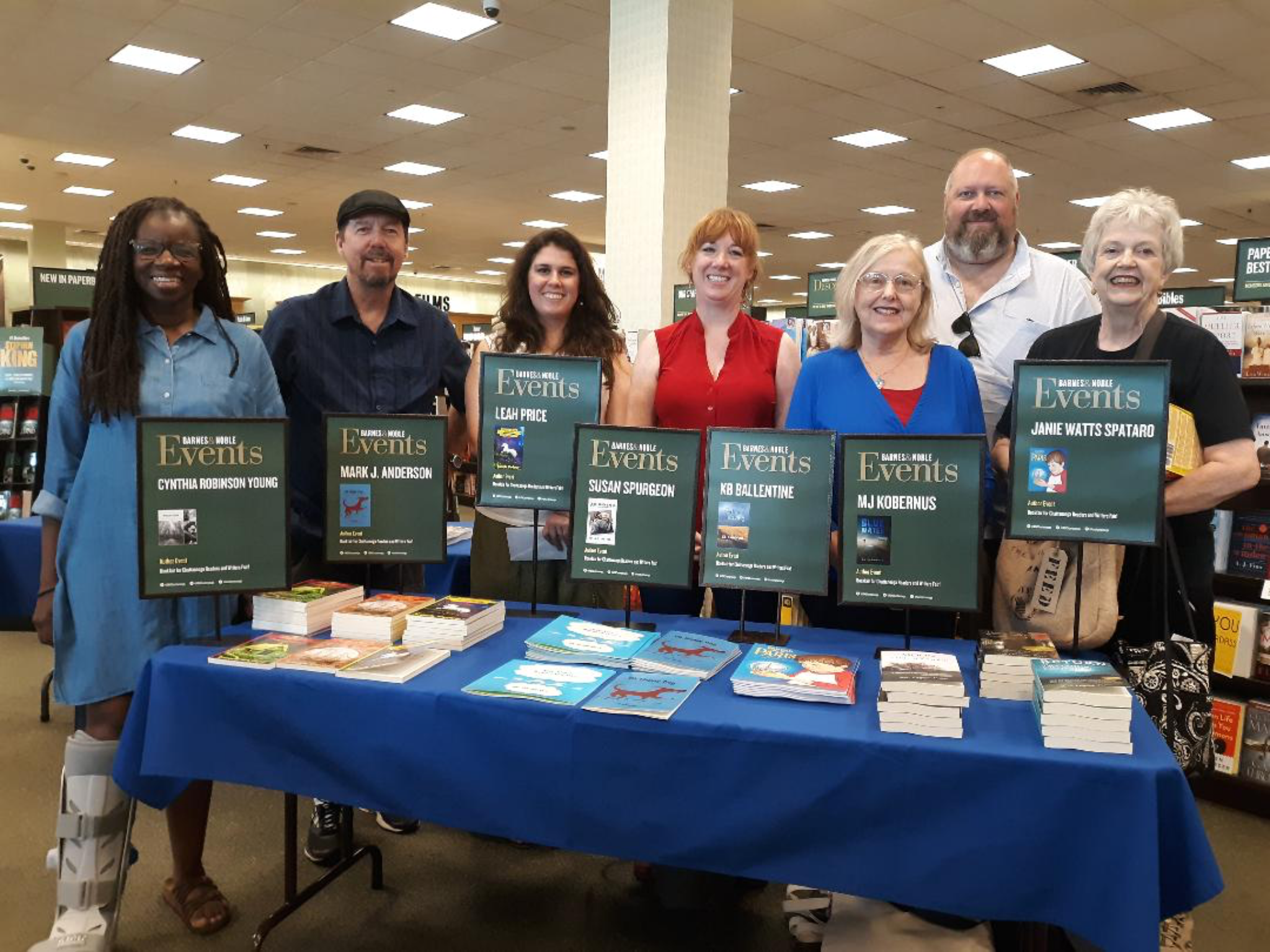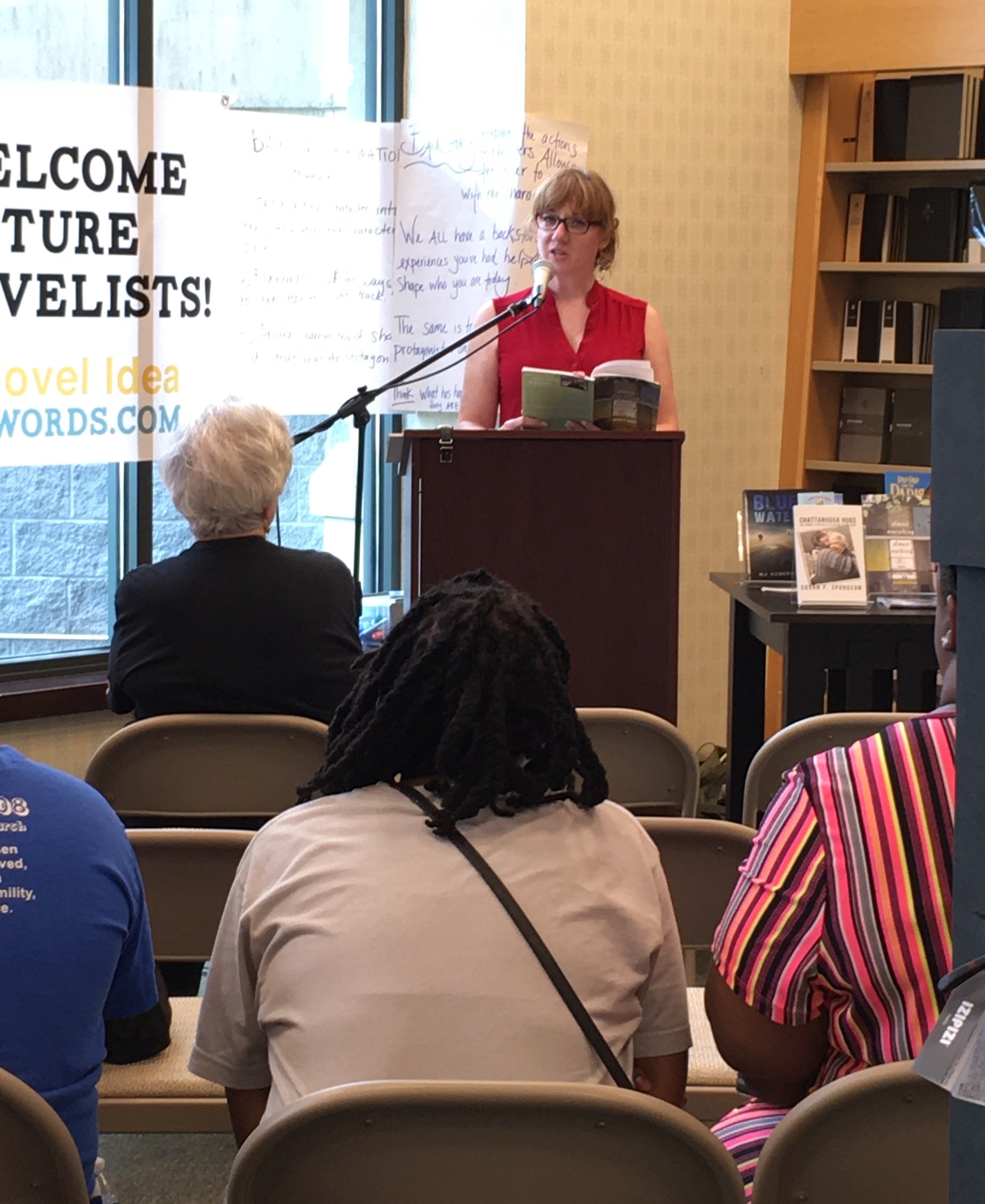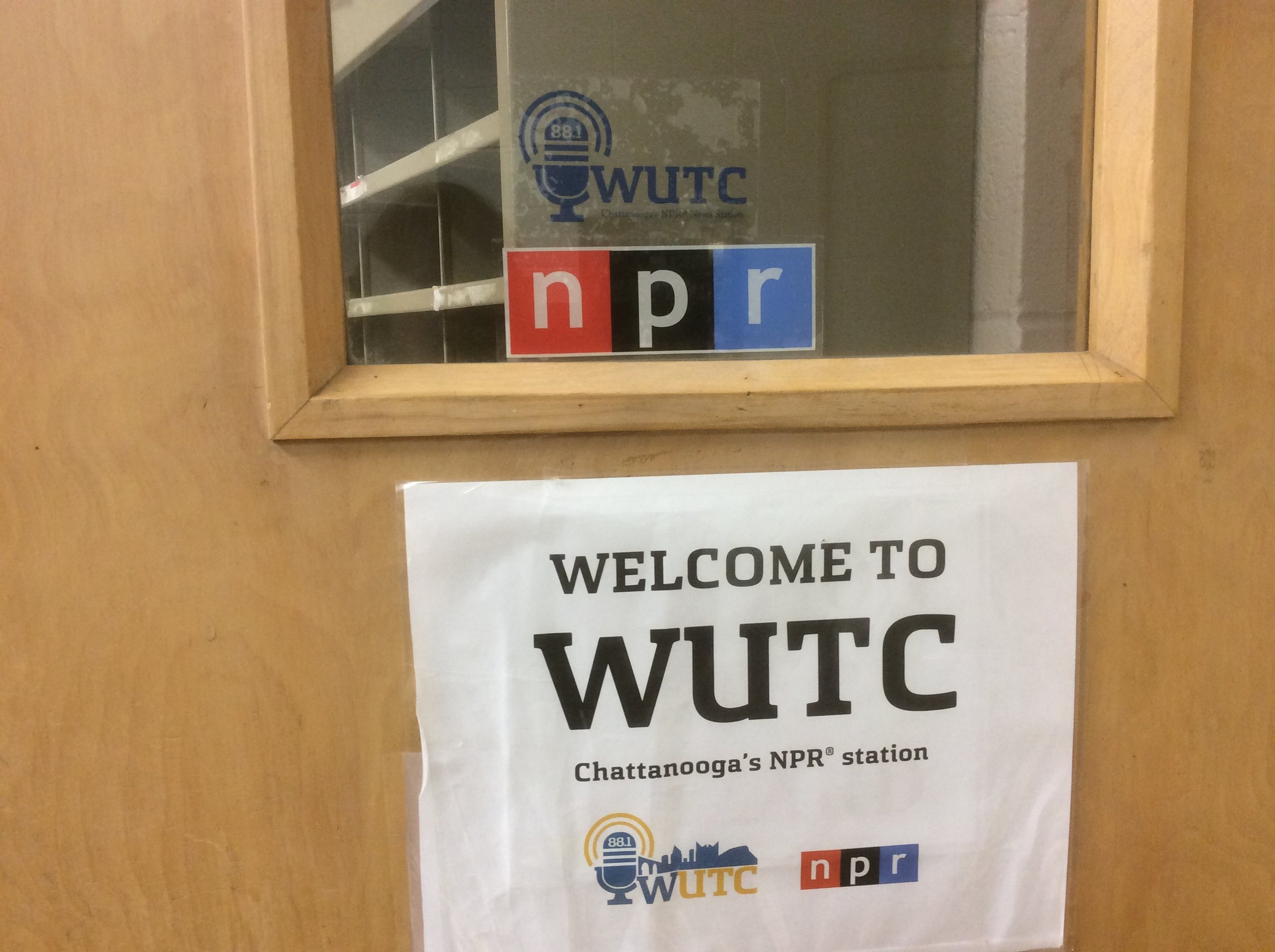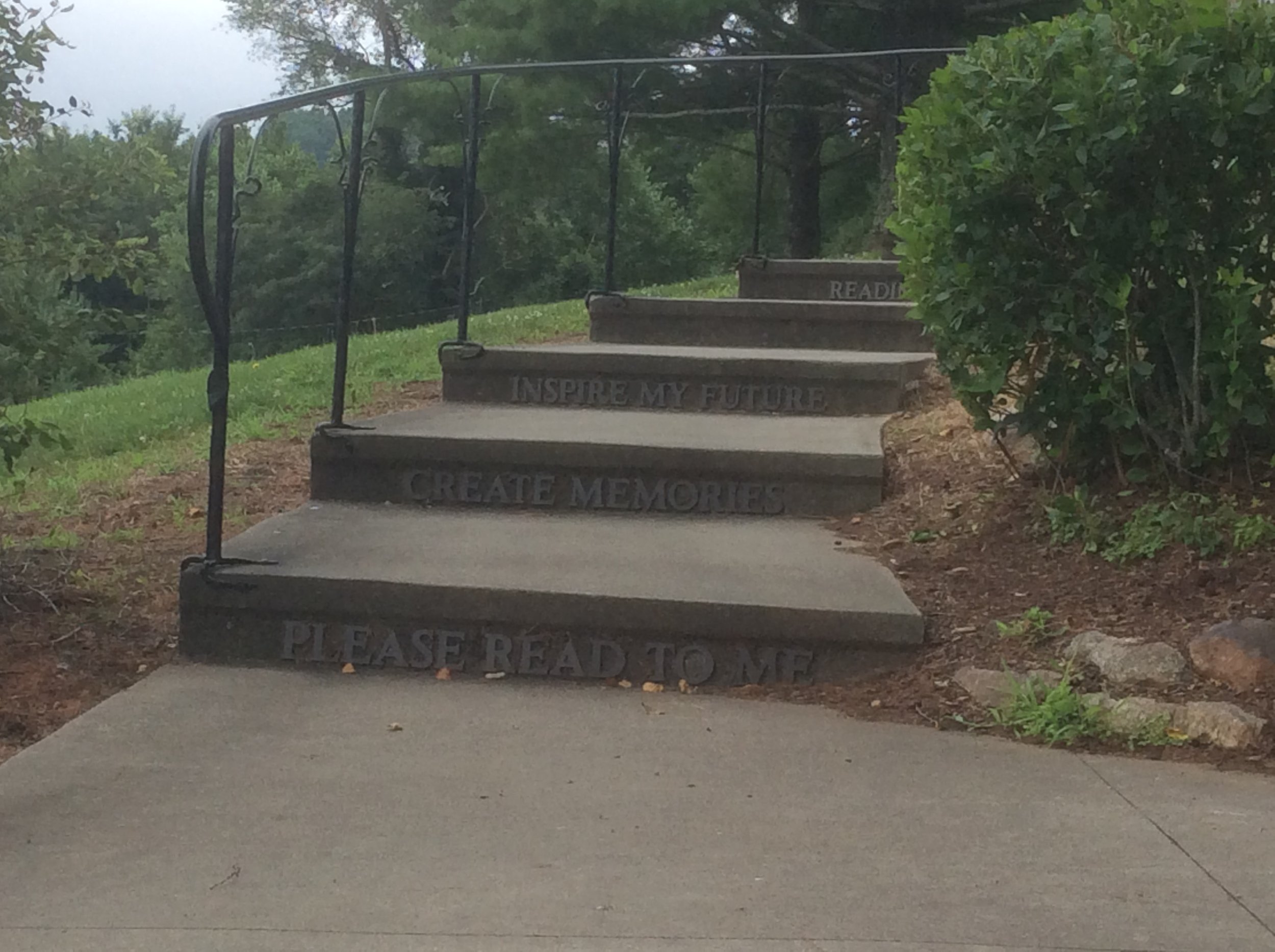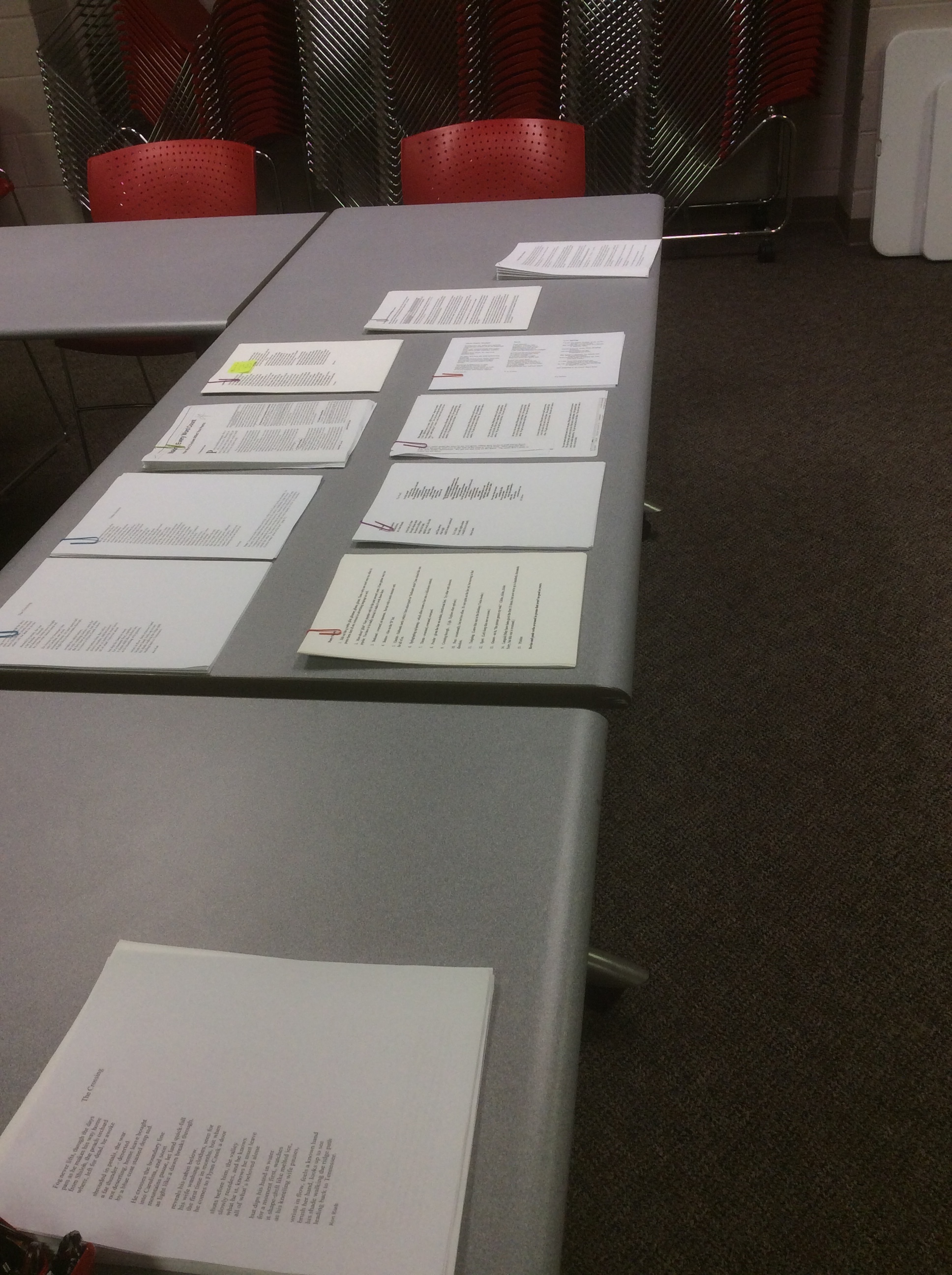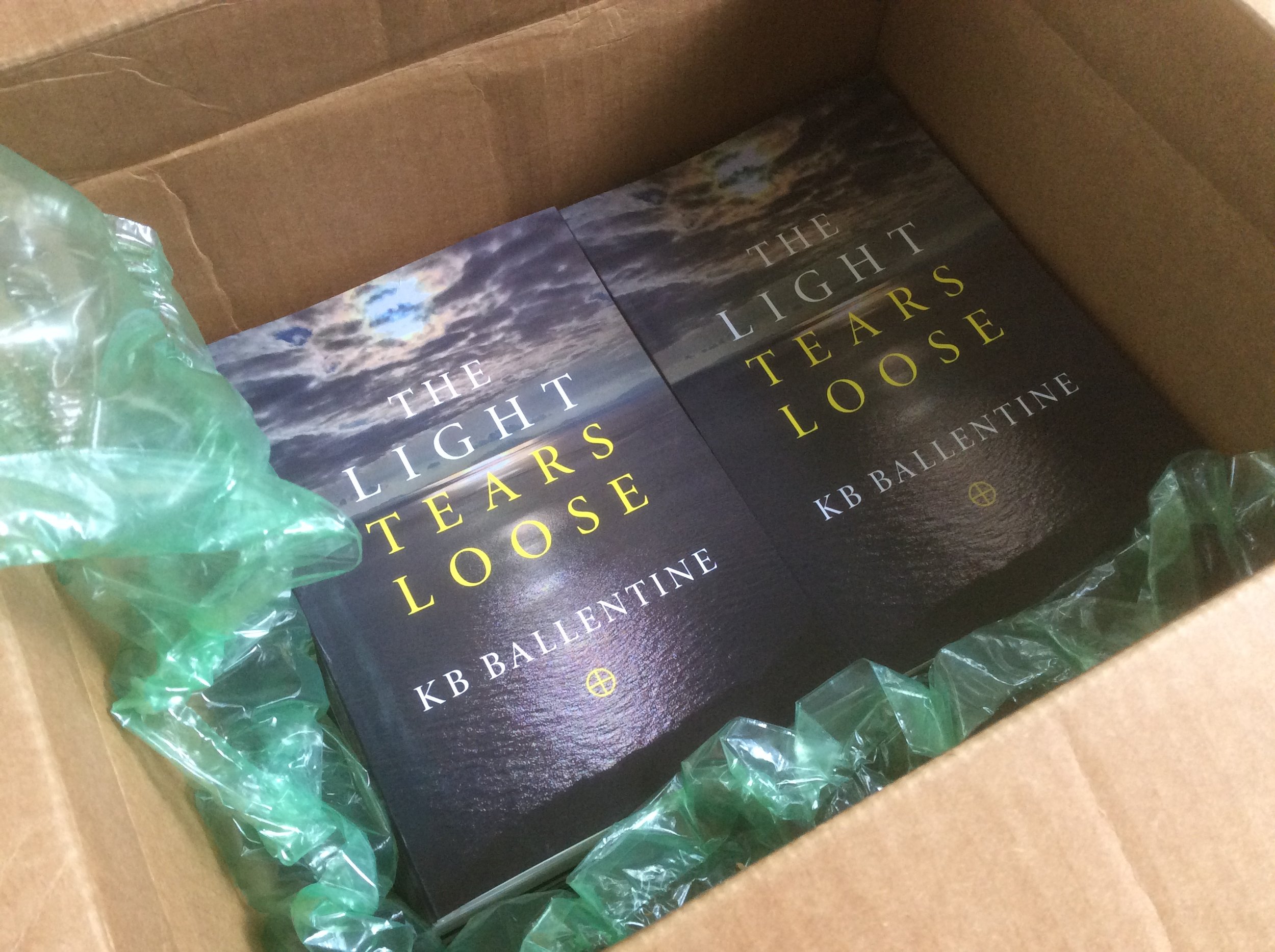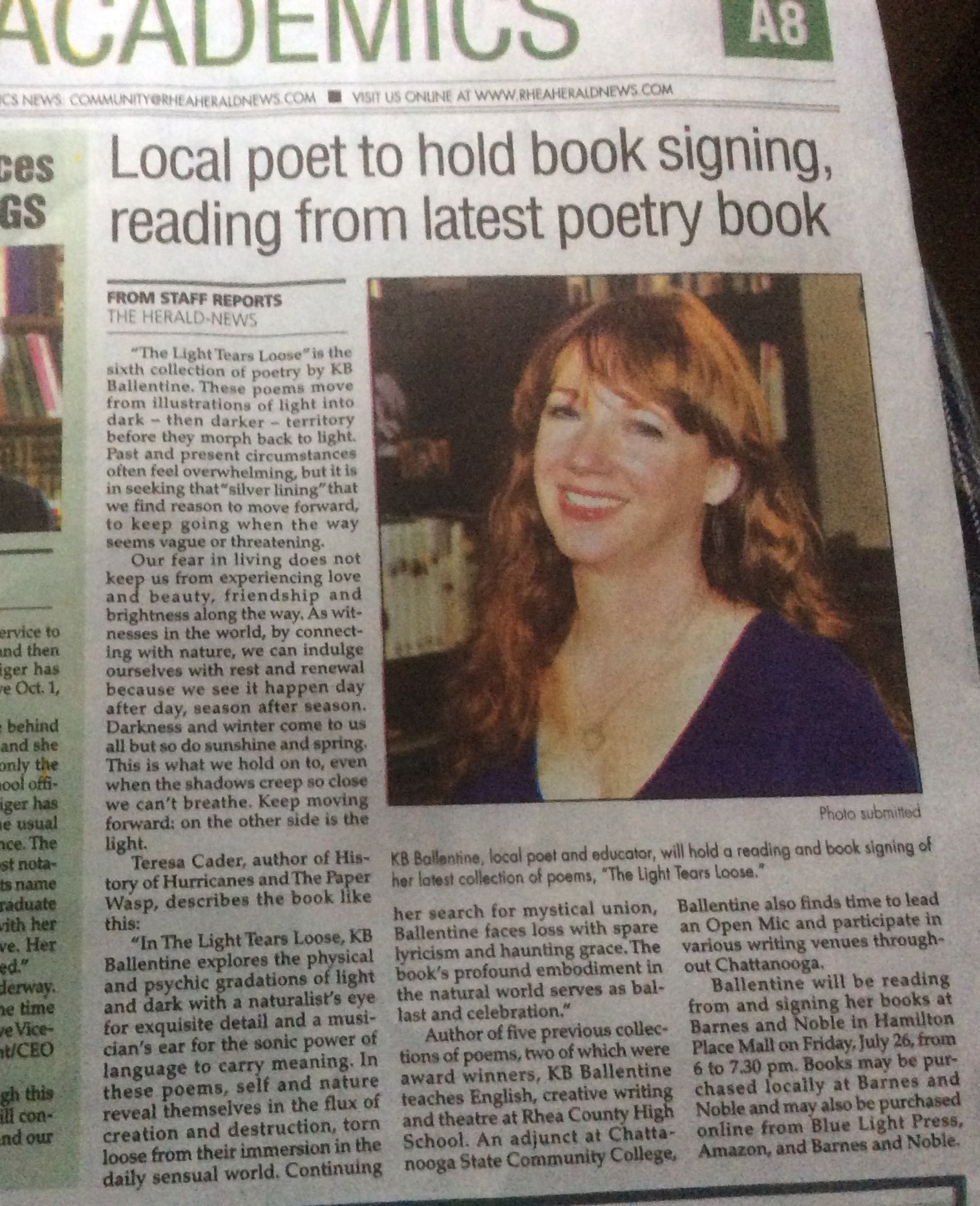Remember:
There is a luxury in looking back at a journey completed. We begin something because we intend to finish it, and it is the journey that carries more weight than how we start or when we end. The loss or change of relationships, health, and home finds us in denial and “fight mode” where acceptance and appreciation are often hard-won battles.
As the opening poem suggests, this collection is a meditation against forgetting those moments we tend to throw away — lonely, angry, ugly, grief-filled moments we would rather forget. But these are exactly the situations that make us who we are and should be valued even after we make it through the difficult times: especially when we make it all the way through.
Praise for All the Way Through:
KB Ballentine has gathered another outstanding collection of poems, and if you are anew reader to her work something special awaits you in these pages. All the Way Through takes up Robert Frost’s wisdom, “the best way out is always through,” and applies it to the pain and beauty we find everywhere around us, from Arkansas to Kabul to the sandy beach. Though there is much grief to confront, these poems sing their way out of despair and through into hope. In “The Lost Heart,” one of the most splendid lyrics in the book, the speaker is lifted by birdsong into a state of profound understanding: “Each tree branch frosted, / the choir of evening descends / into silence…. / Maybe our loss is the miracle.” Ballentine offers nature as our bounty, summer as our season of salt, and love as the redemption for the many losses we all must endure. The words of these poems serve as balm and comfort, and they are fine companions for the road ahead.
—Jesse Graves, author of Merciful Days and Tennessee Landscape with Blighted Pine
In her exquisite collection All the Way Through, KB Ballentine captures the profound beauty and raw emotion of the human experience. This masterful anthology of poems navigates through themes of love, loss, resilience, and the transcendent beauty of nature. Ballentine’s words are a delicate dance between light and shadow, inviting readers to explore the depths of their own hearts. From the haunting echoes in “Grief” where a doe’s silent departure mirrors the pain of a loved one's passing to the serene reflections in “The Space Between Us” that mourn the passage of time and seasons, each poem in this collection is a testament to Ballentine’s ability to evoke deep emotional resonance. Her vivid imagery and lyrical grace, as seen in poems like “Unlock the Door” and “The Lost Heart,” paint landscapes of both outer and inner worlds with a keen eye for detail and a tender touch. All the Way Through is a sanctuary of solace and inspiration, offering a refuge in the beauty of Ballentine’s contemplative verses. Her keen observations, such as in “Weight of the Soul” and “Mending,” reveal a profound understanding of the cycles of life and nature, making this collection not just a read but an experience to be savored and revisited.
This collection is a luminous testament to KB Ballentine’s extraordinary talent, inviting readers to pause, reflect, and find comfort in the shared journey through the intricate tapestry of life. All the Way Through is a must-read for anyone seeking to find meaning and magic in the written word.
—Glenn Lyvers; Masthead, Prolific Press
At first glance, the reader notices KB Ballentine’s marvelous command of natural details, images of nature: “Mimosas’ woolly blossoms / brush across the rocks.” Reading more carefully, though, we see much more. Her real interest is in the interstices between objects, between people, emotions, even thoughts. These interstices in the porous fabric of our lives are the places where meeting takes place. If we find friends, companions, lovers, this is where we meet them; if we lose something or someone, this is where we lose them as well. Ballentine is the poet of those intimate spaces. In “The Space Between Us,” she navigates loss by exploring the moment when summer ends and autumn inevitably begins. From that space she declares: “It’s always September now — gannets harping the wind, / promise of winter in its chill.” There is a long history in modern poetry of juxtaposed images creating meaning and carrying us to places we hadn’t expected were there, but few poets achieve this with such ease and honesty. Because we recognize the images as real, they become part of our lives, just as they have for the poet who wrote them. She does not sentimentalize. Animals are animals; plants are plants; people are people, and the world is constantly bringing them into being and taking them away. All the Way Through is posed against these facts of the world, whether it considers Kabul or Arkansas, a kitten that is beyond rescue, or a family member lost too early. These poems do not tell us what to do or believe; they simply allow us to sit with them for a while in the felt interstices they create; they help us to understand.
—George Franklin, author of Remote Cities and What the Angel Saw, What the Saint Refused

